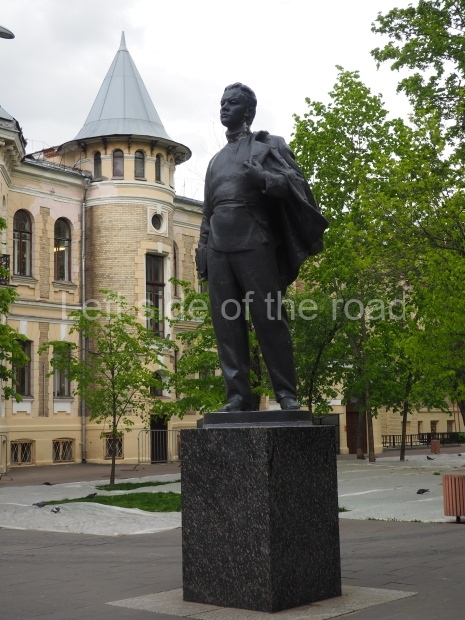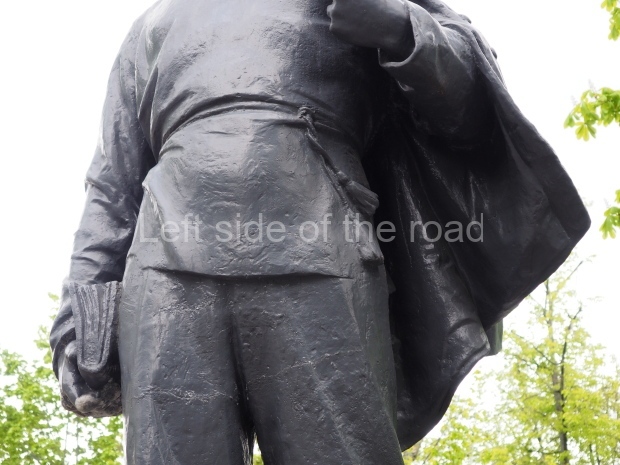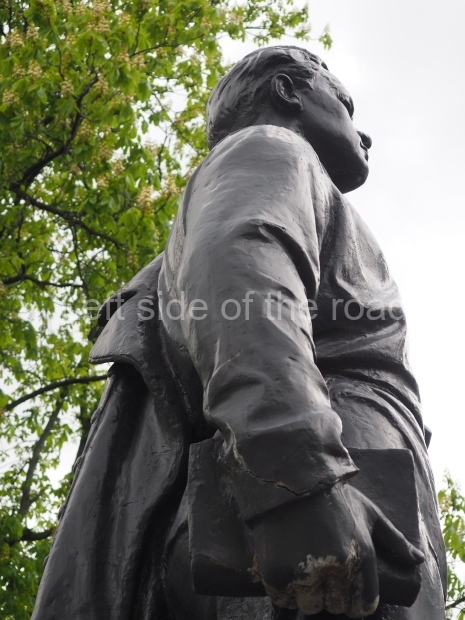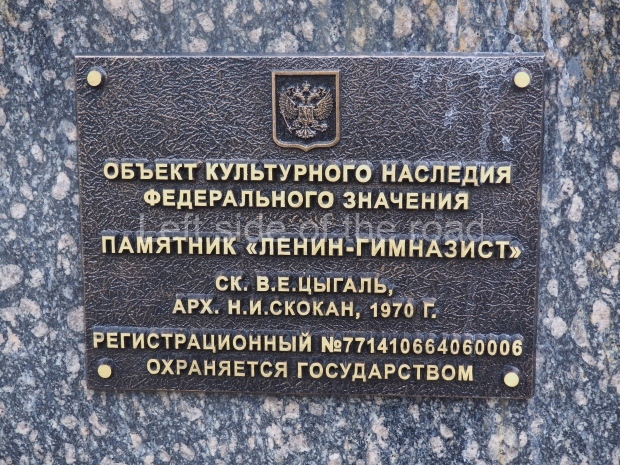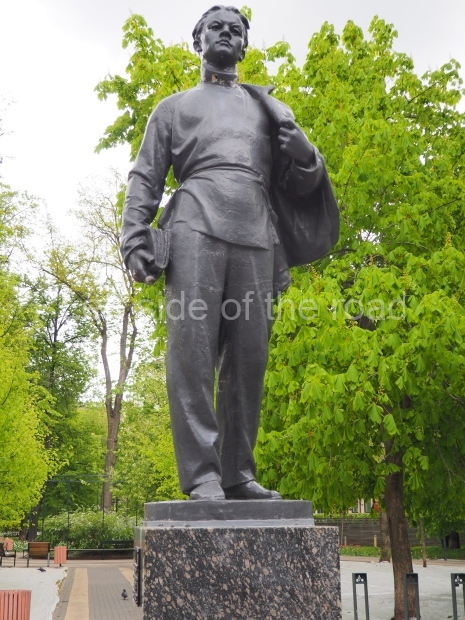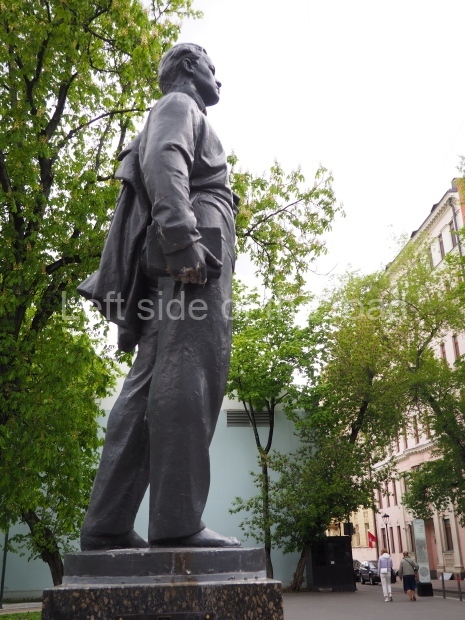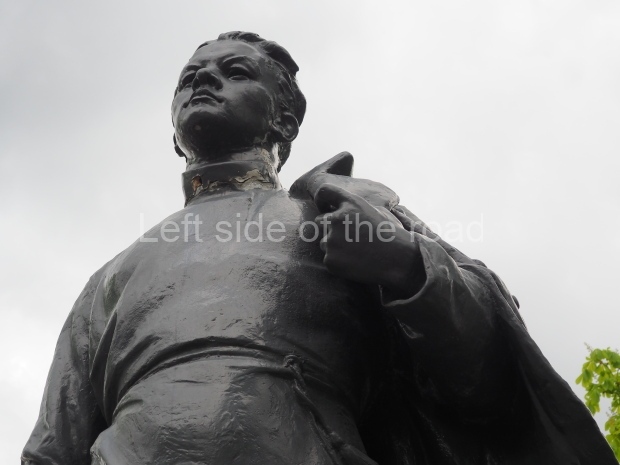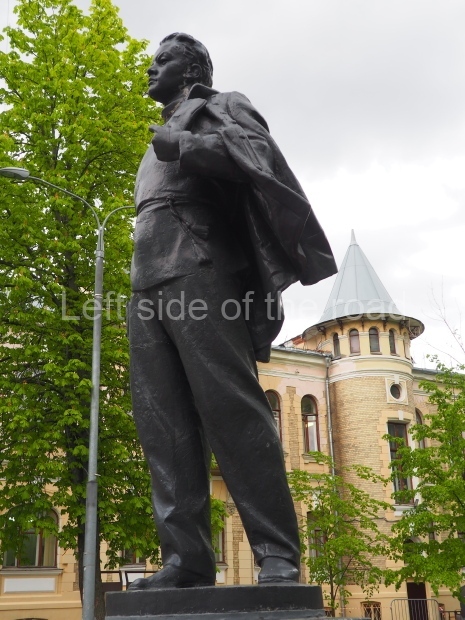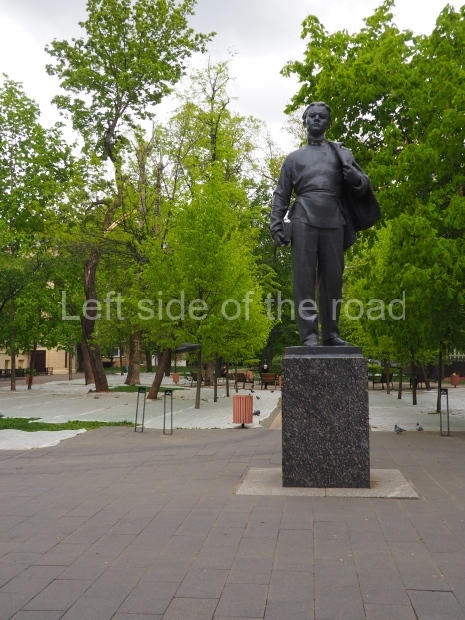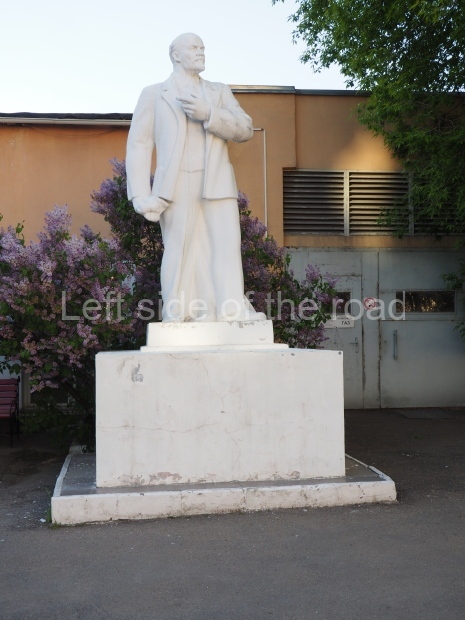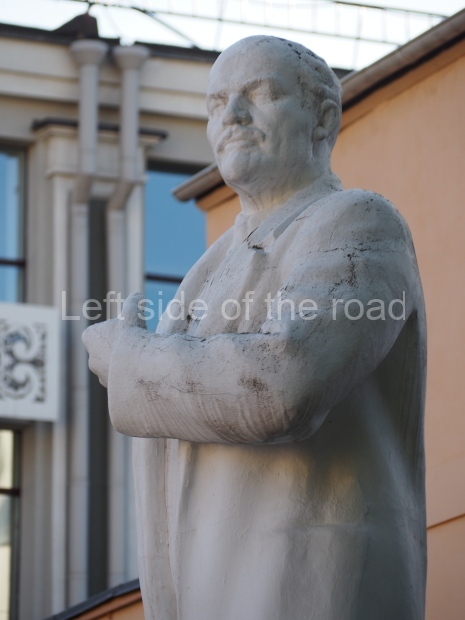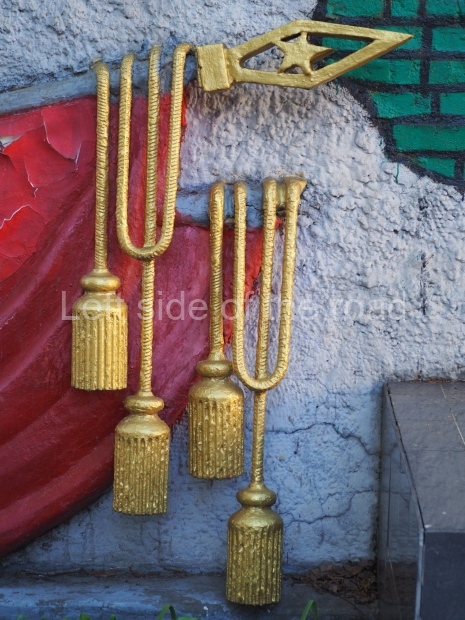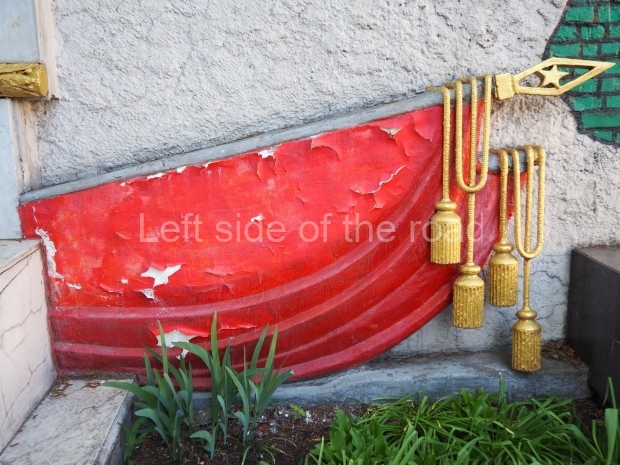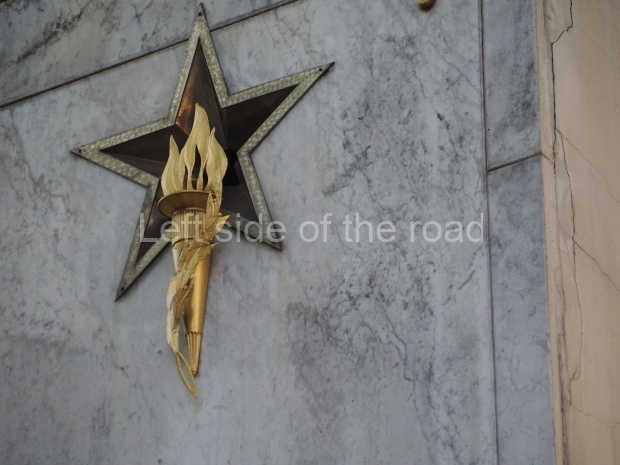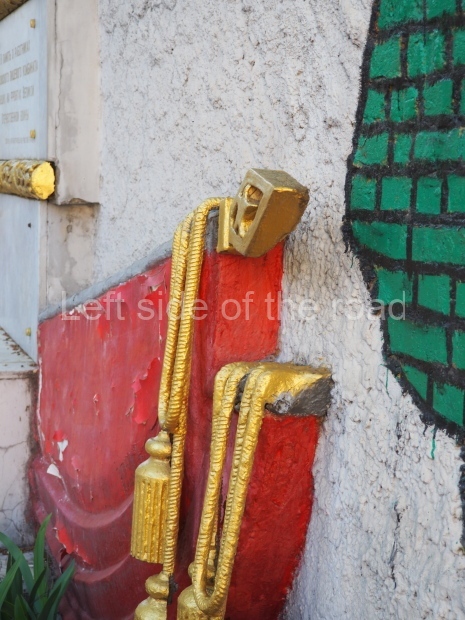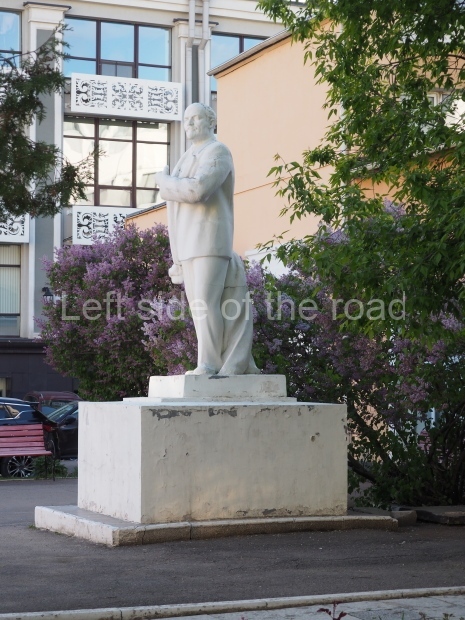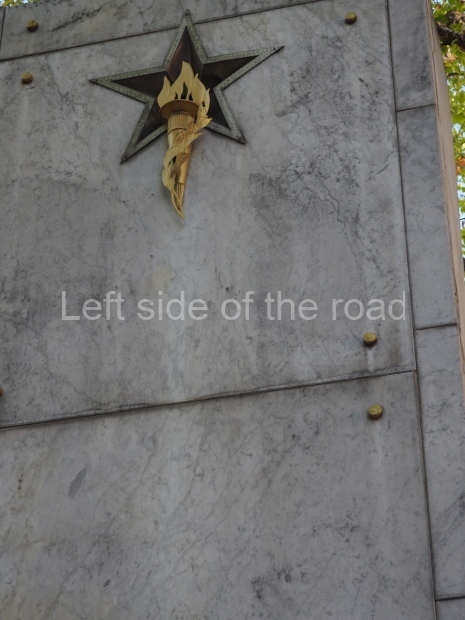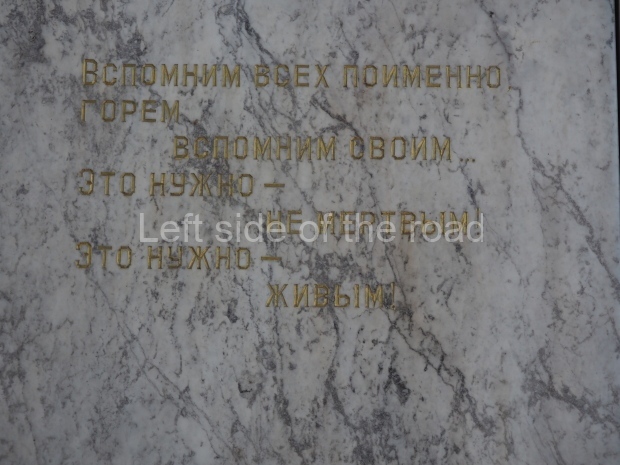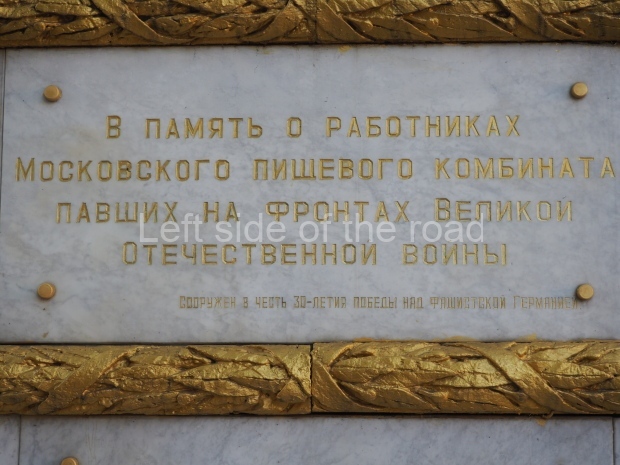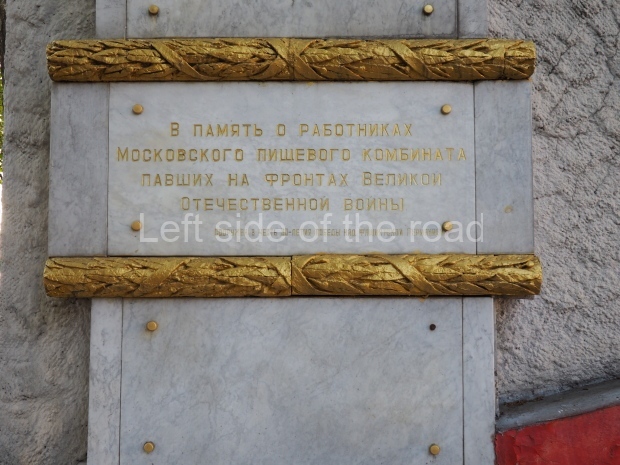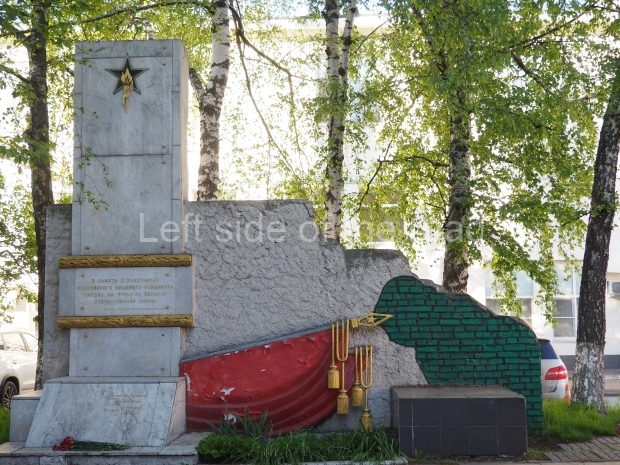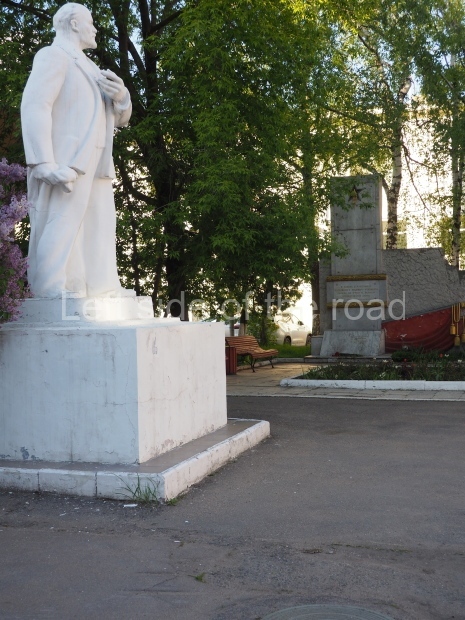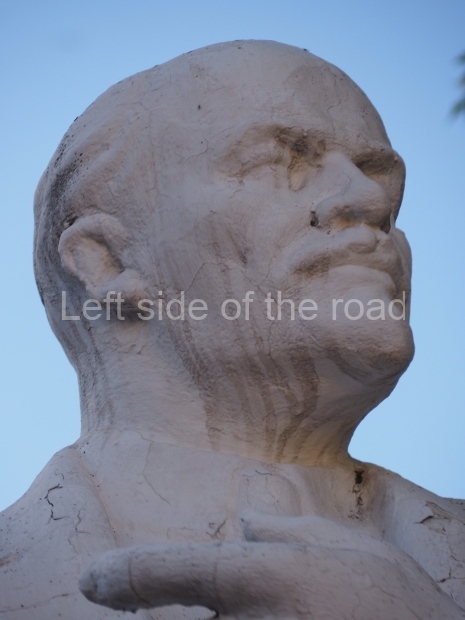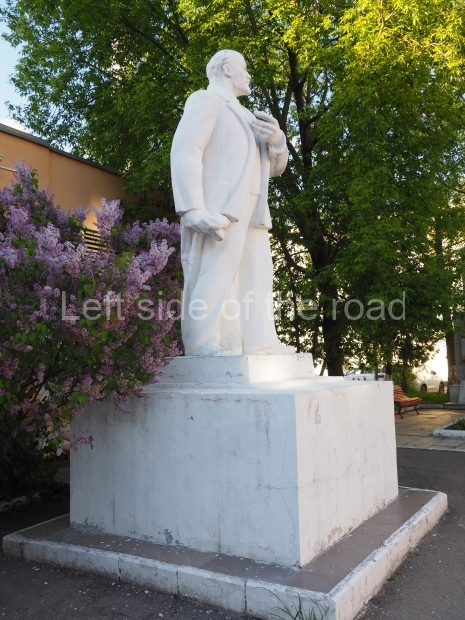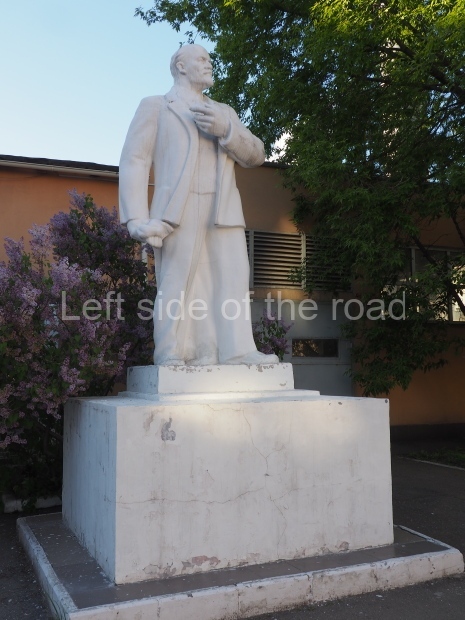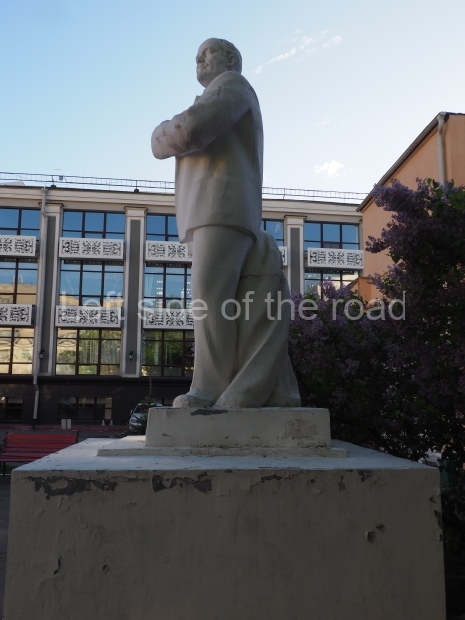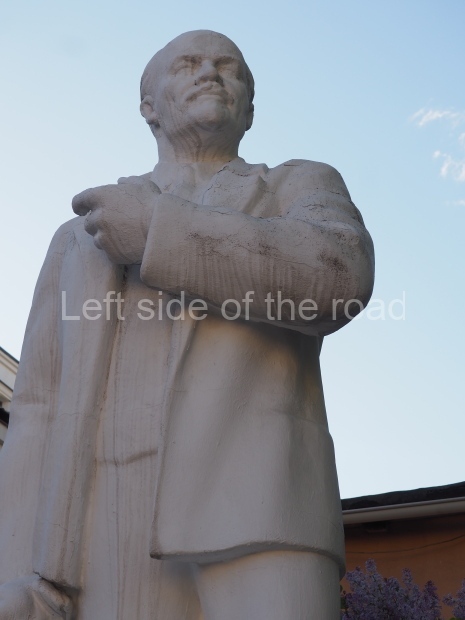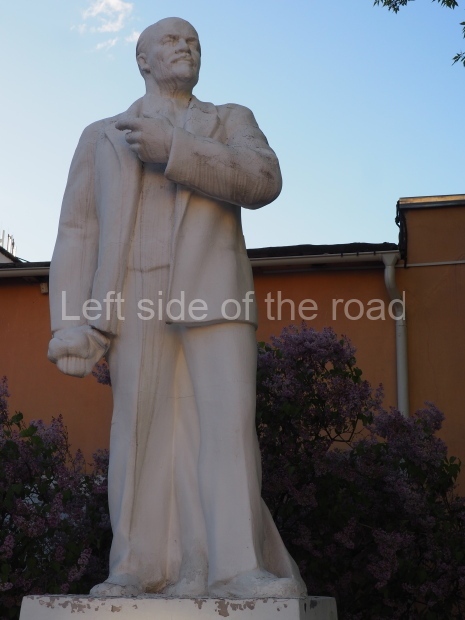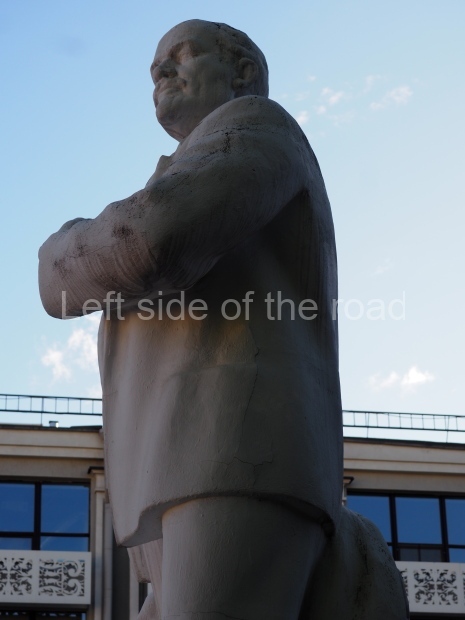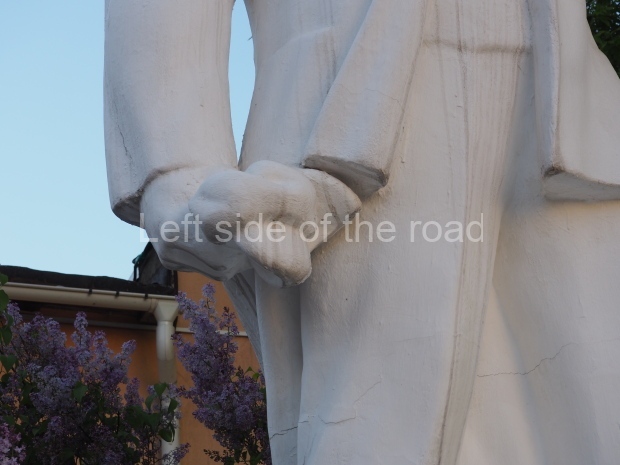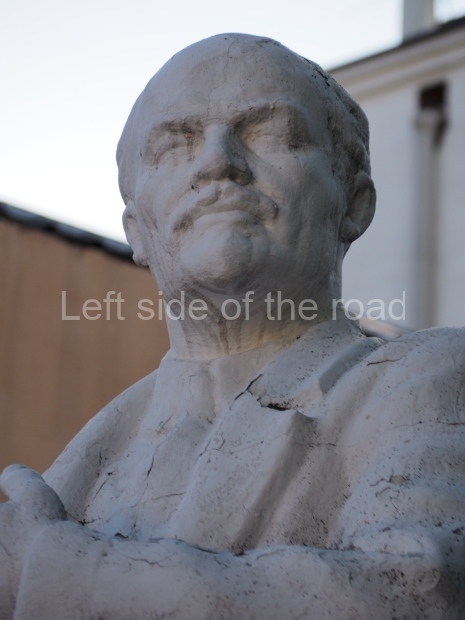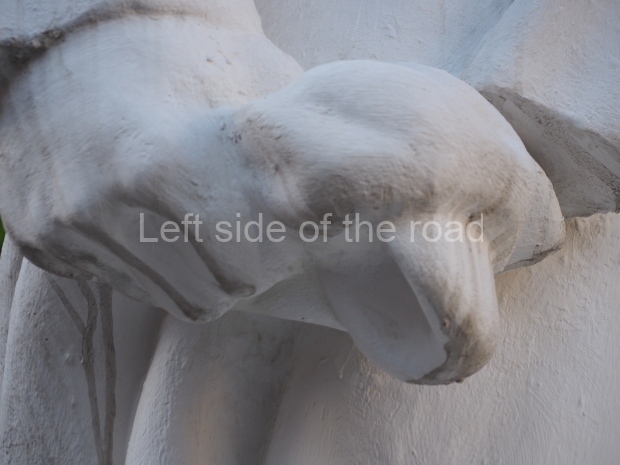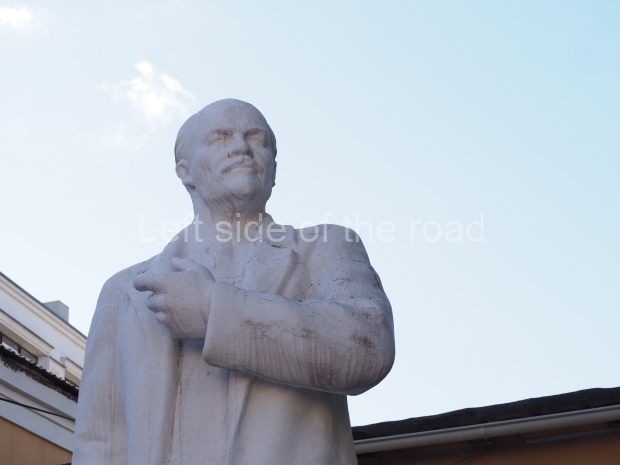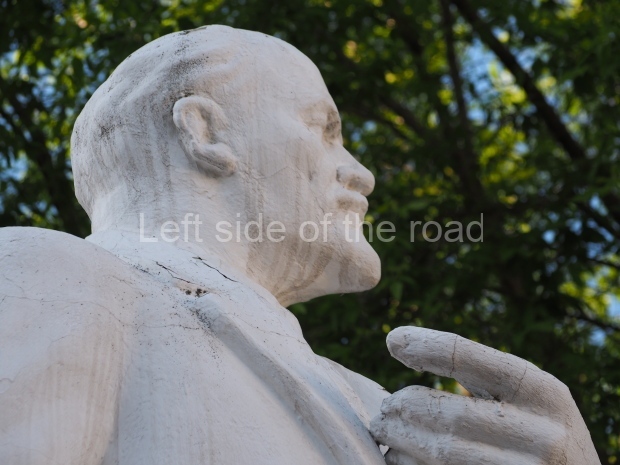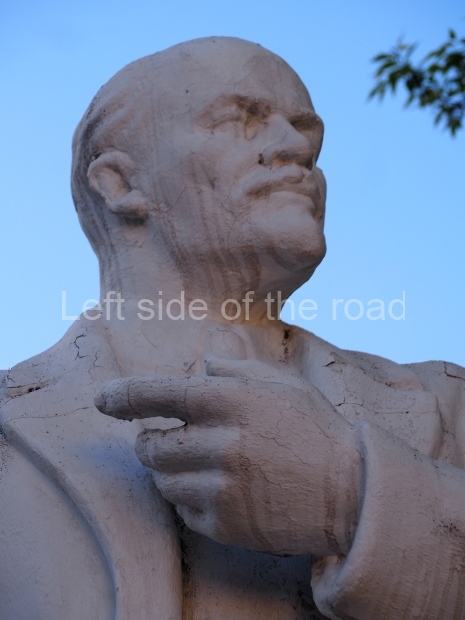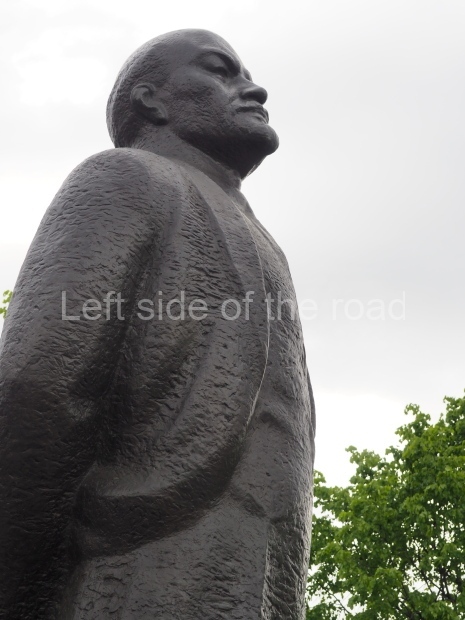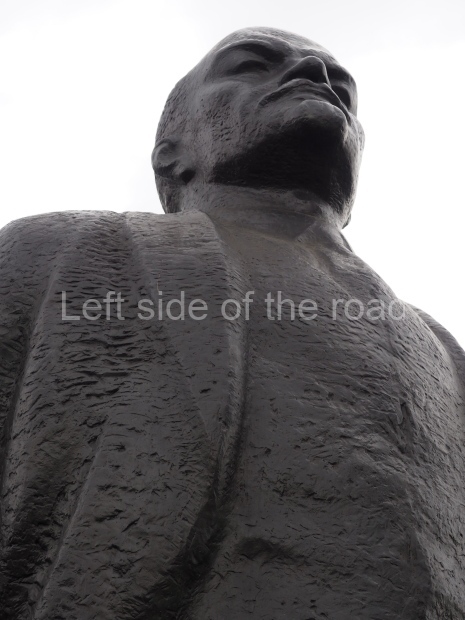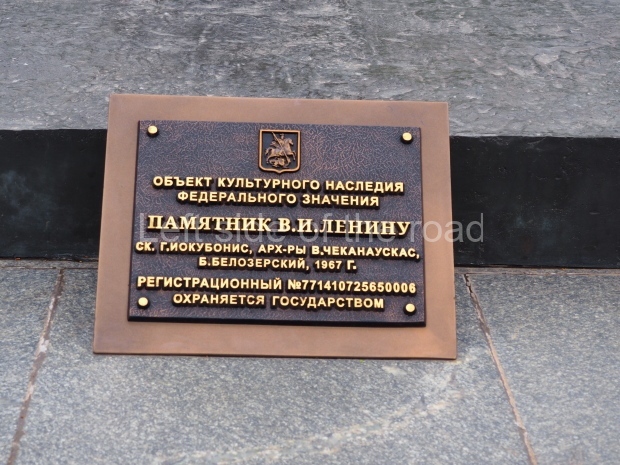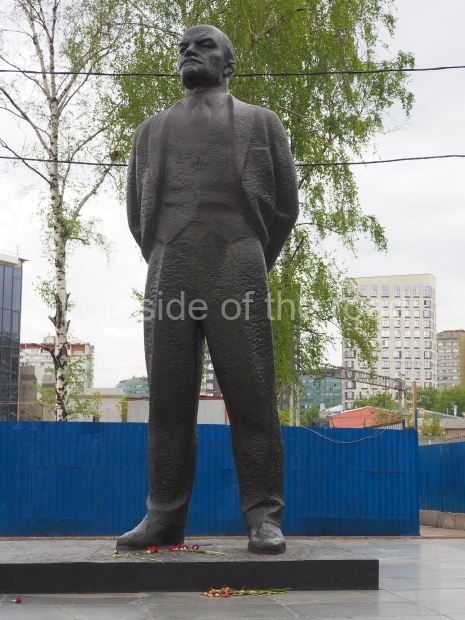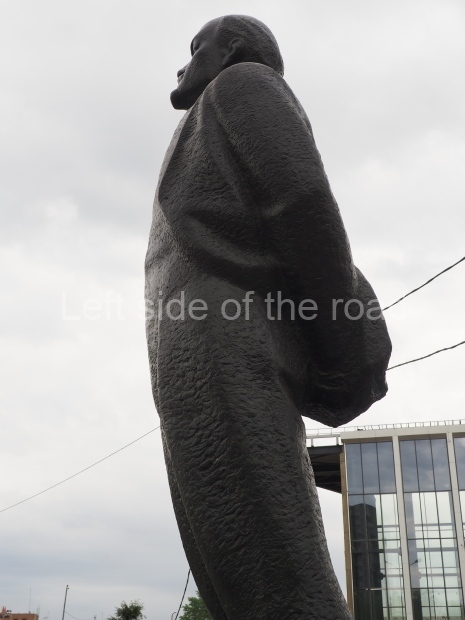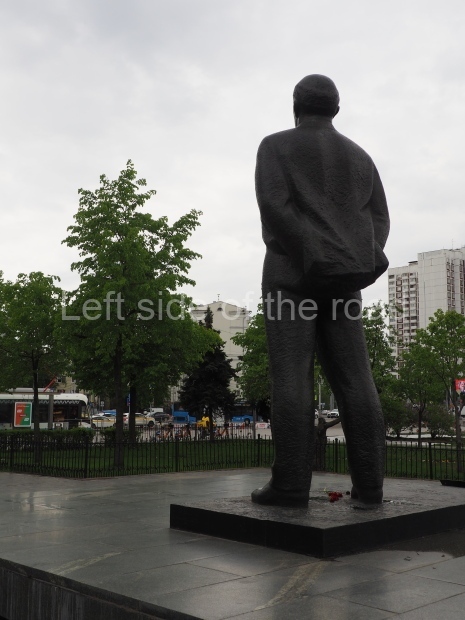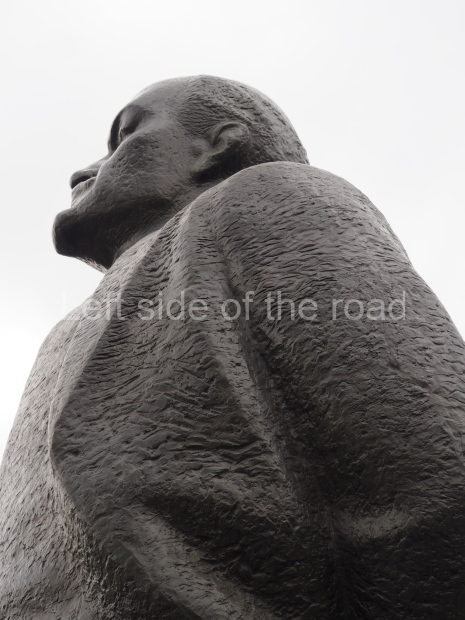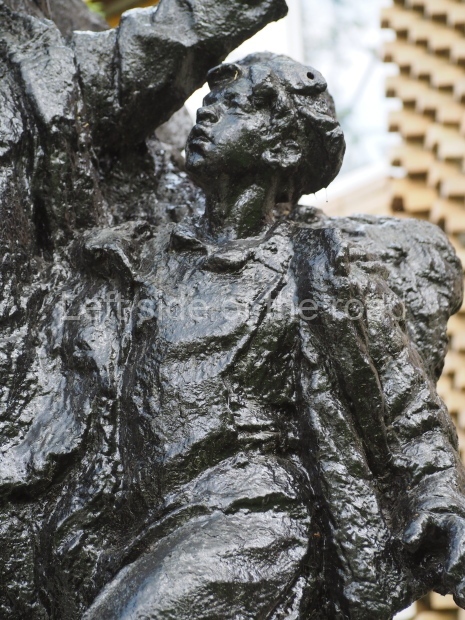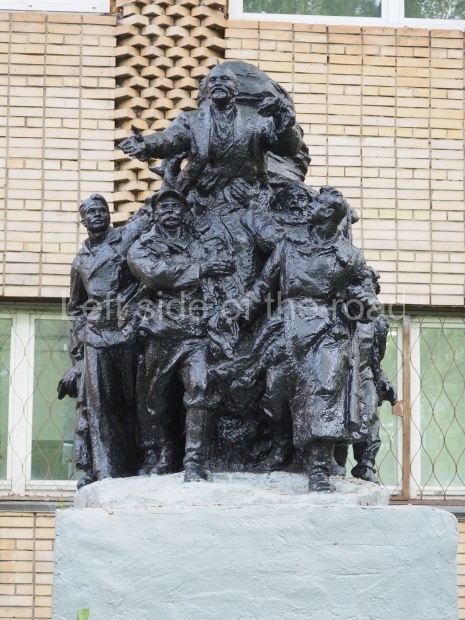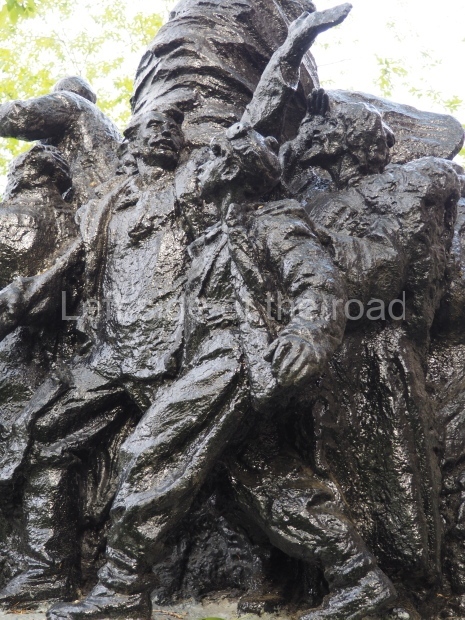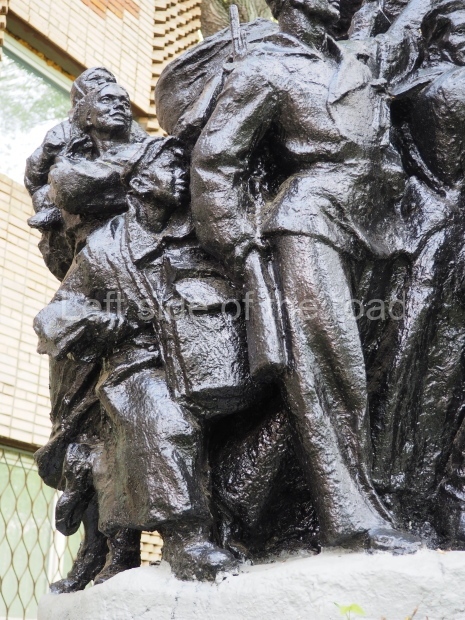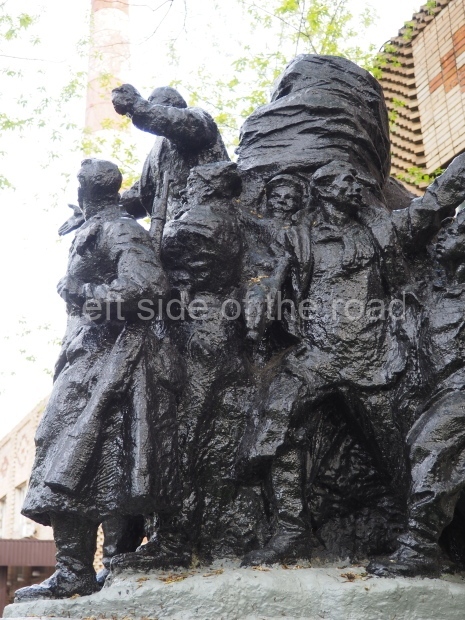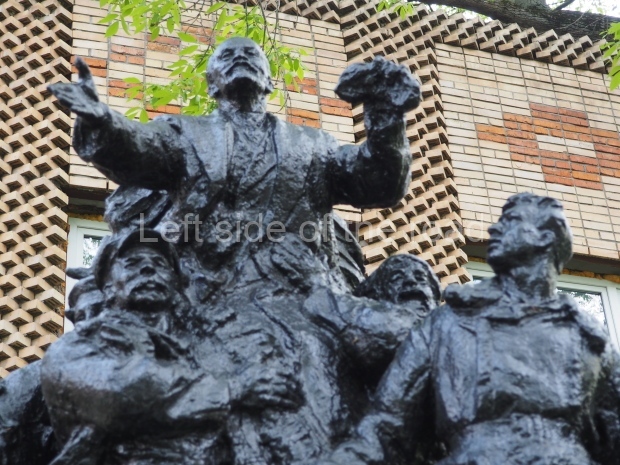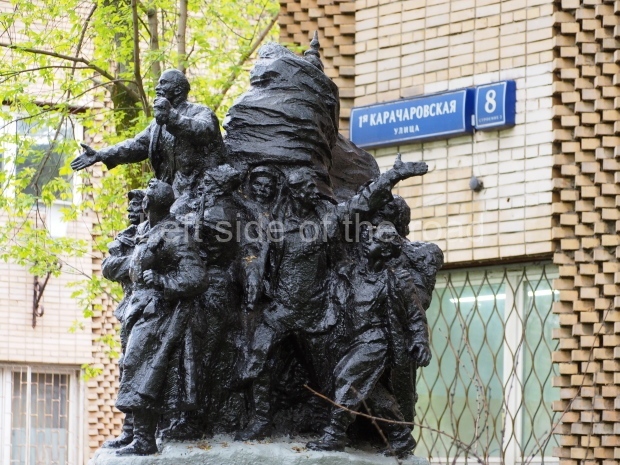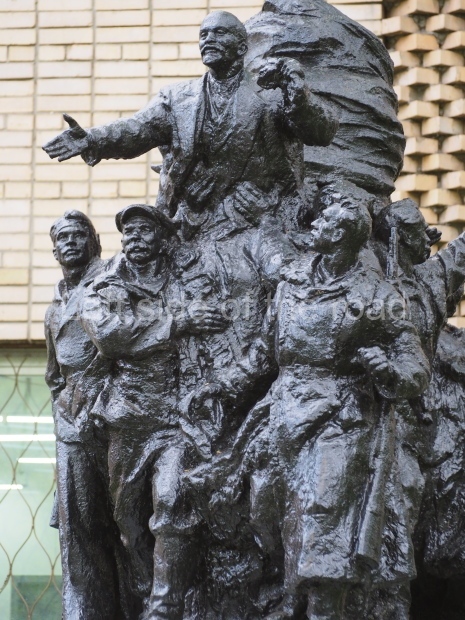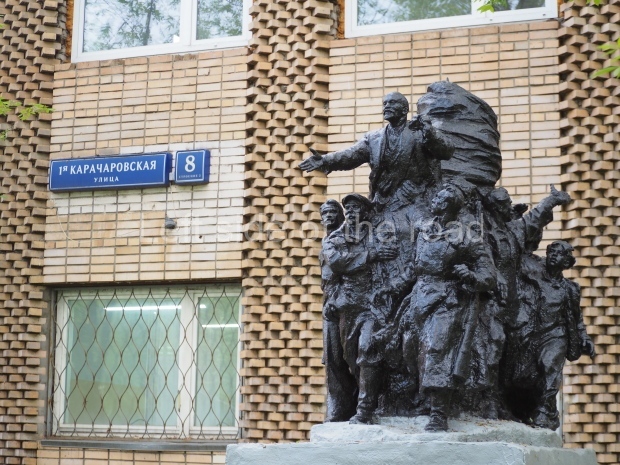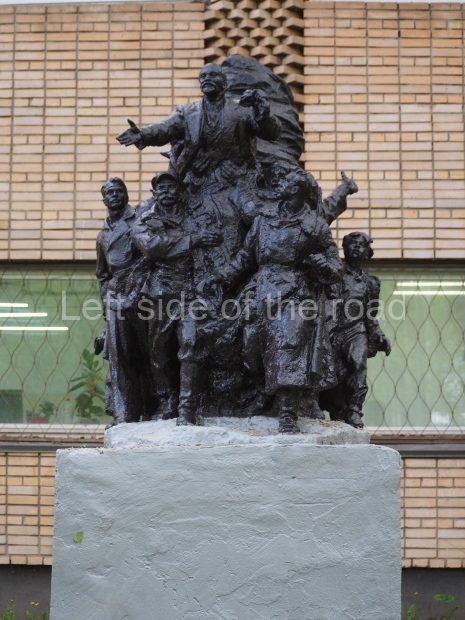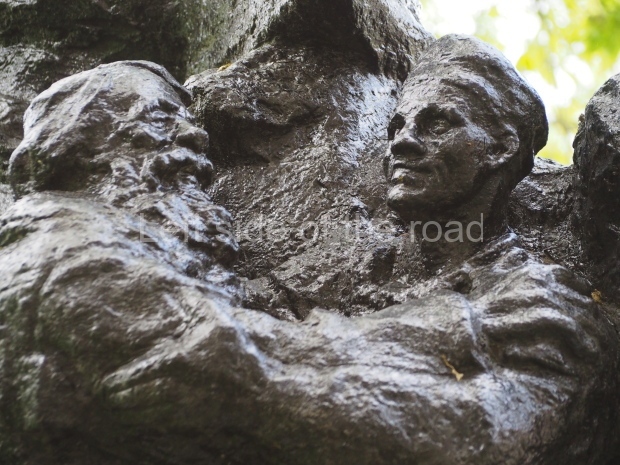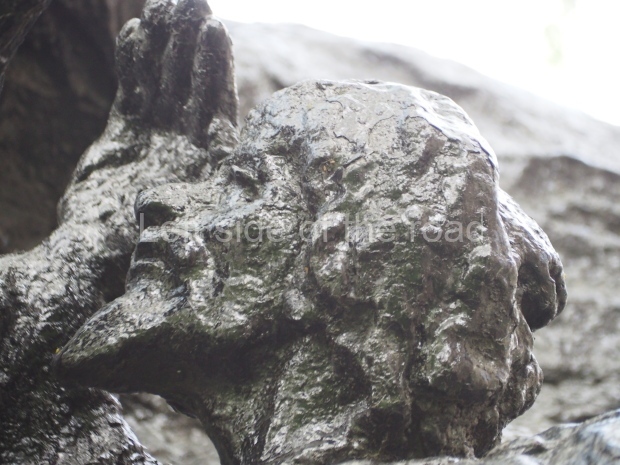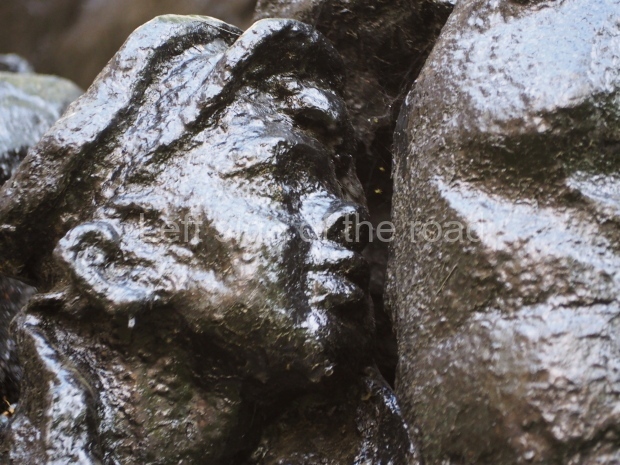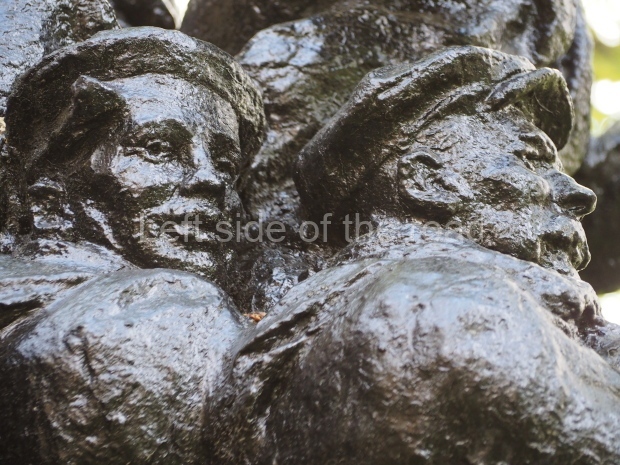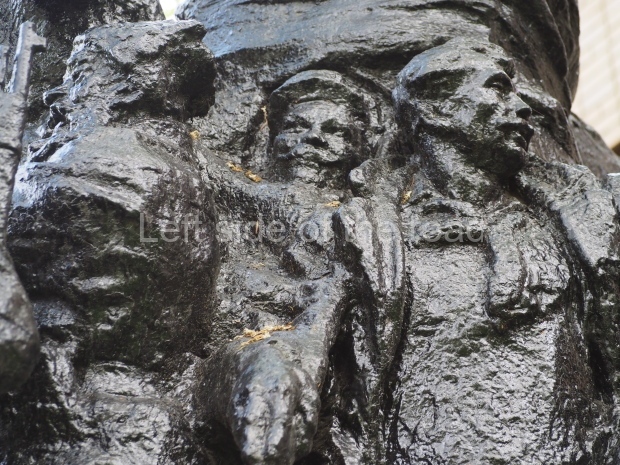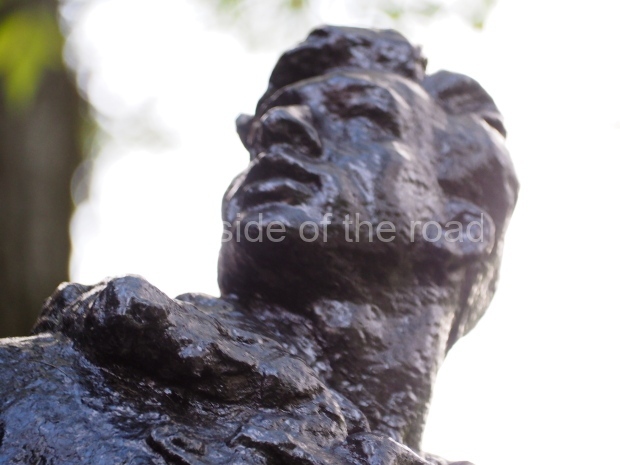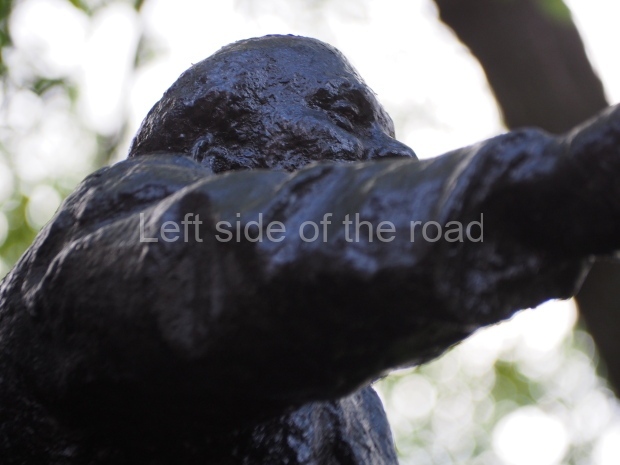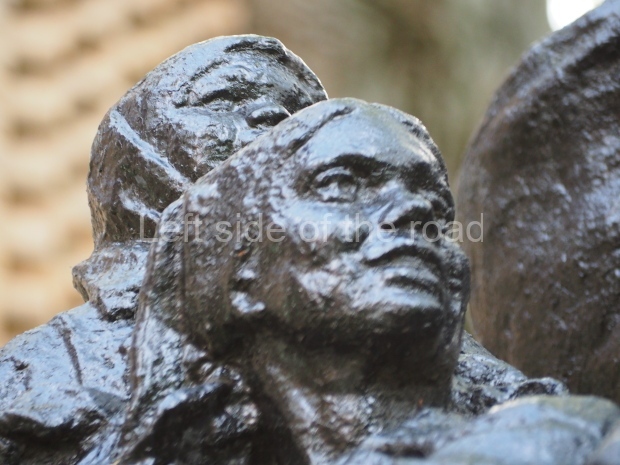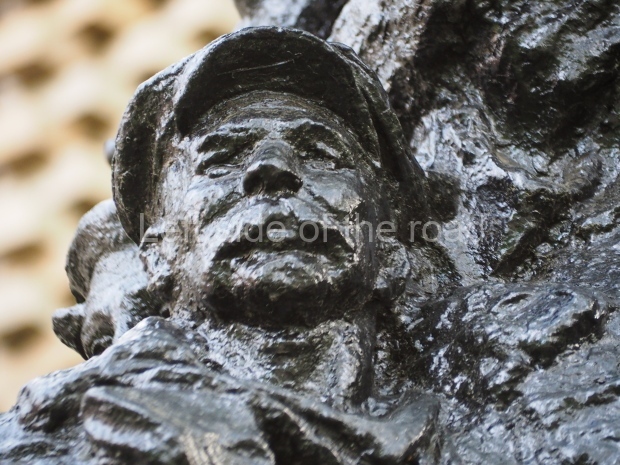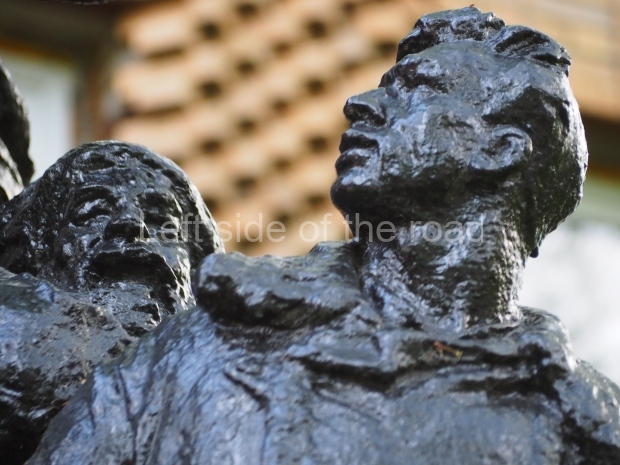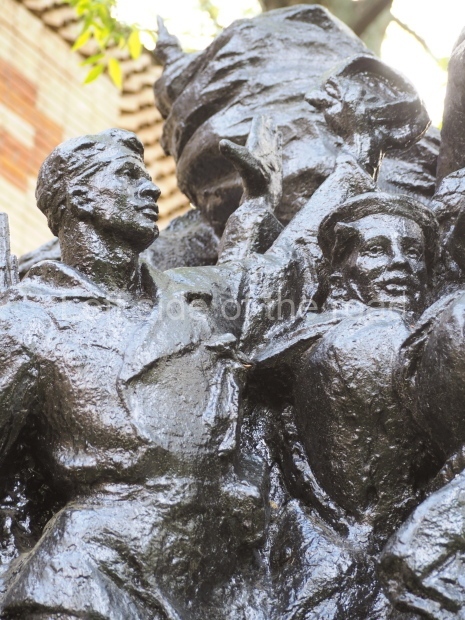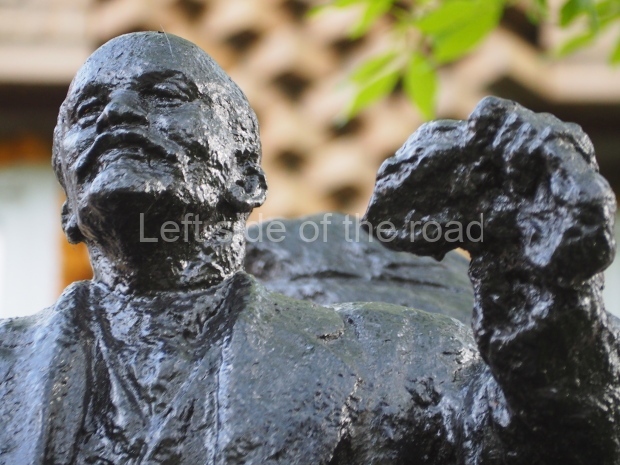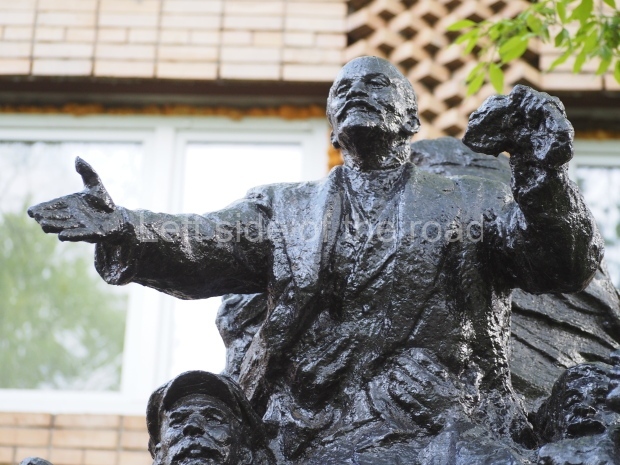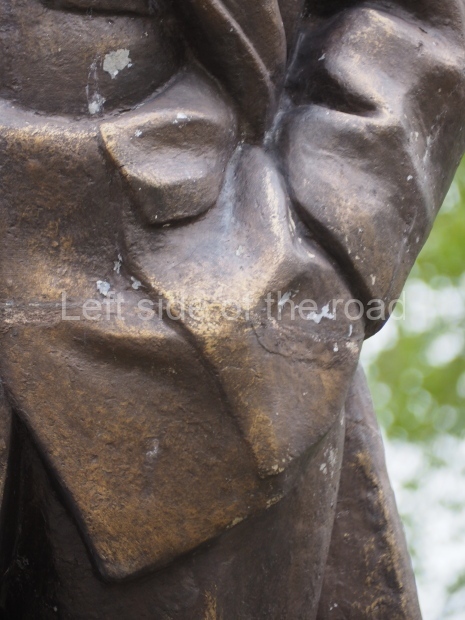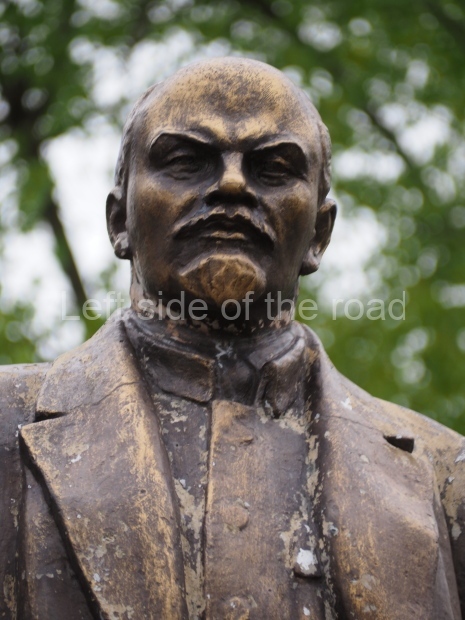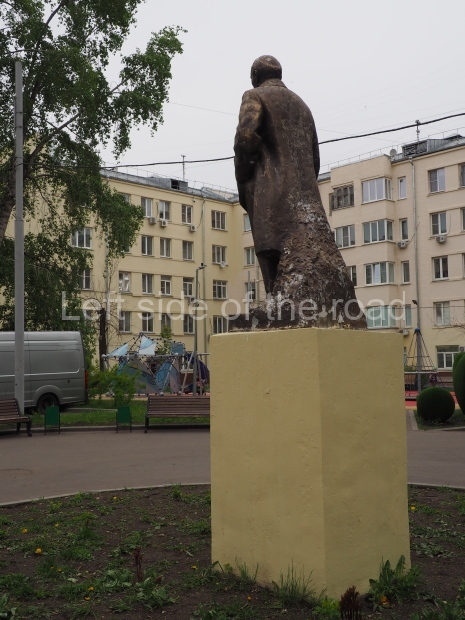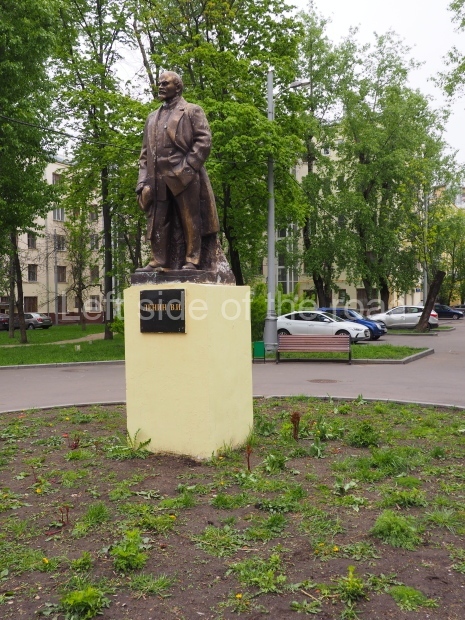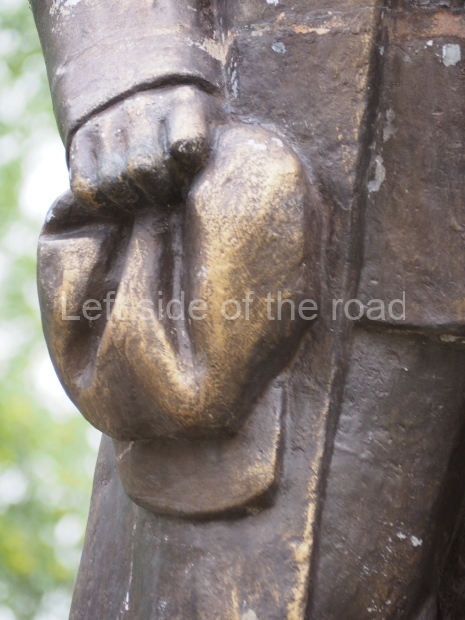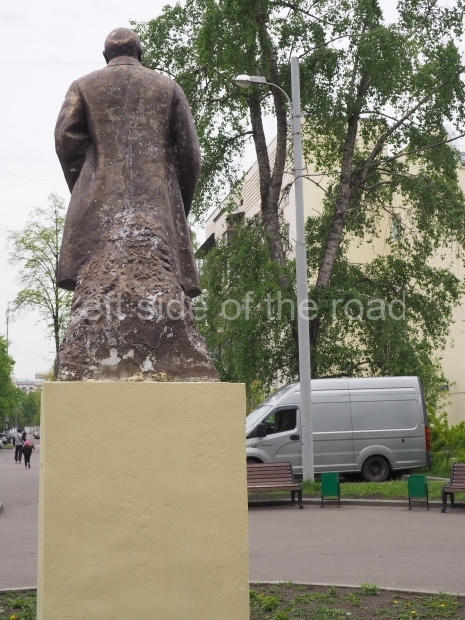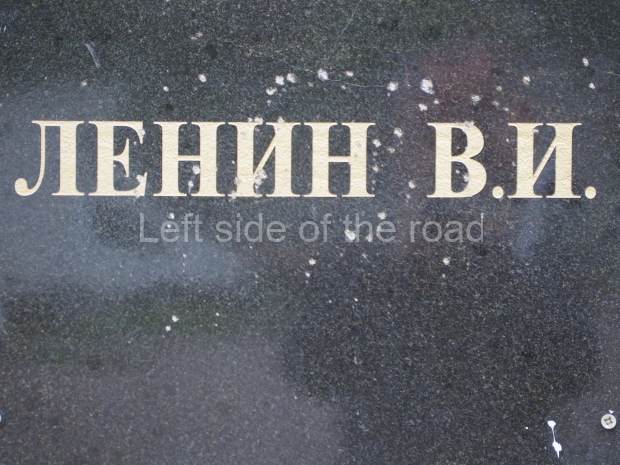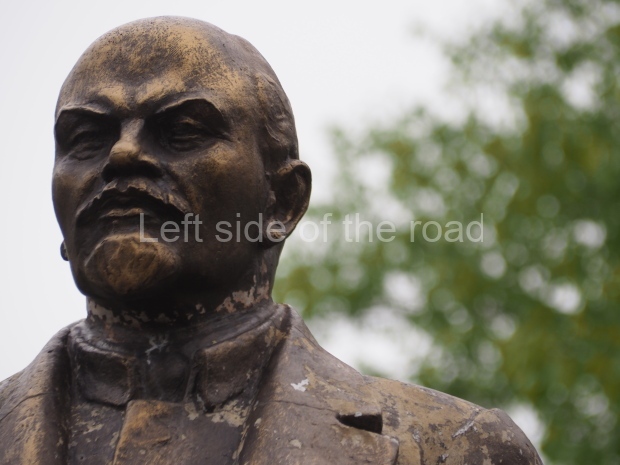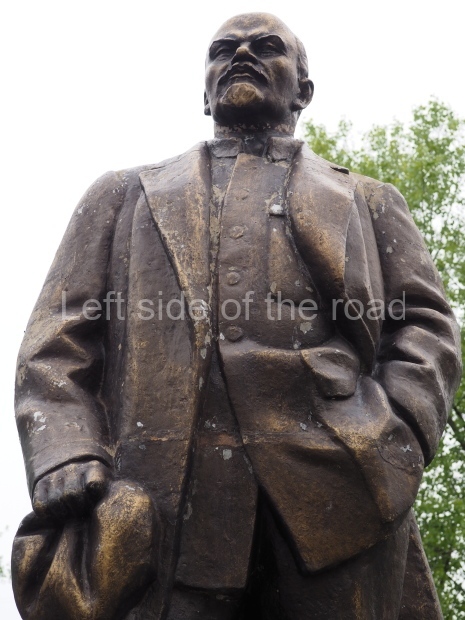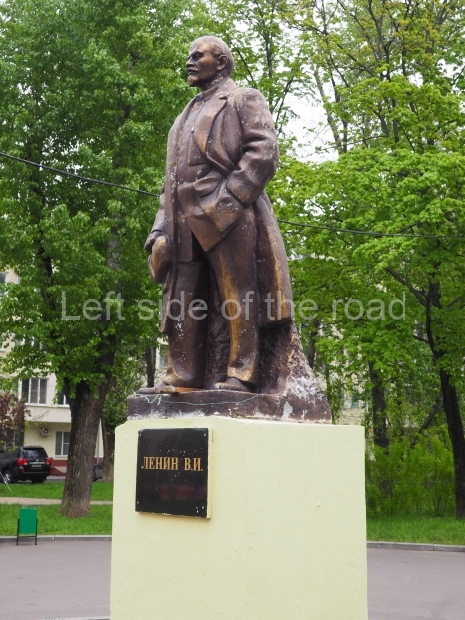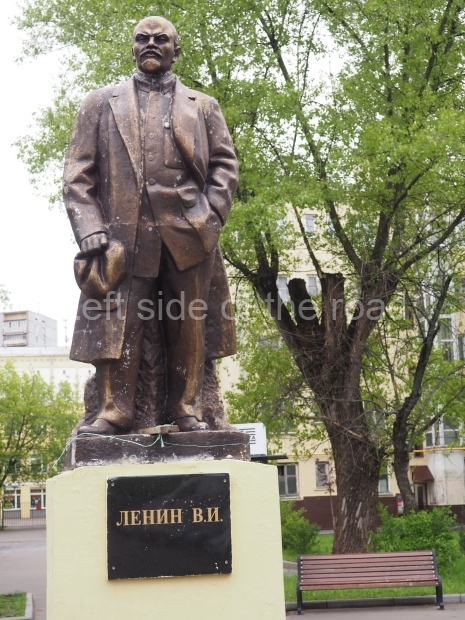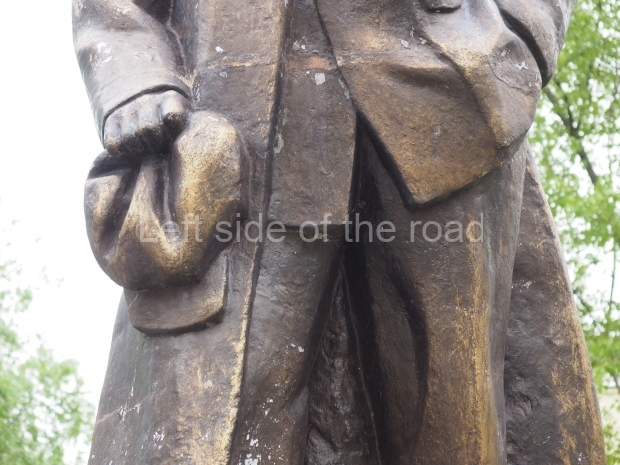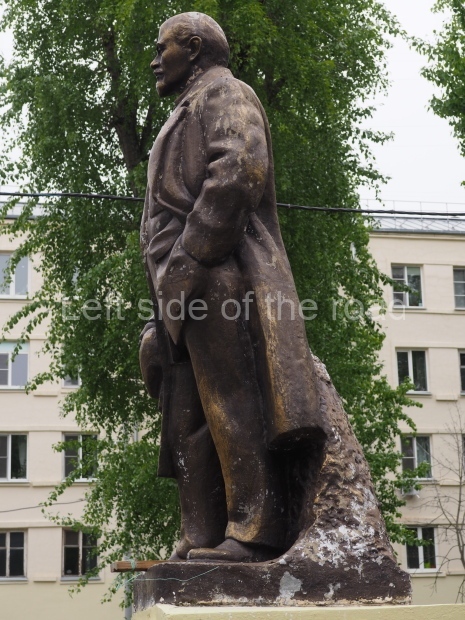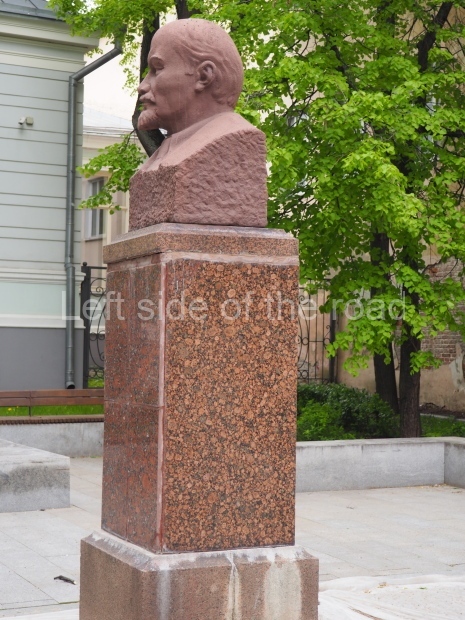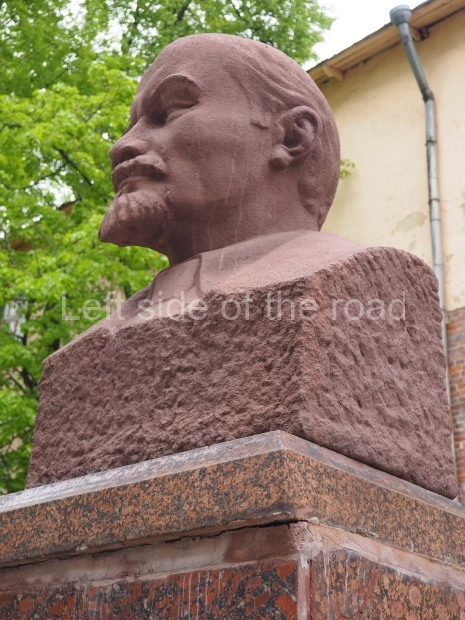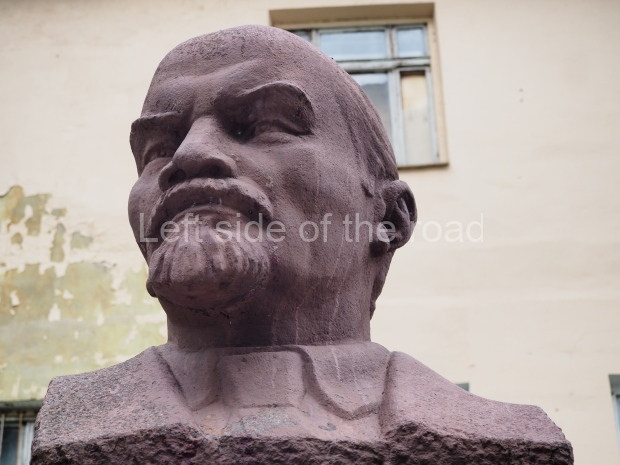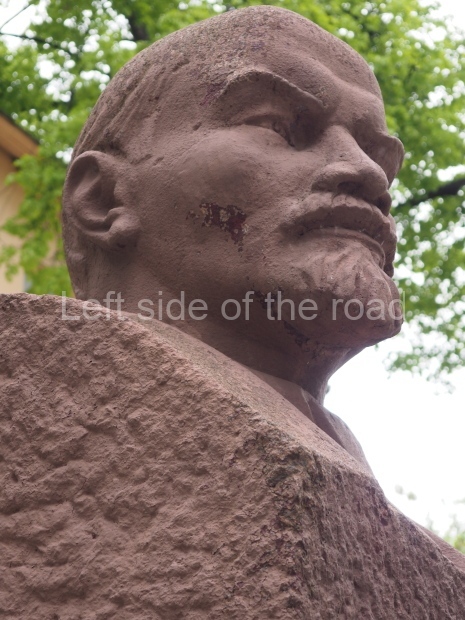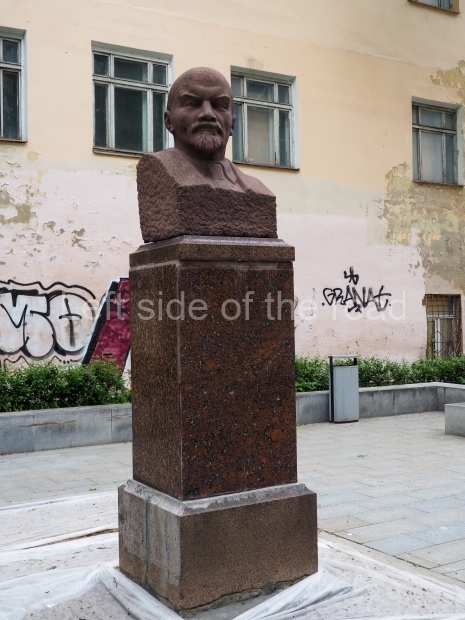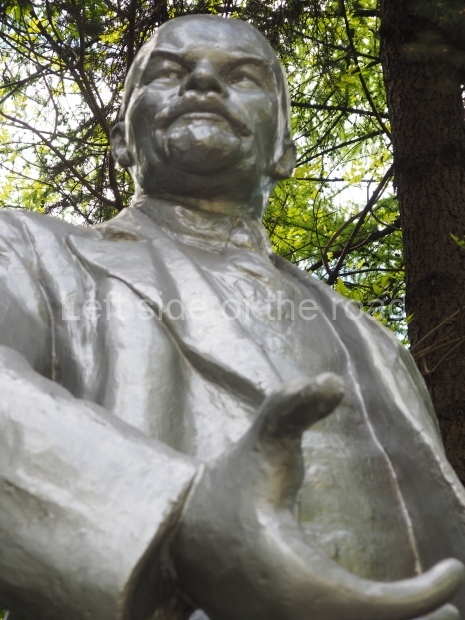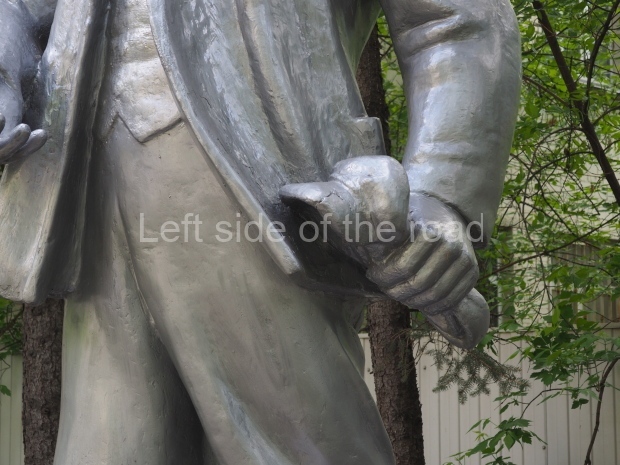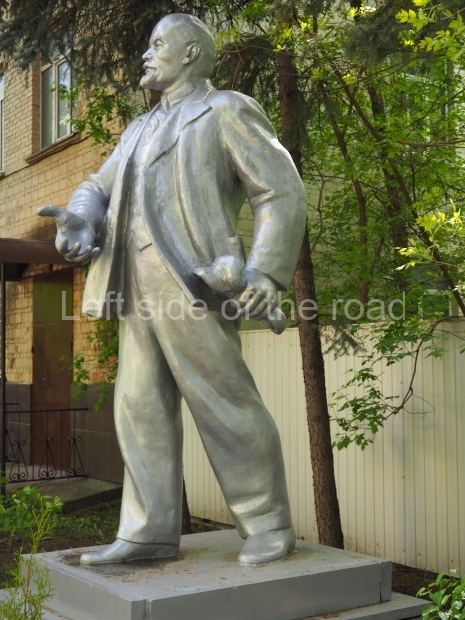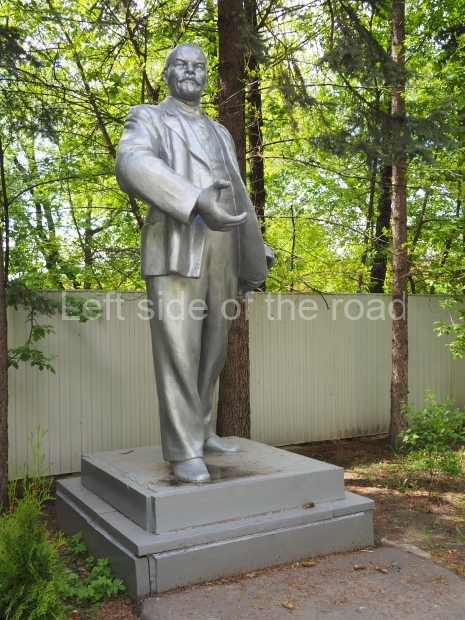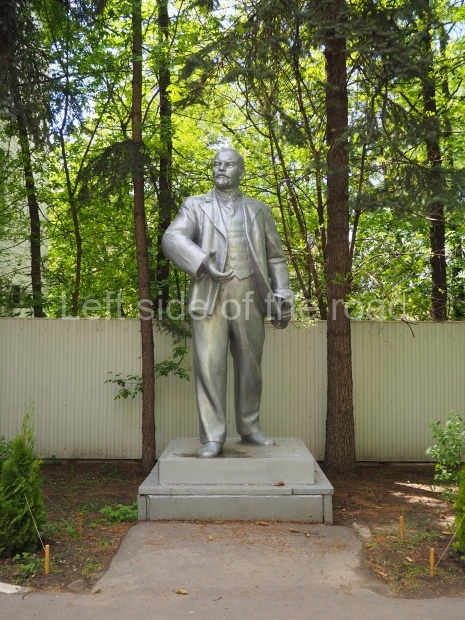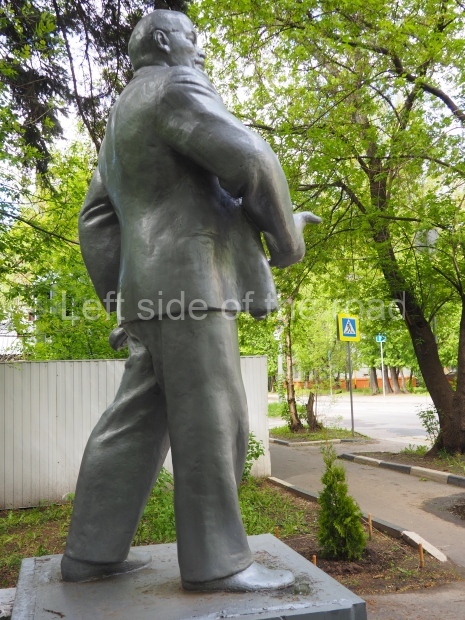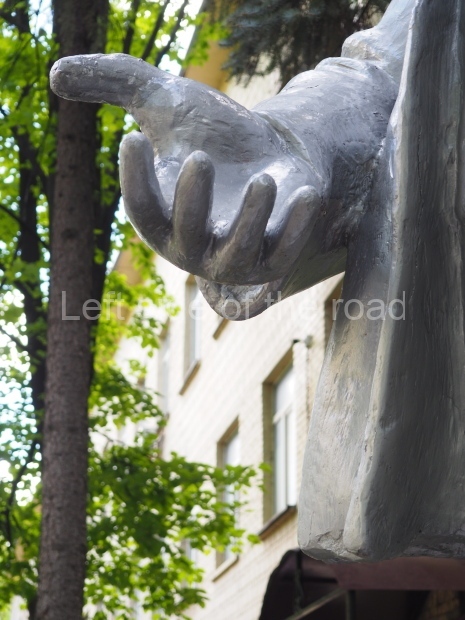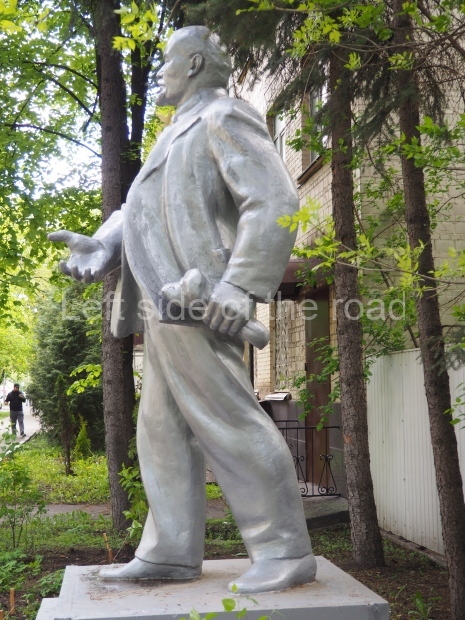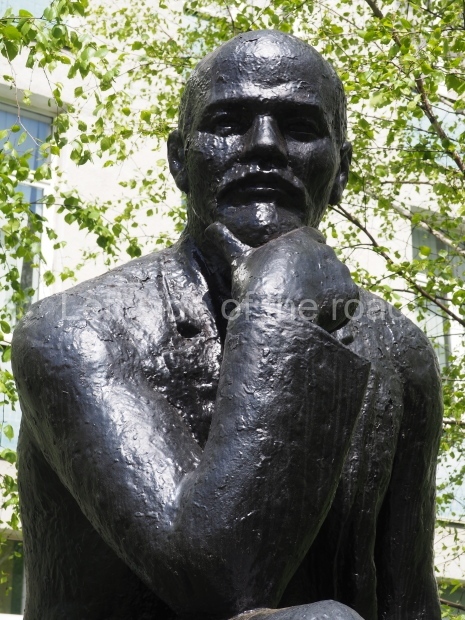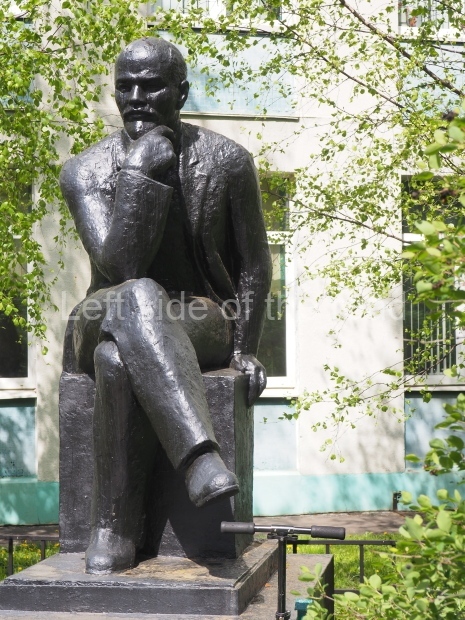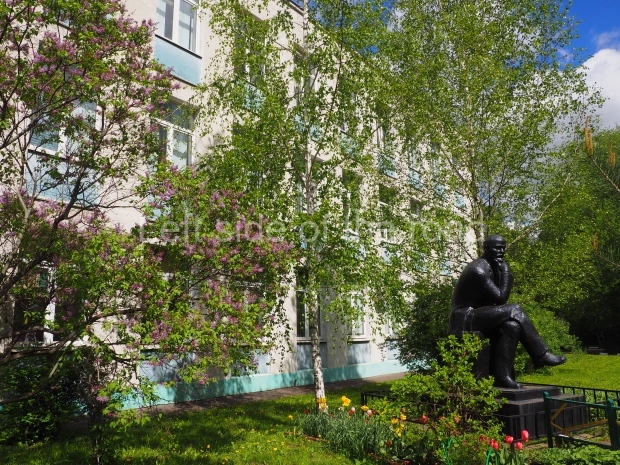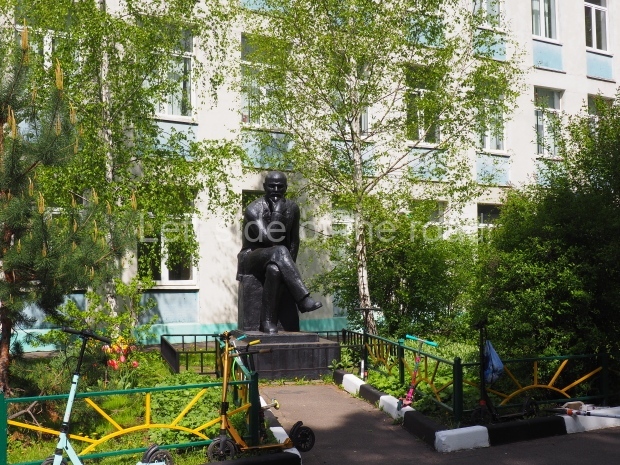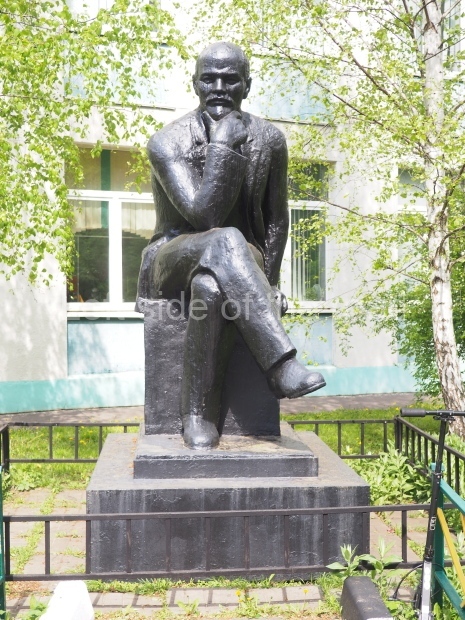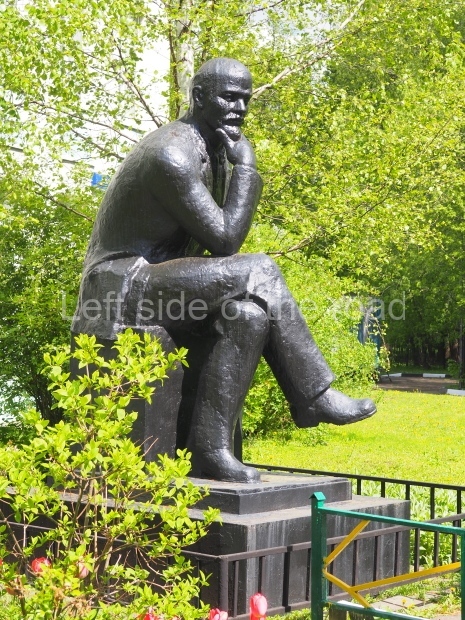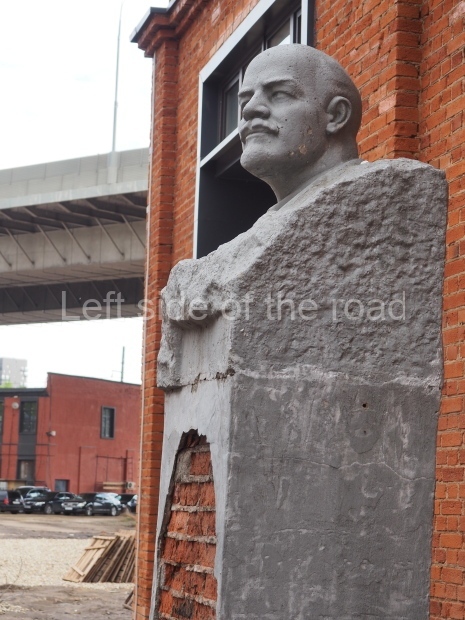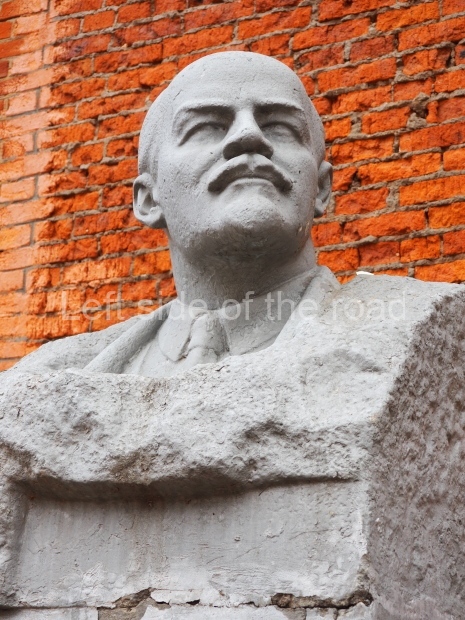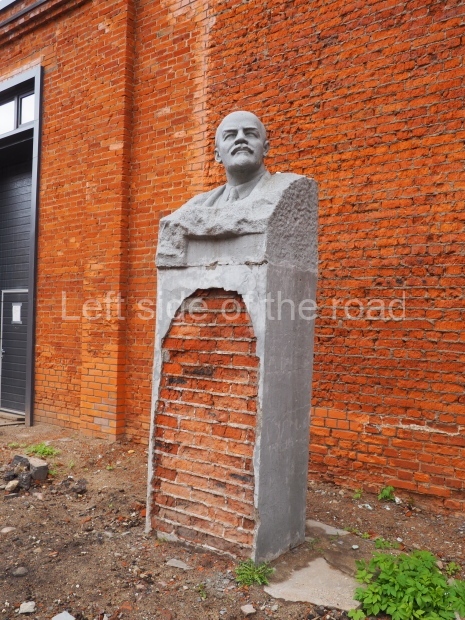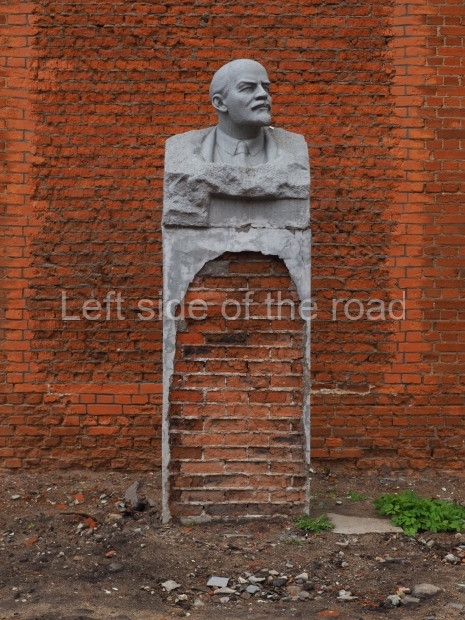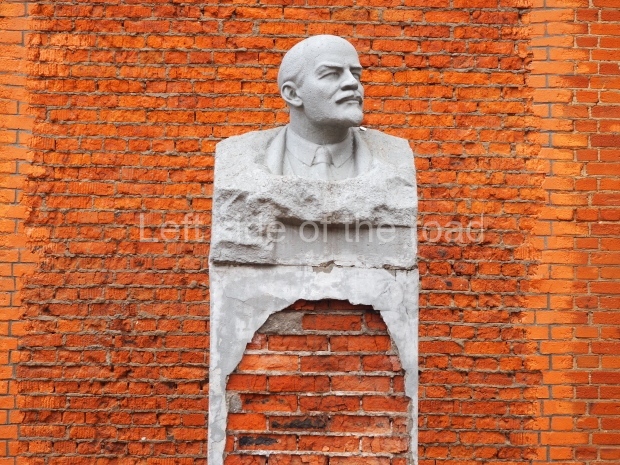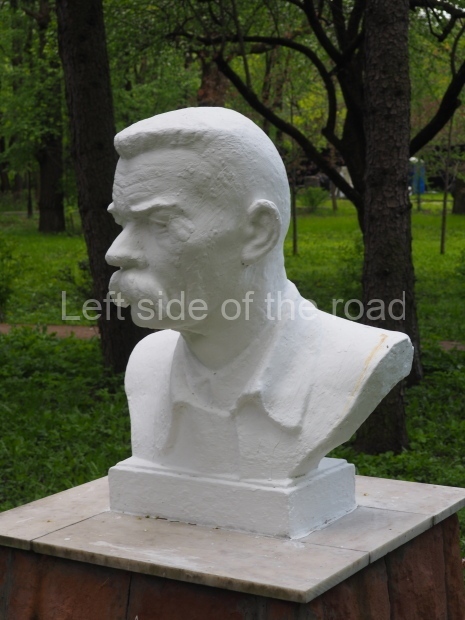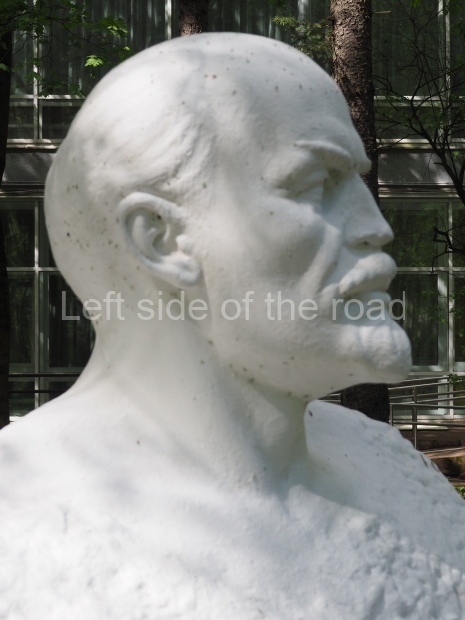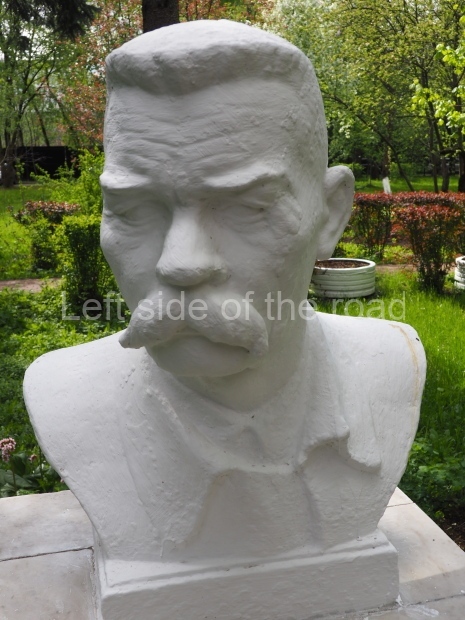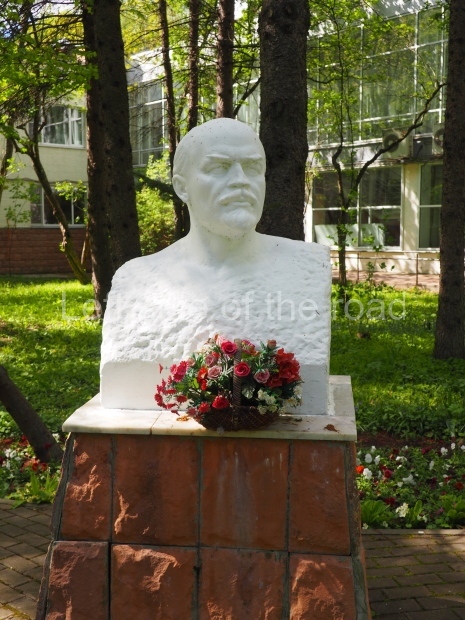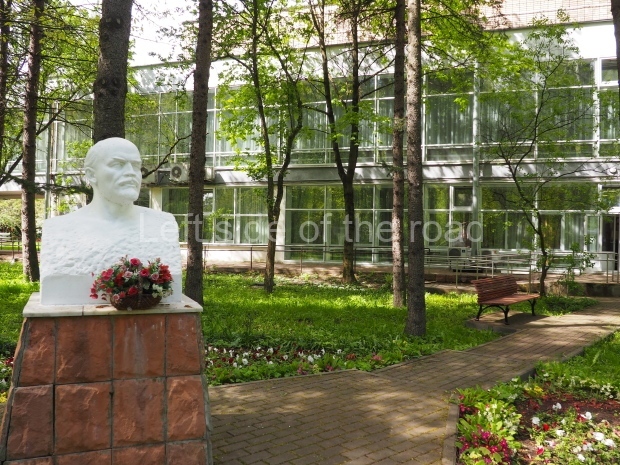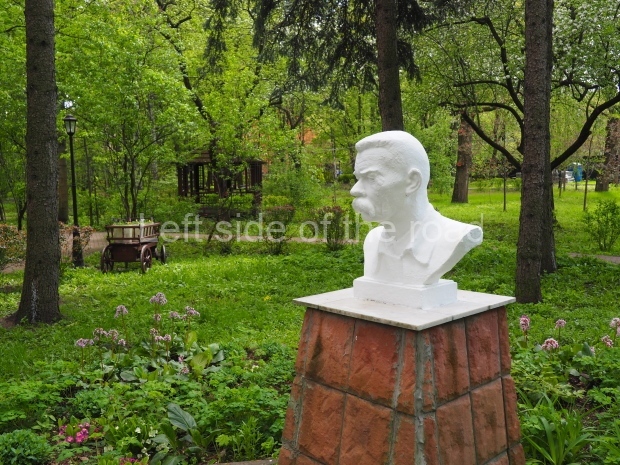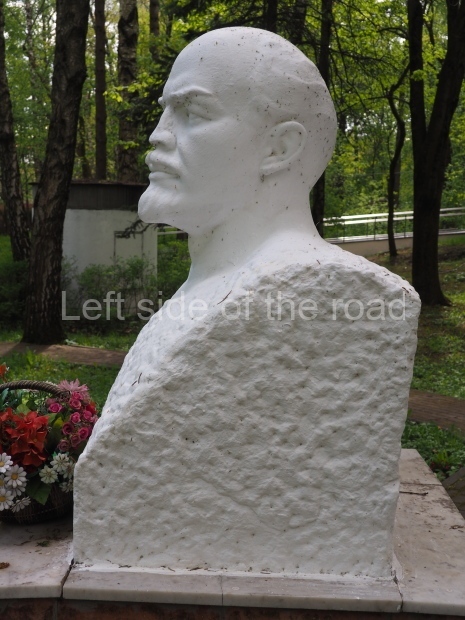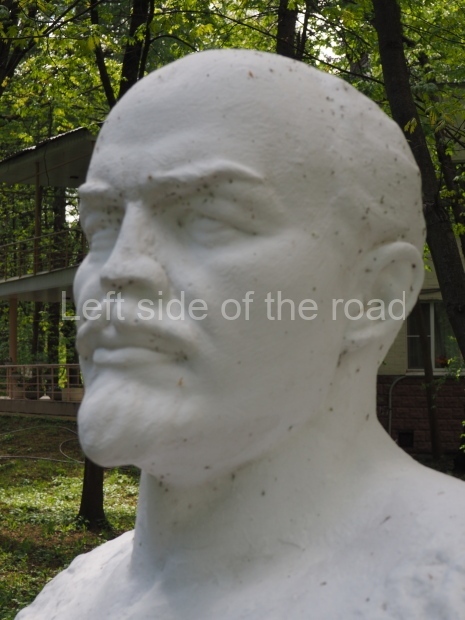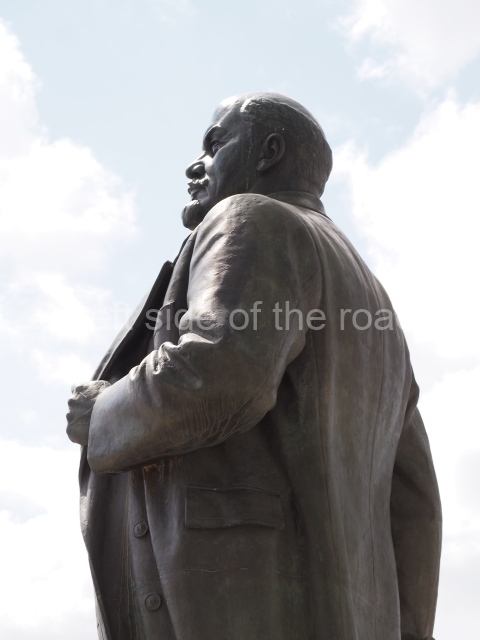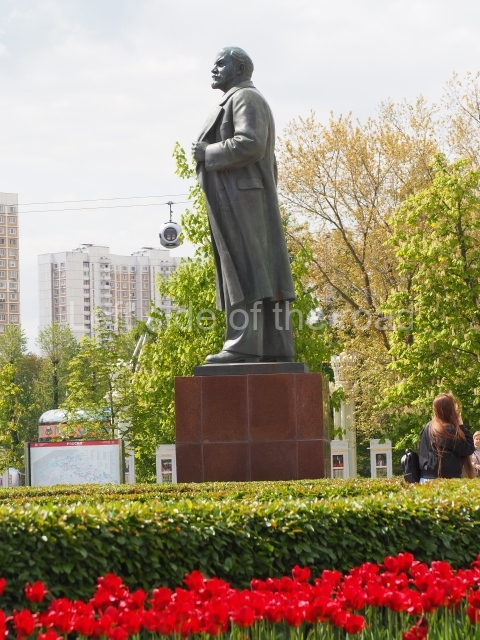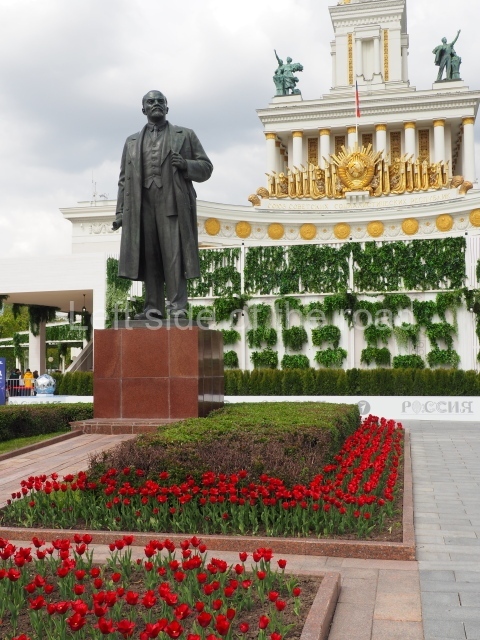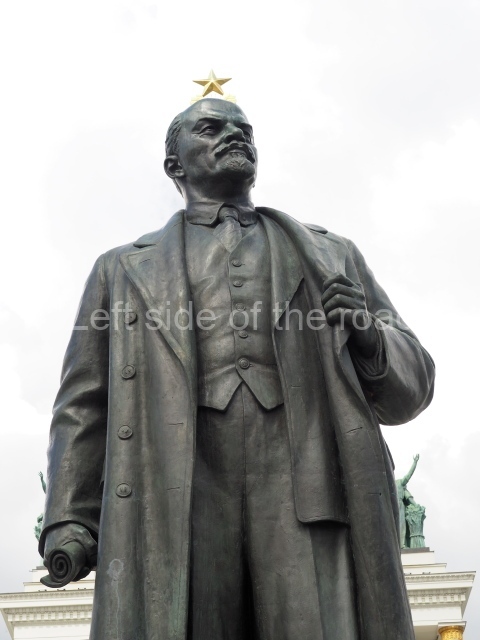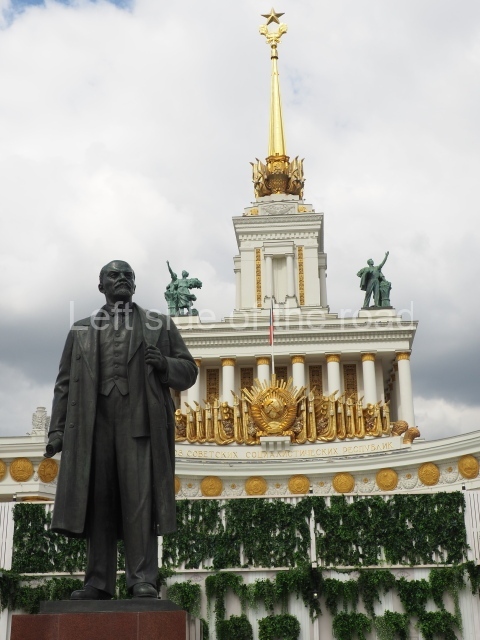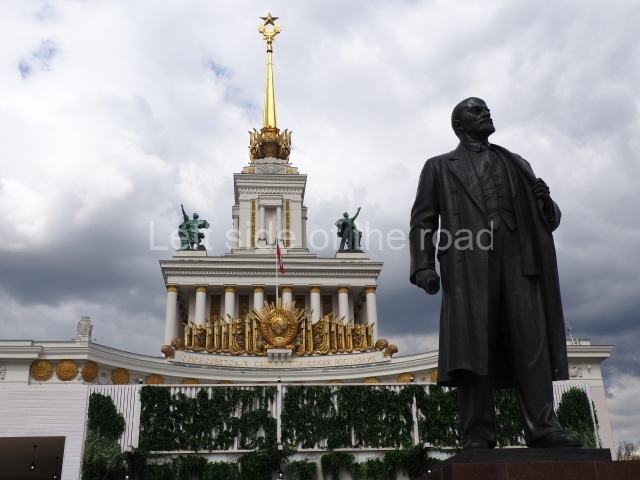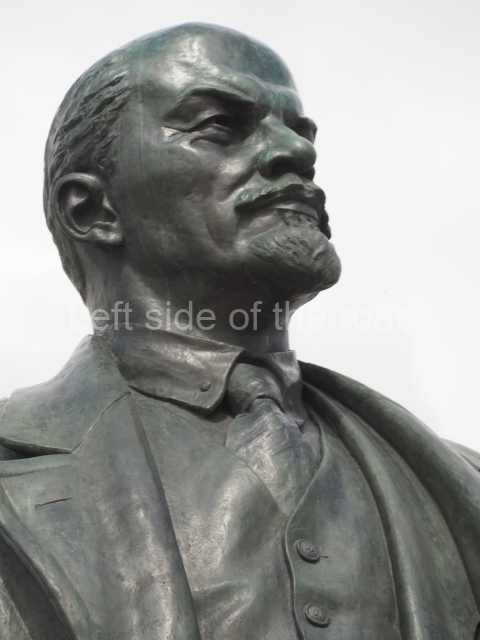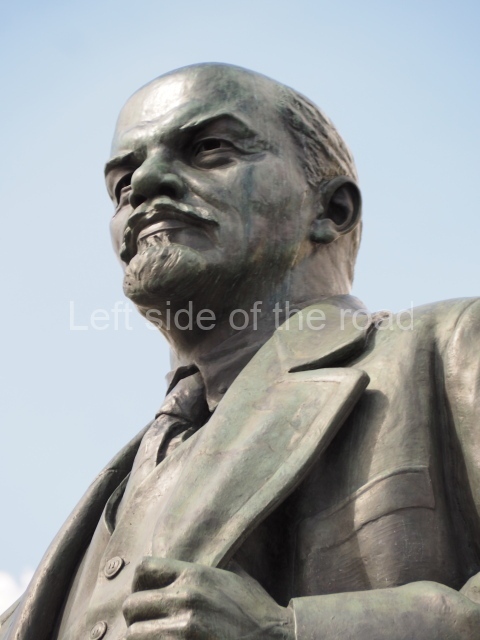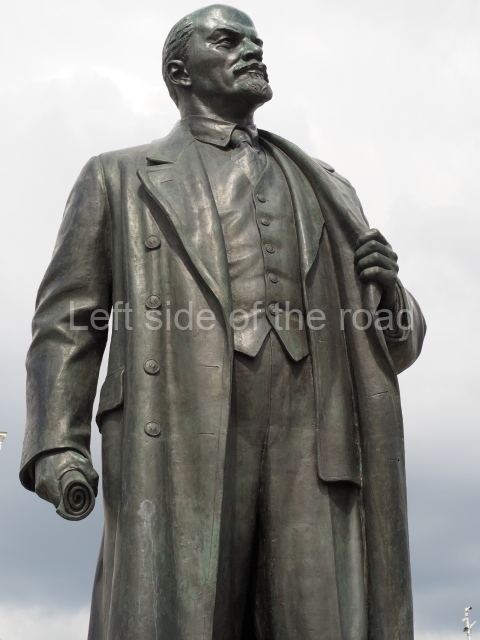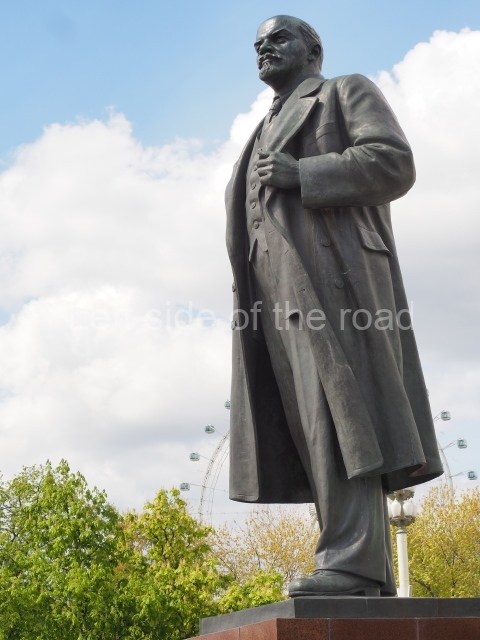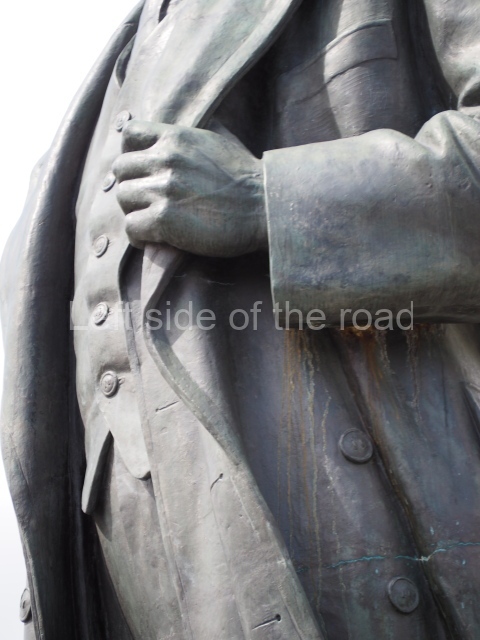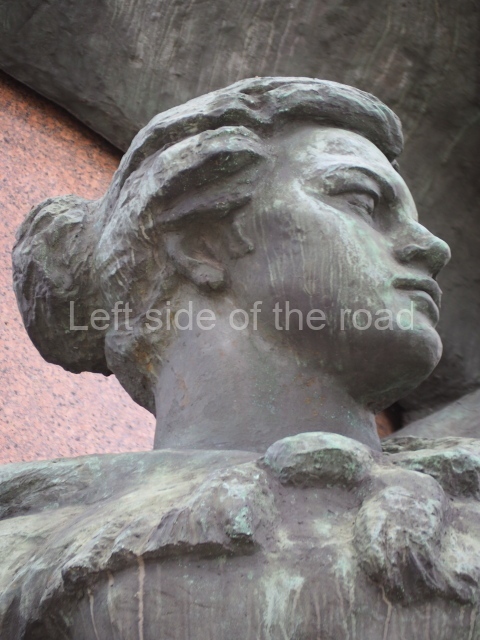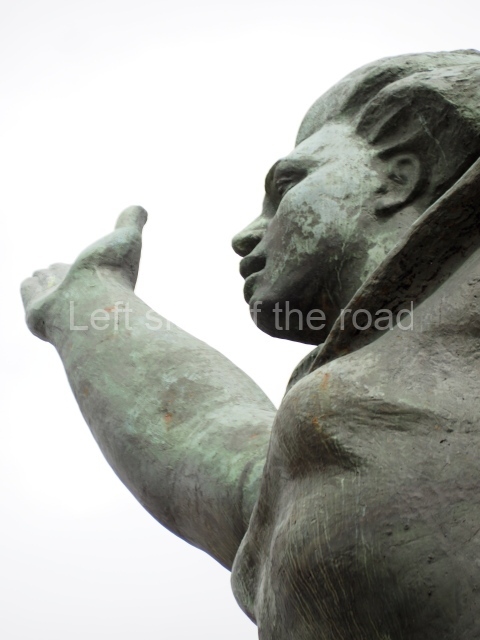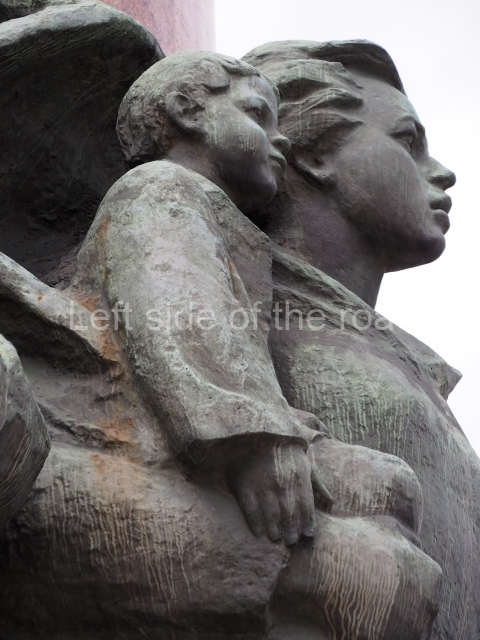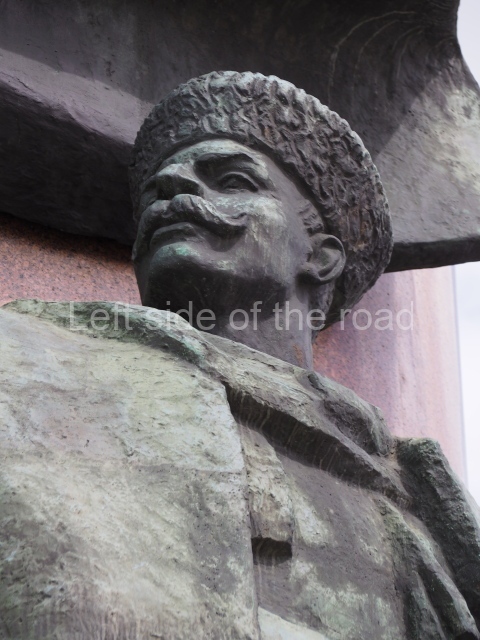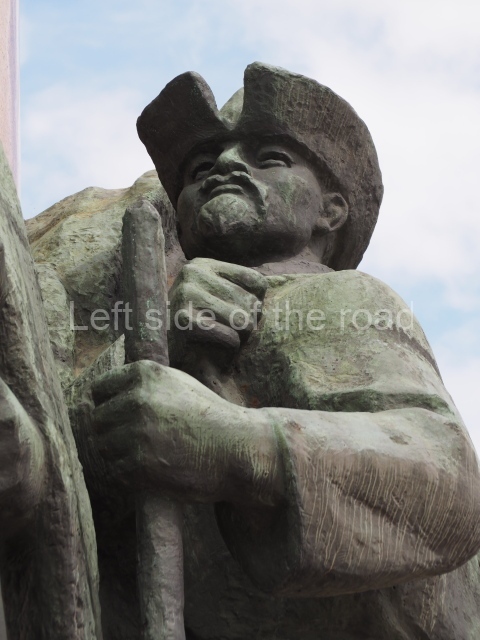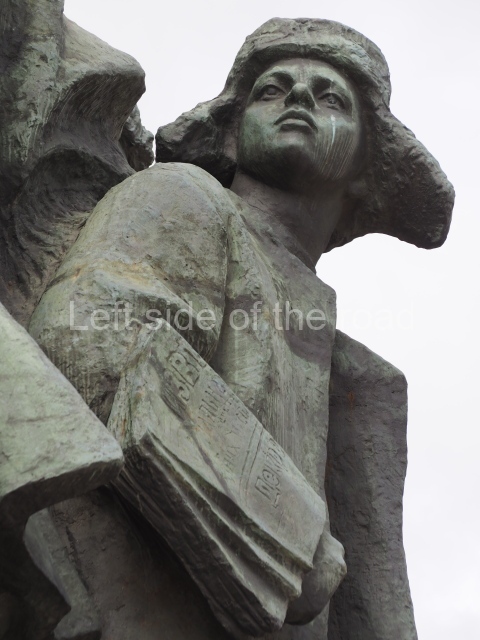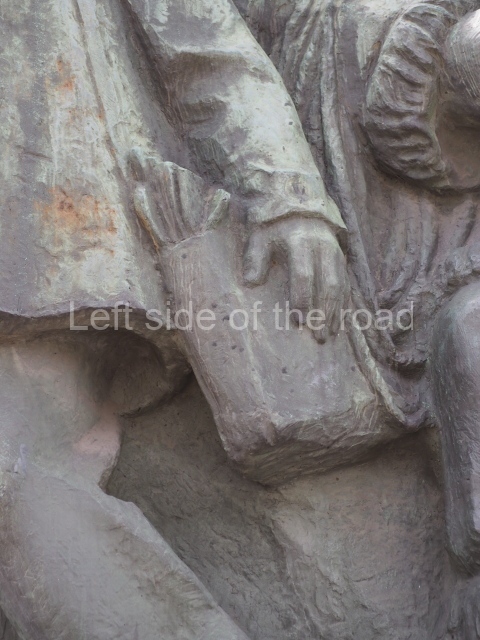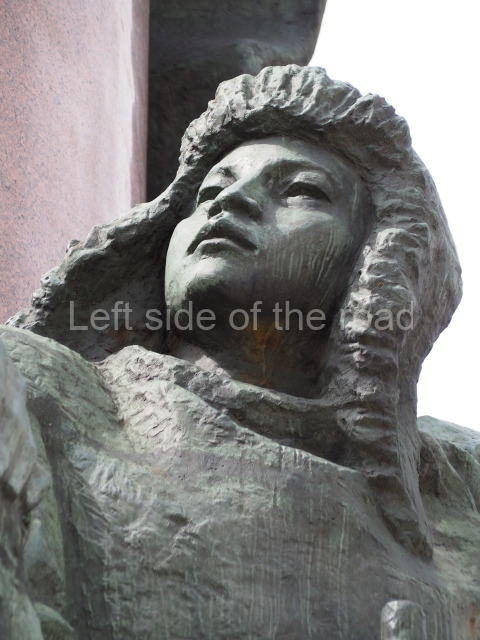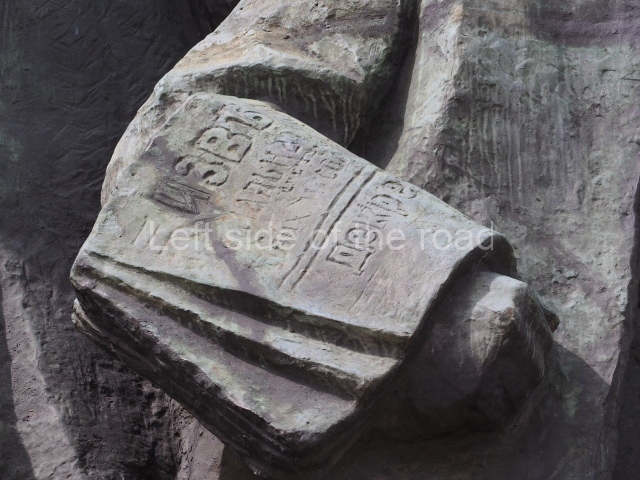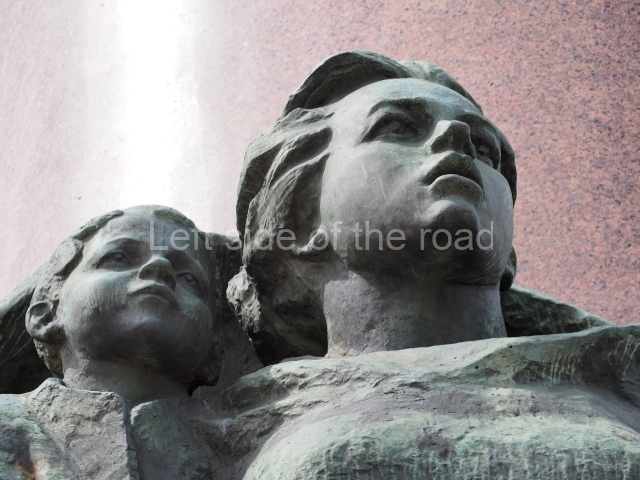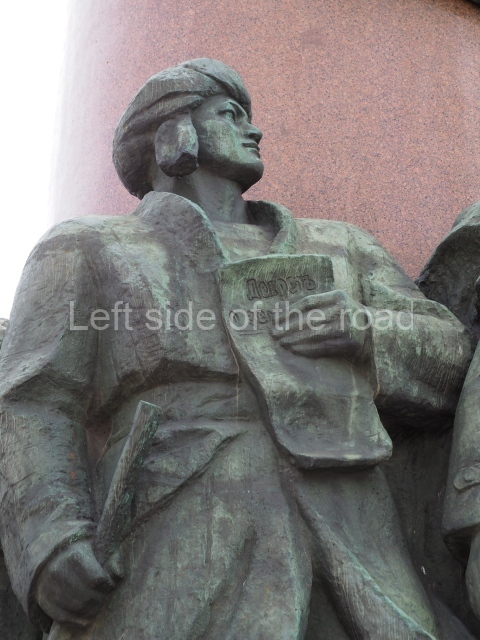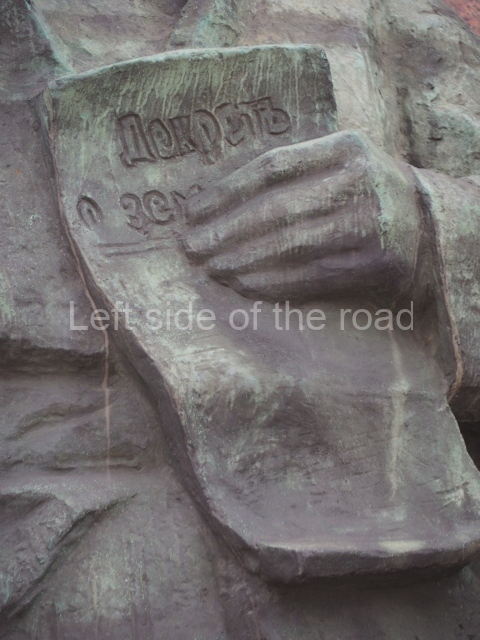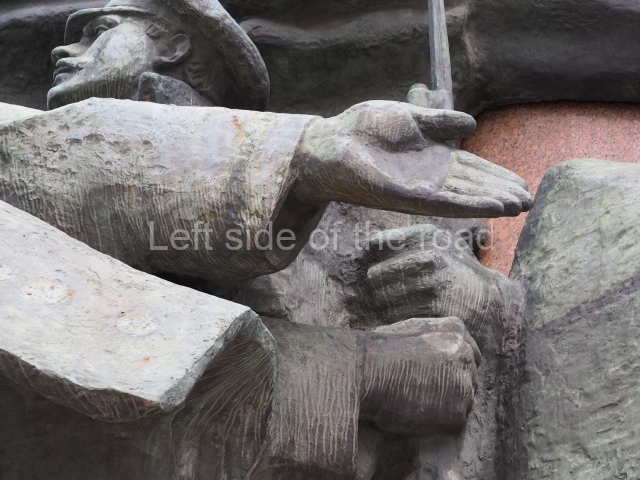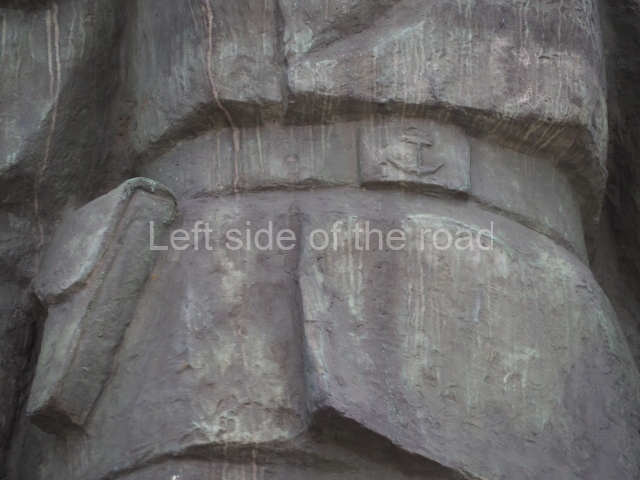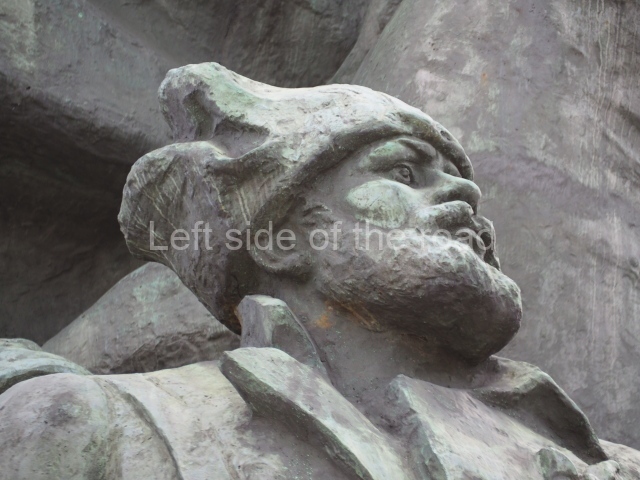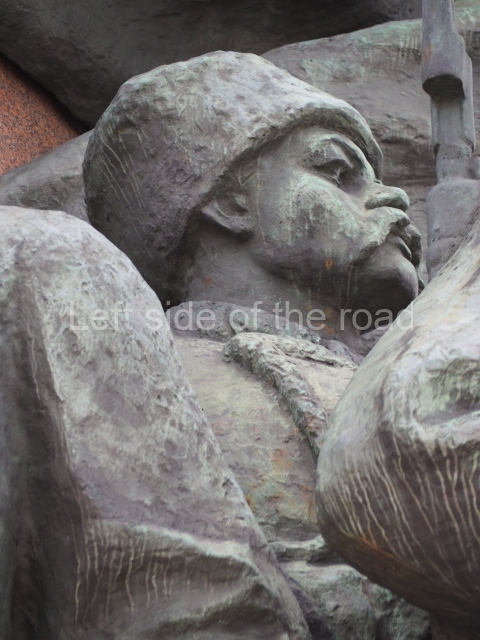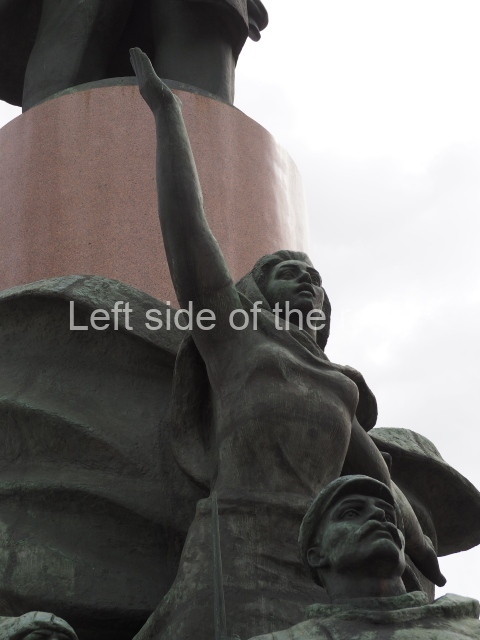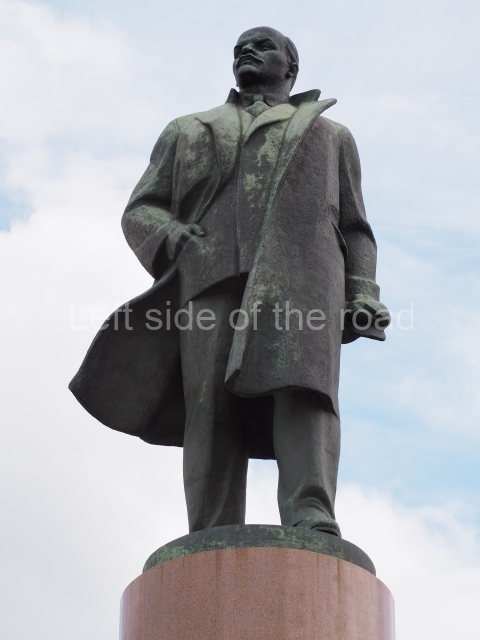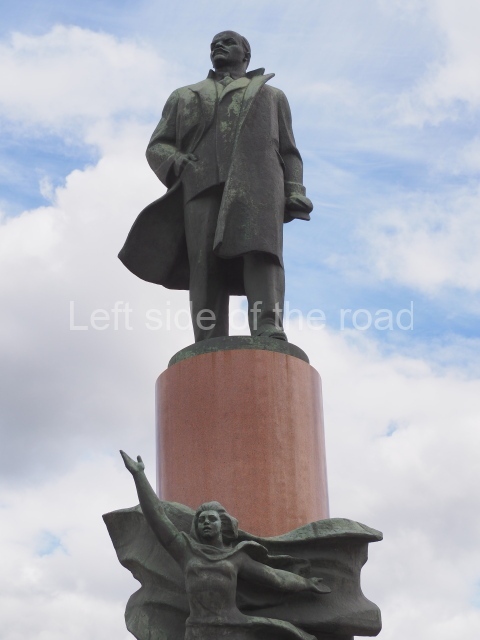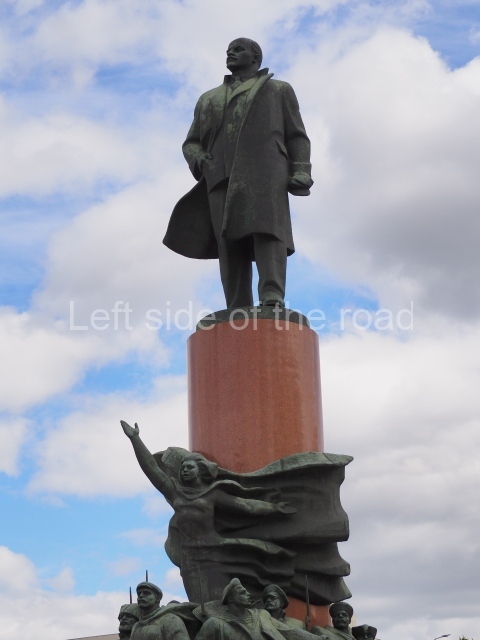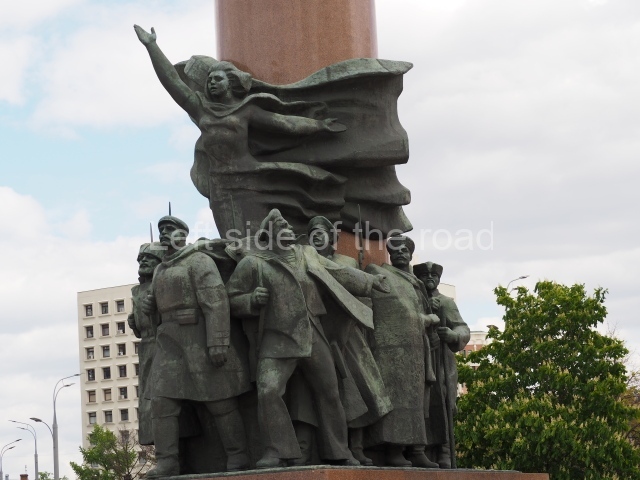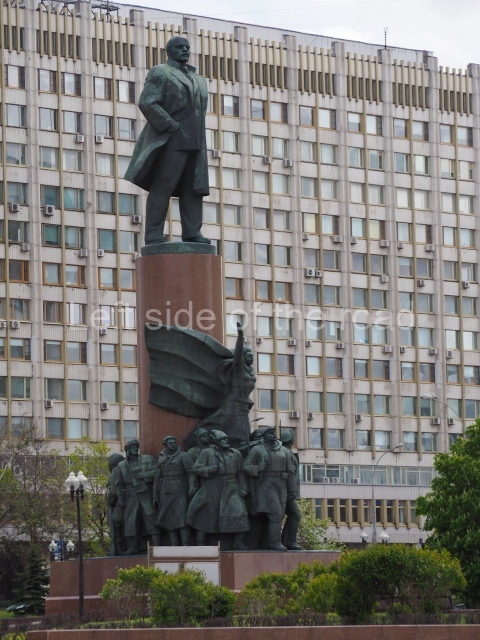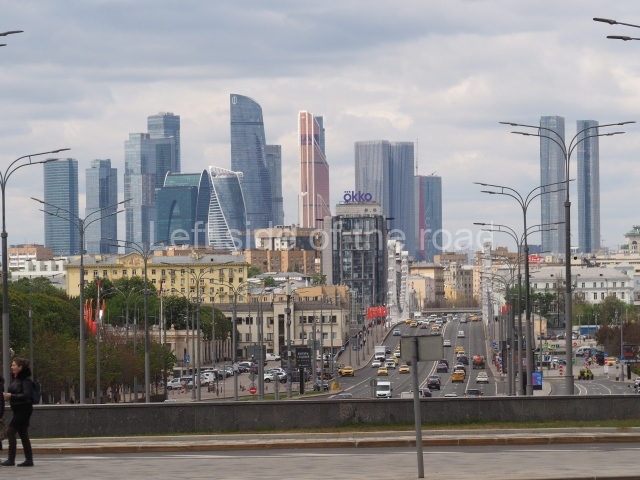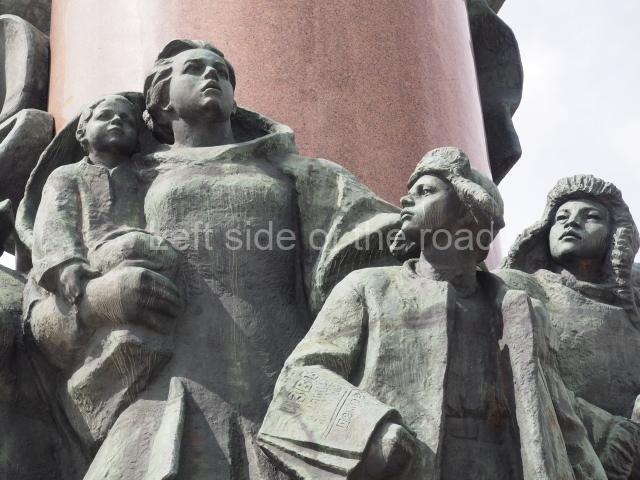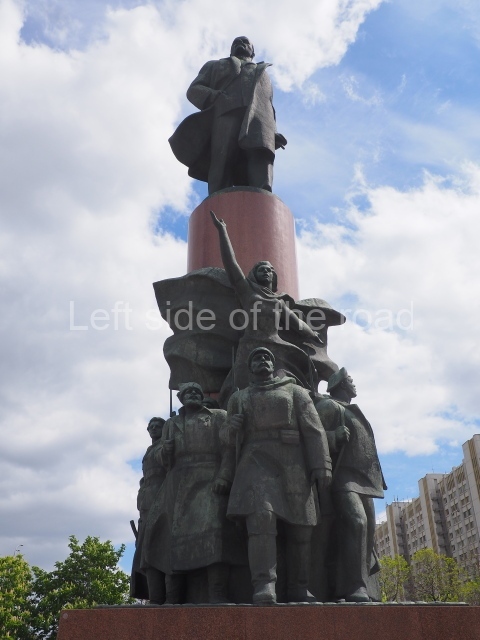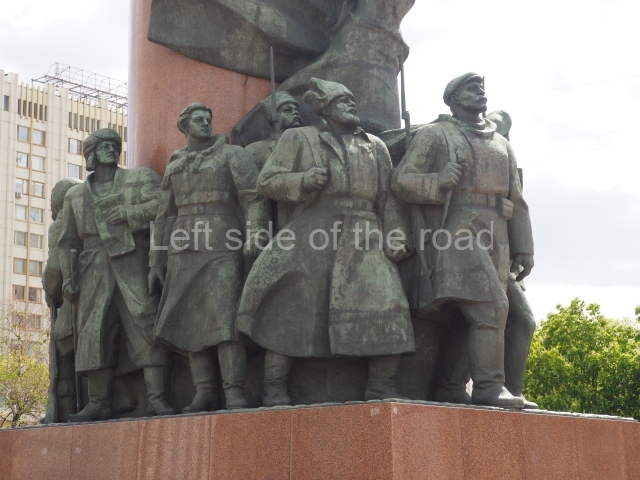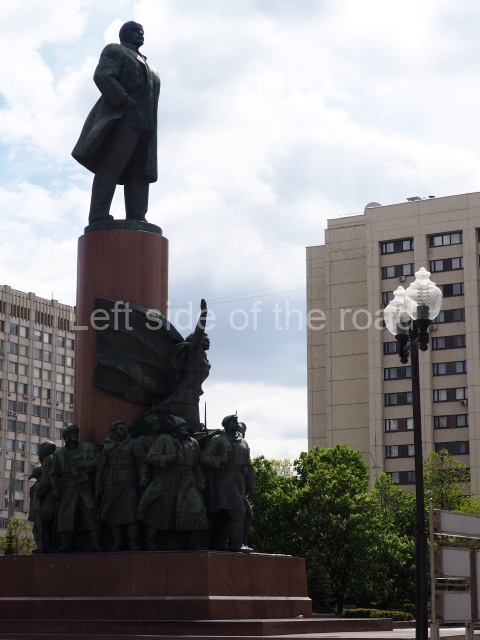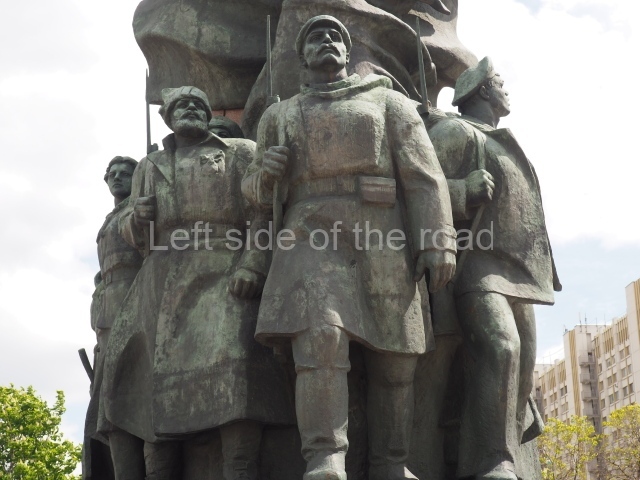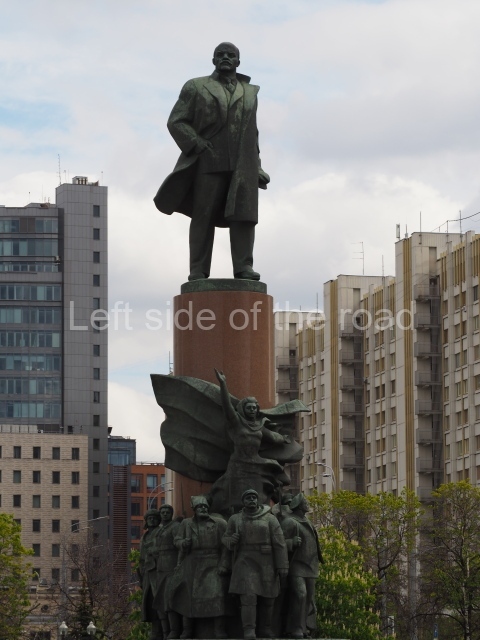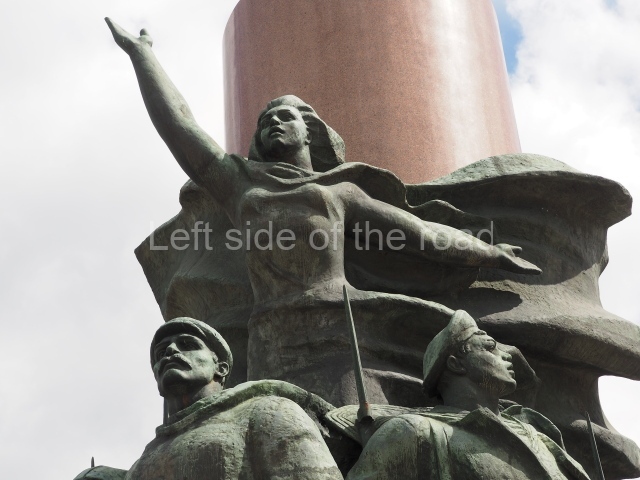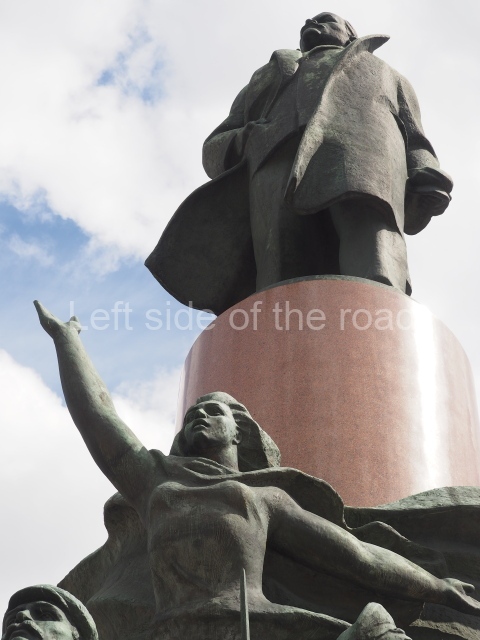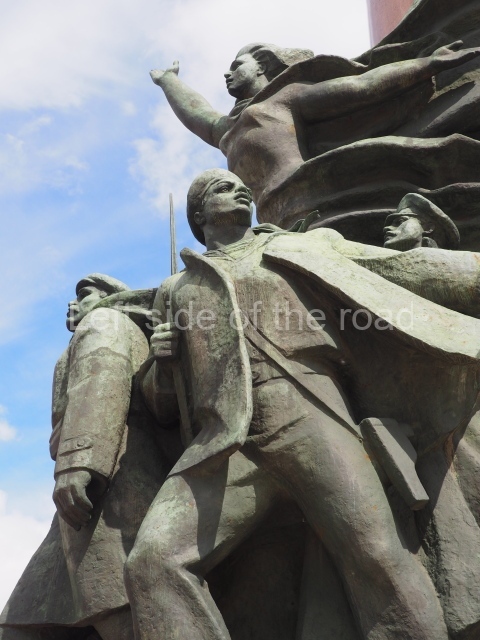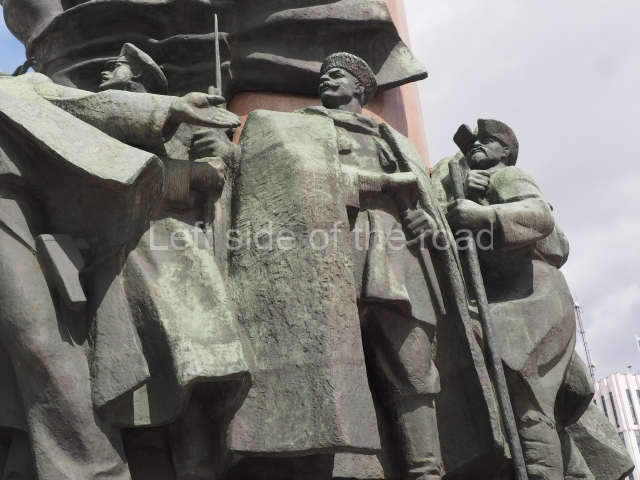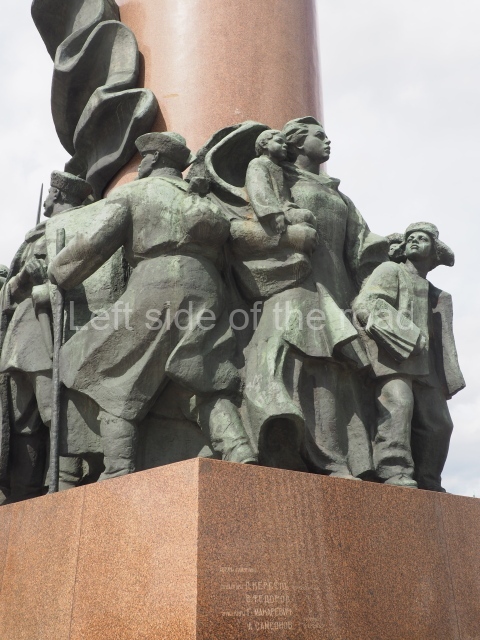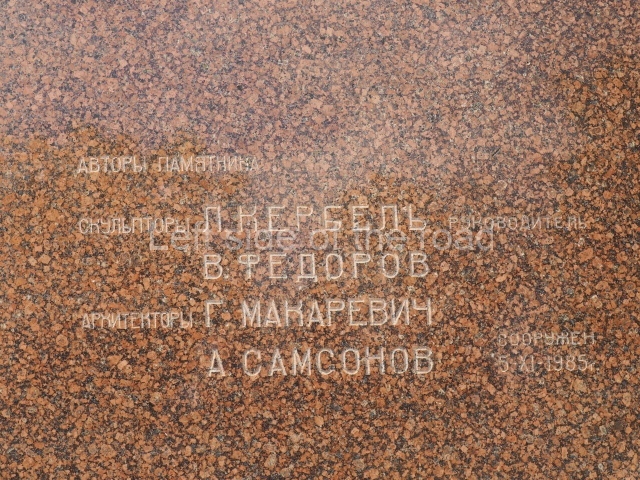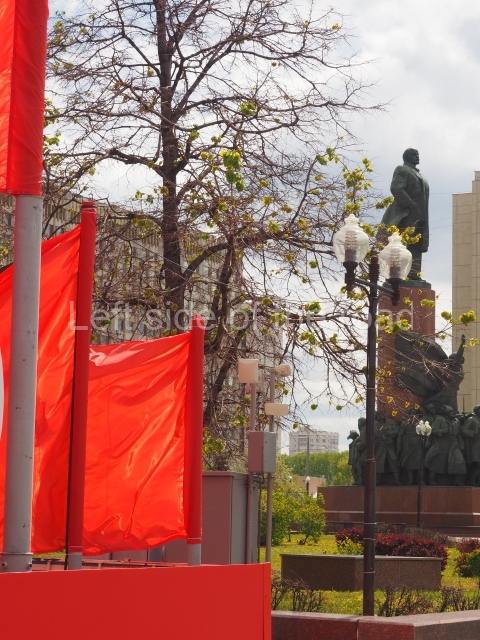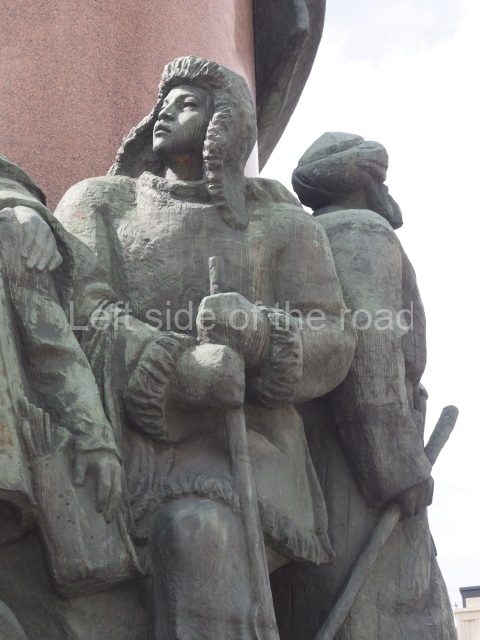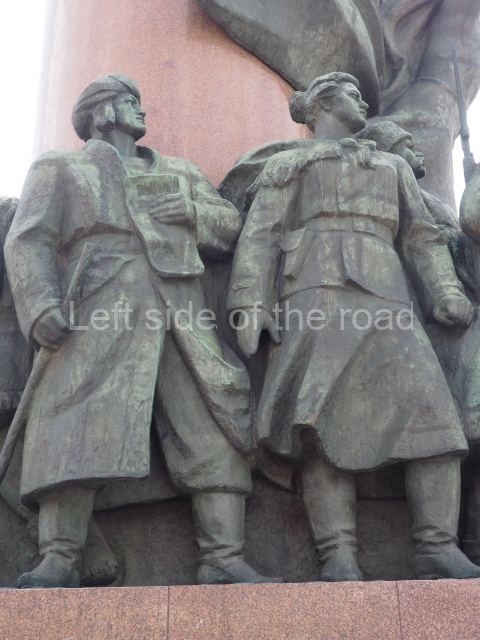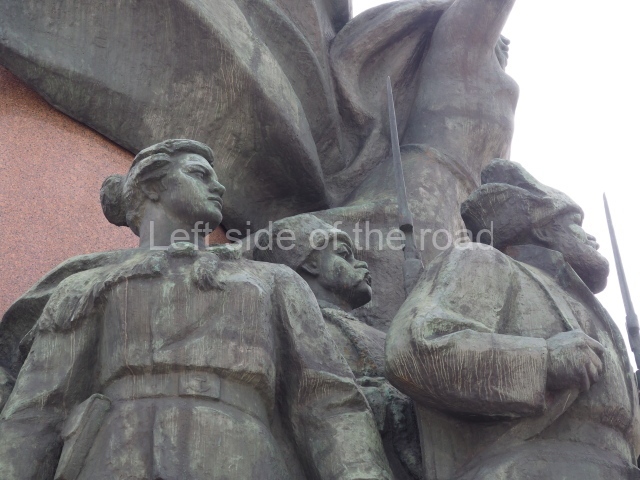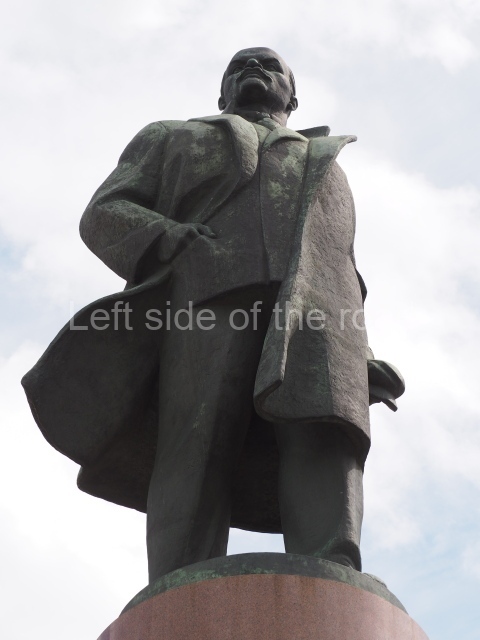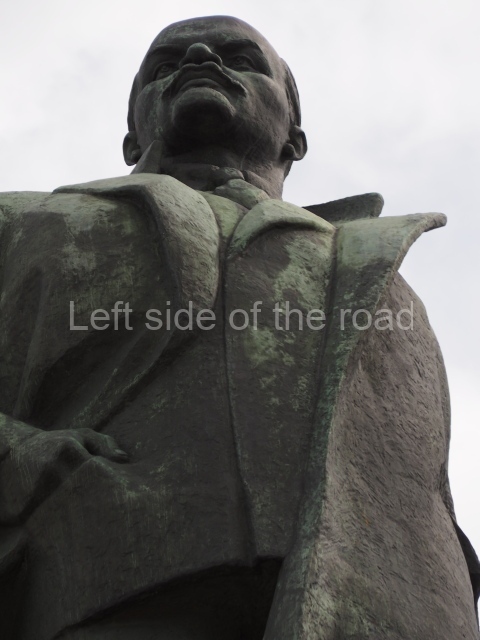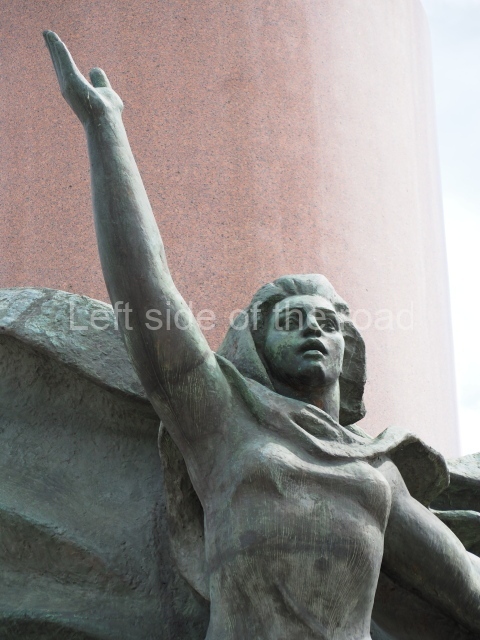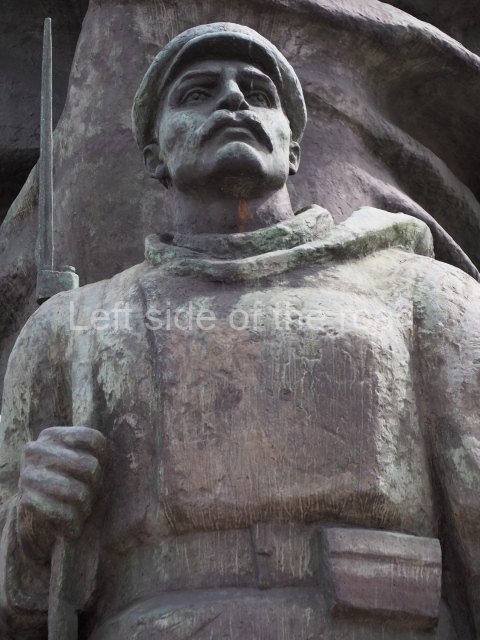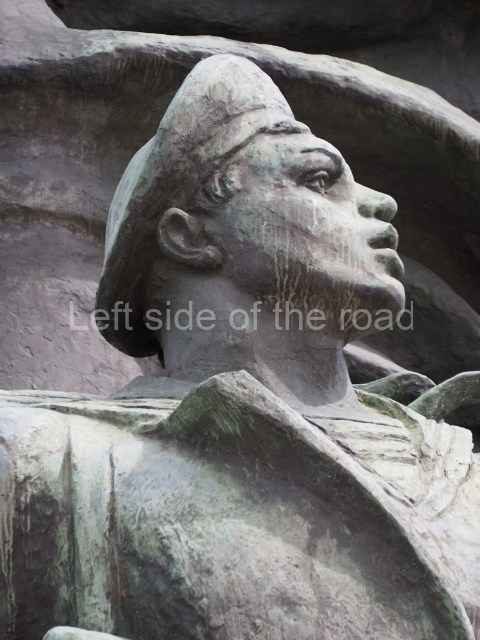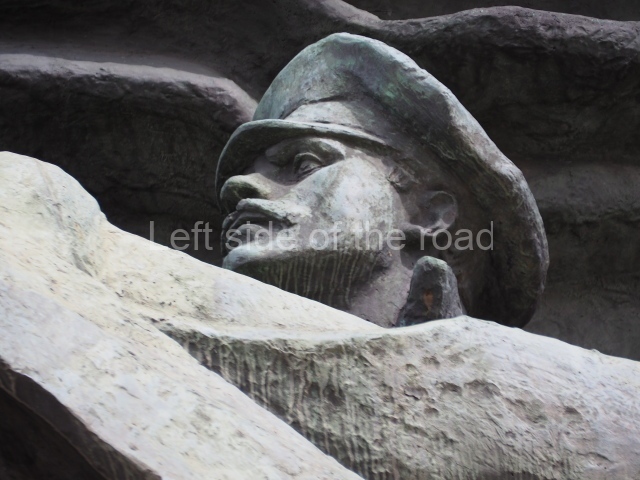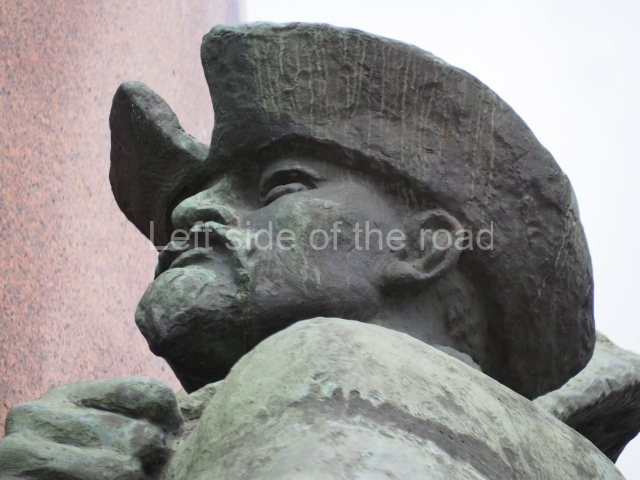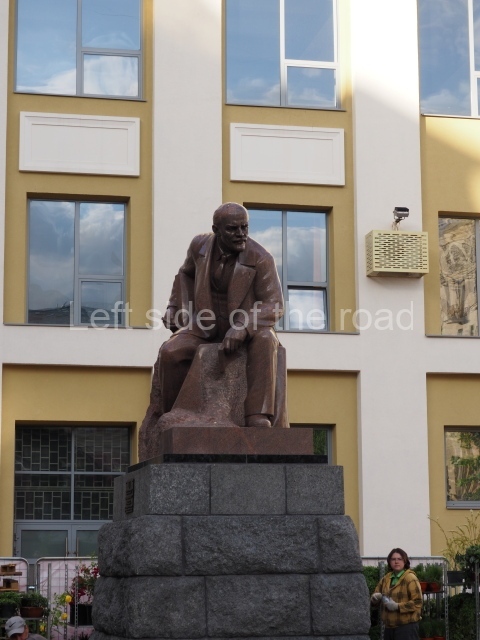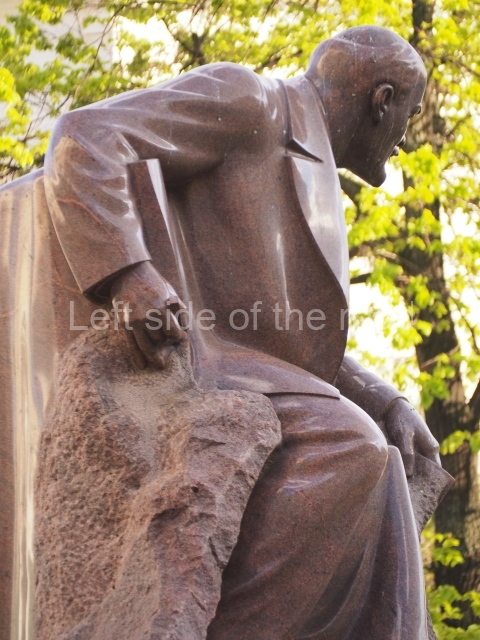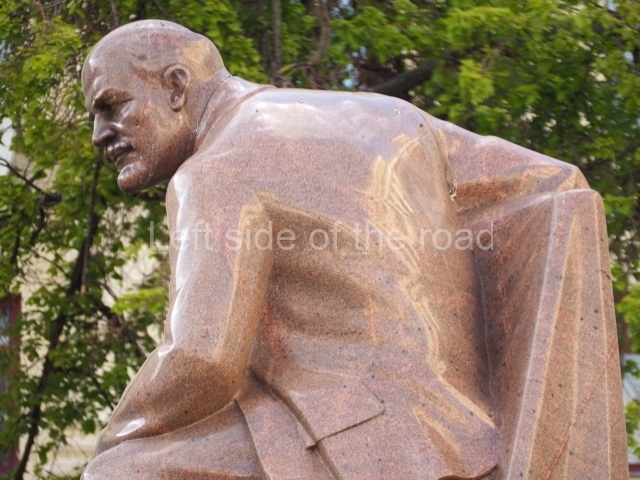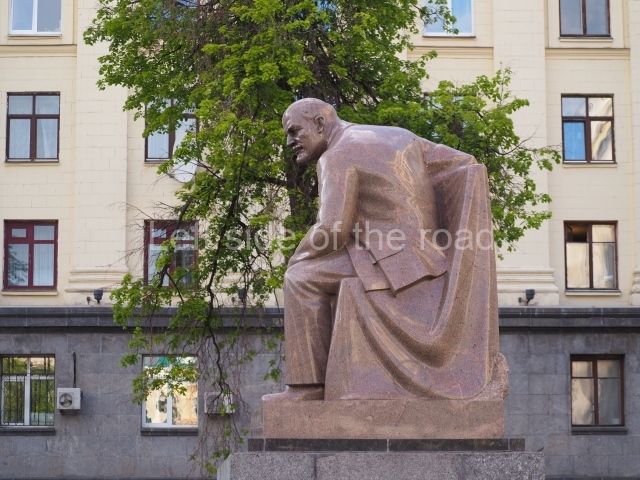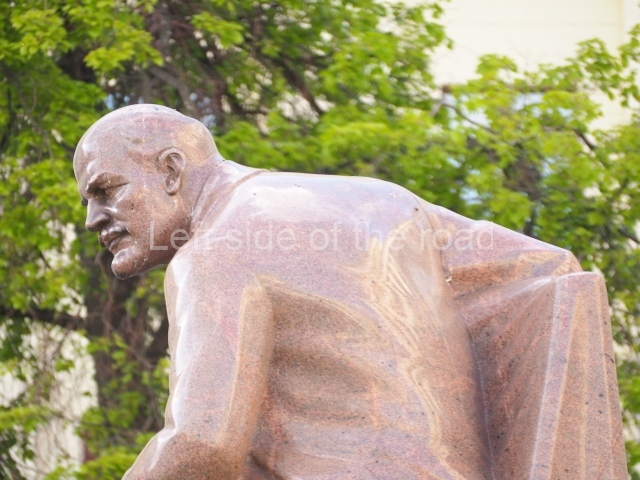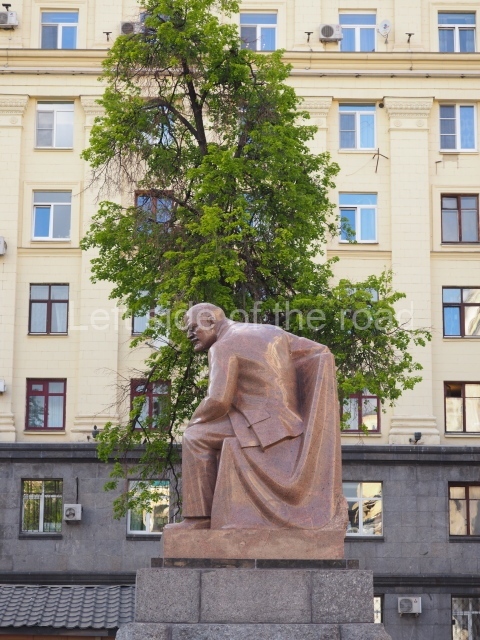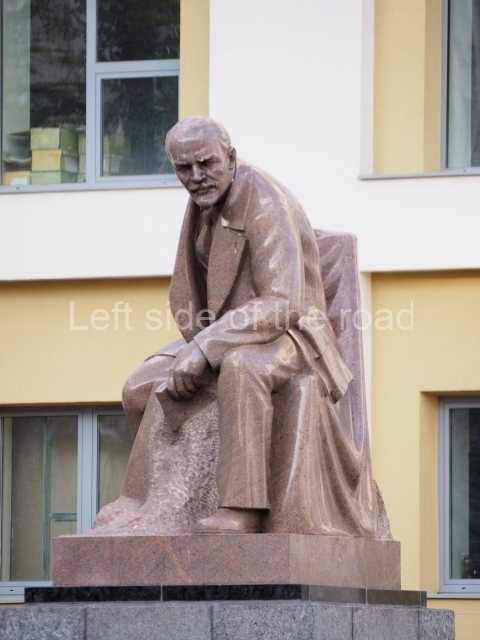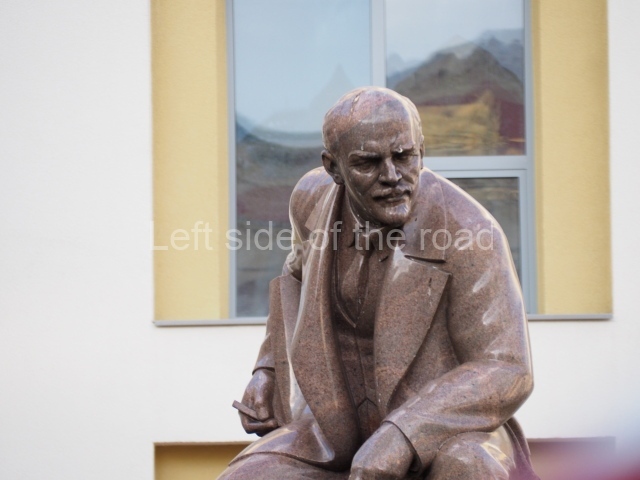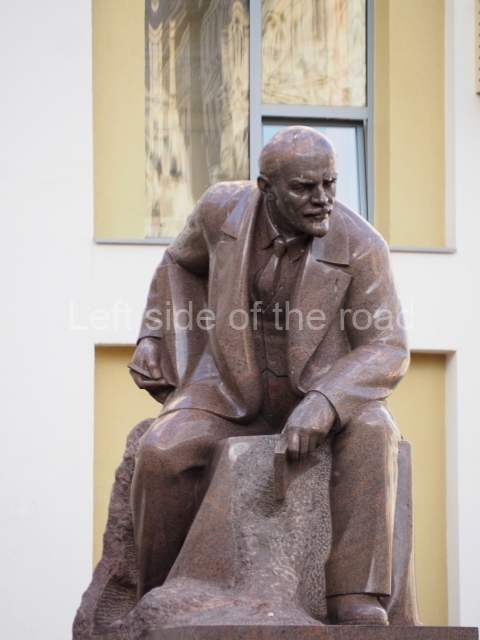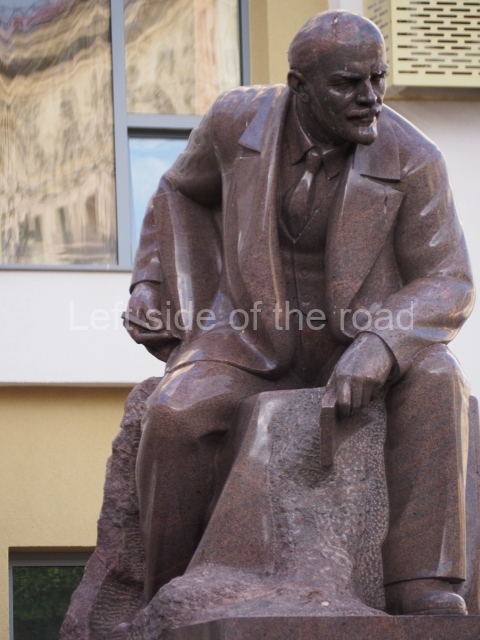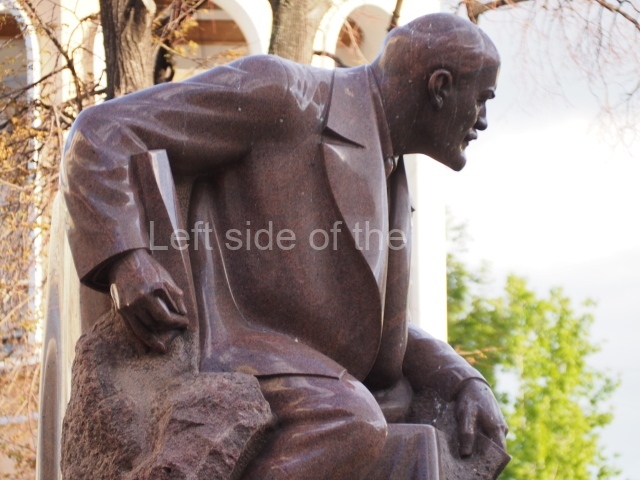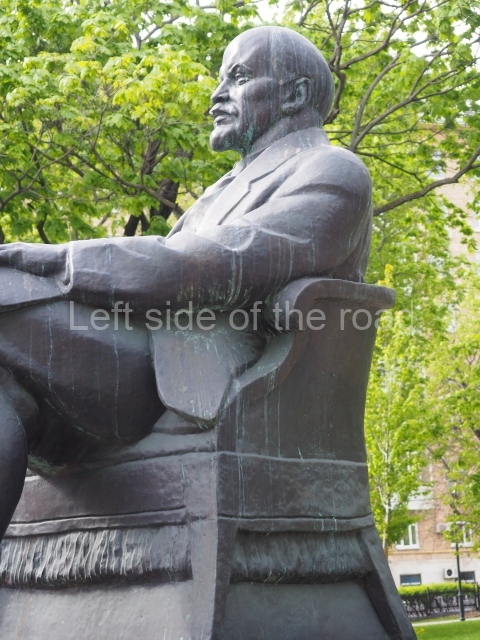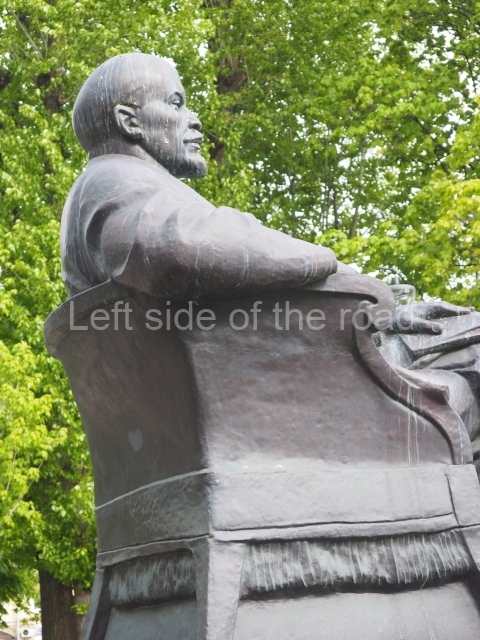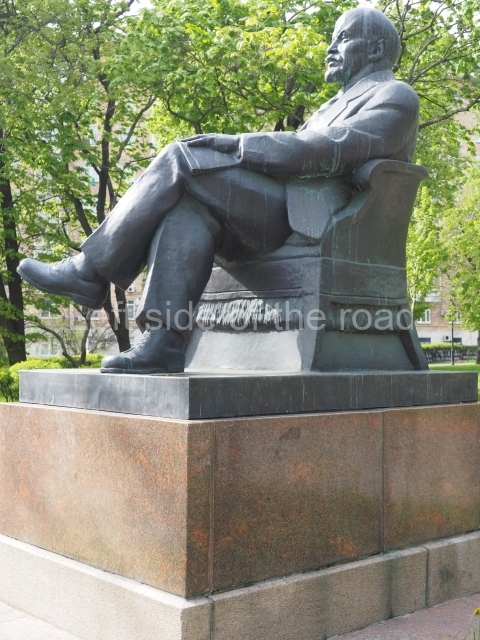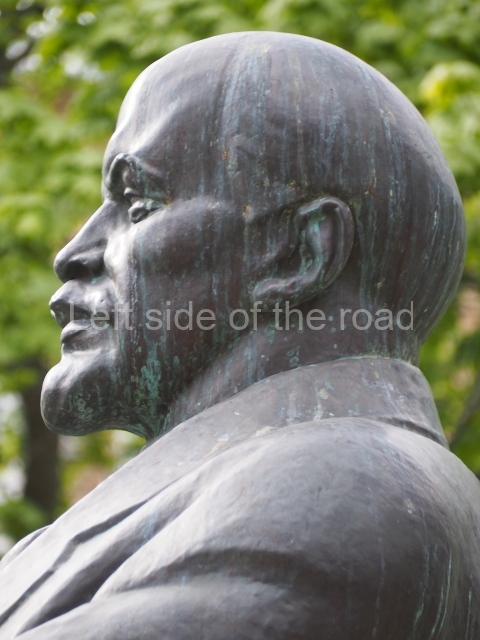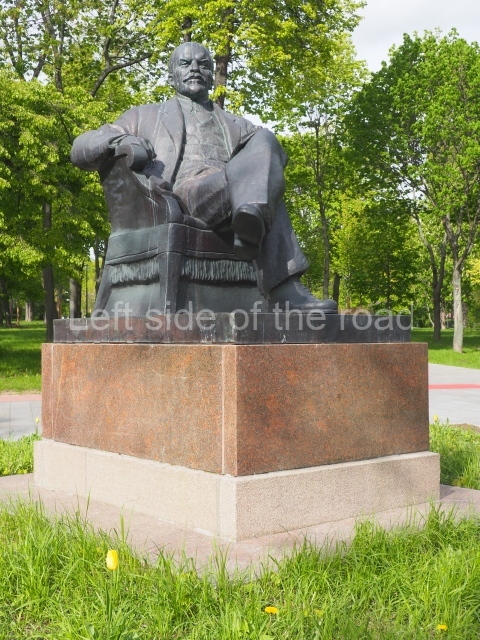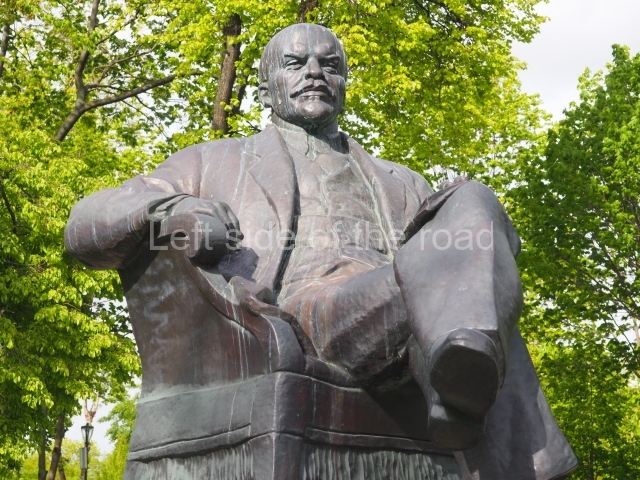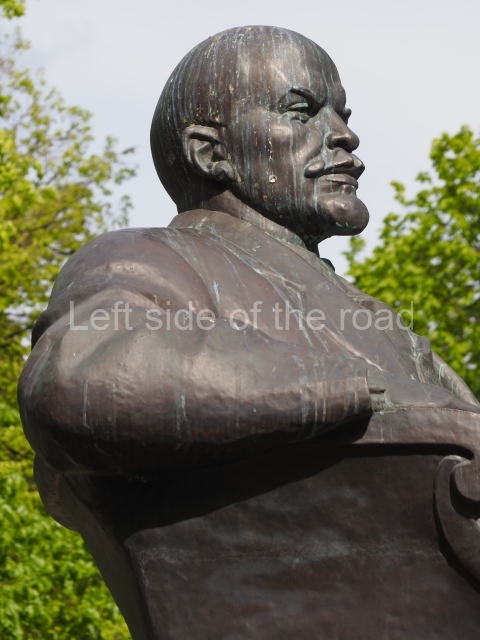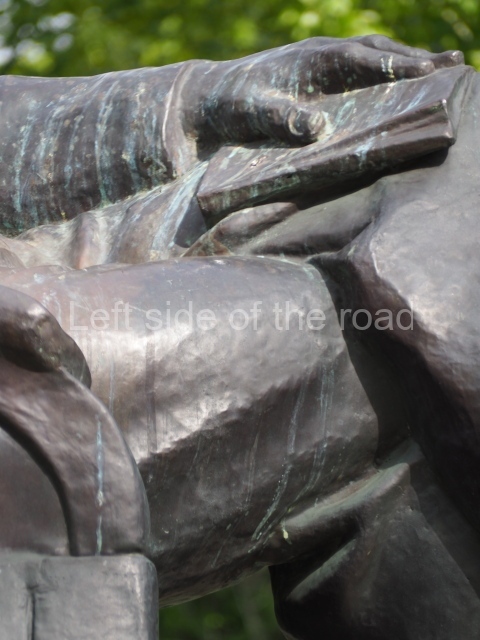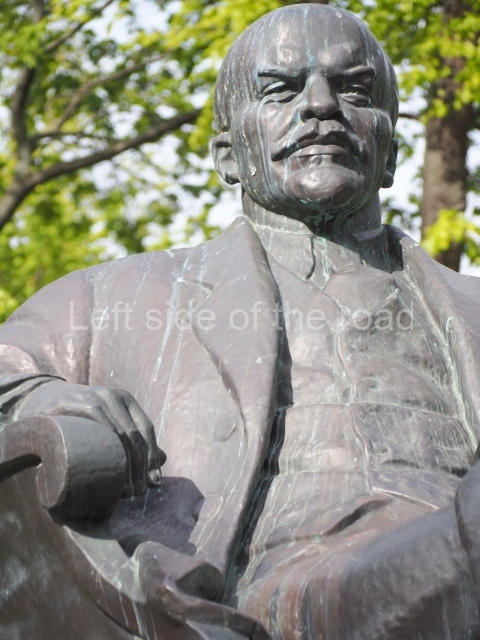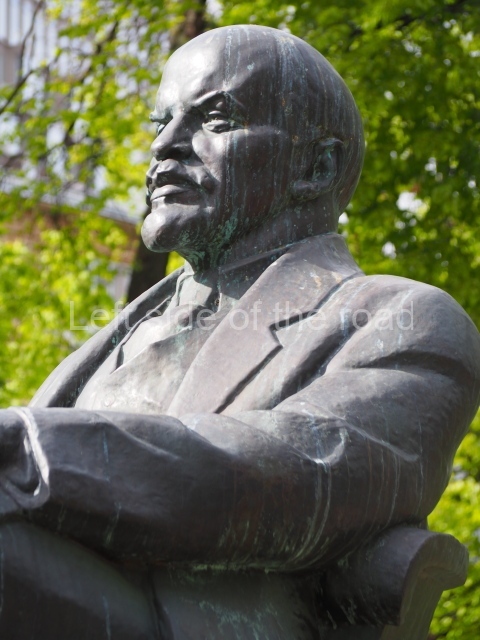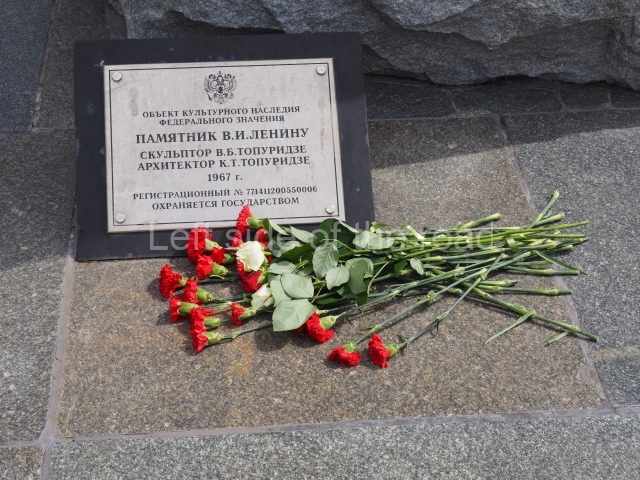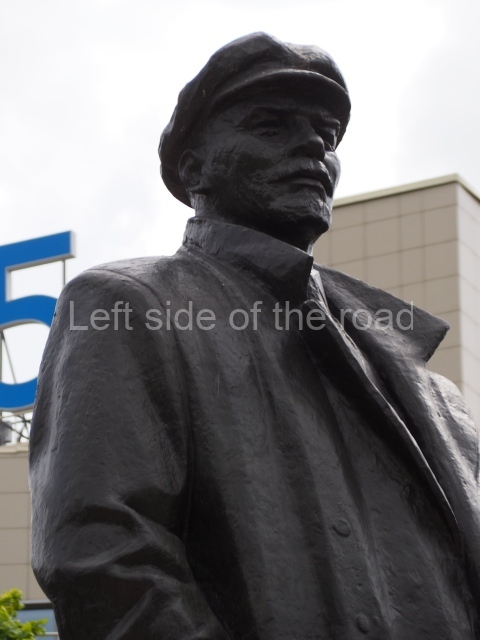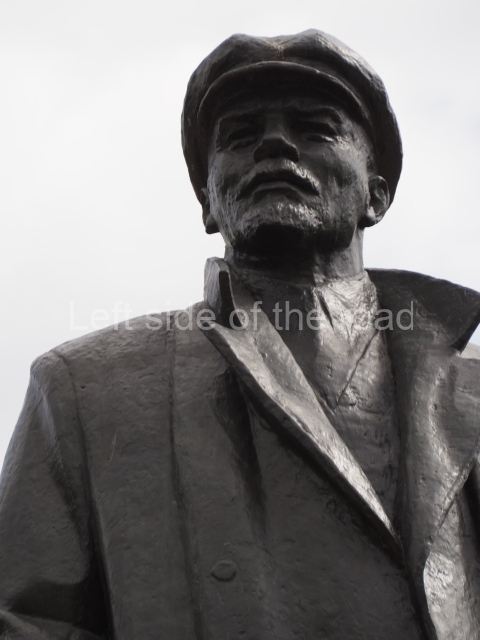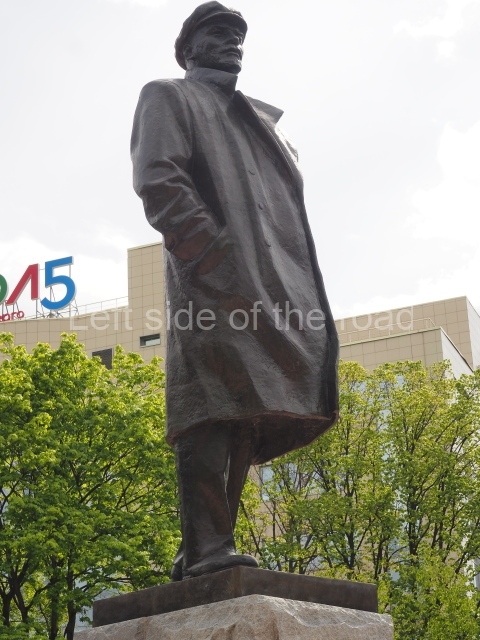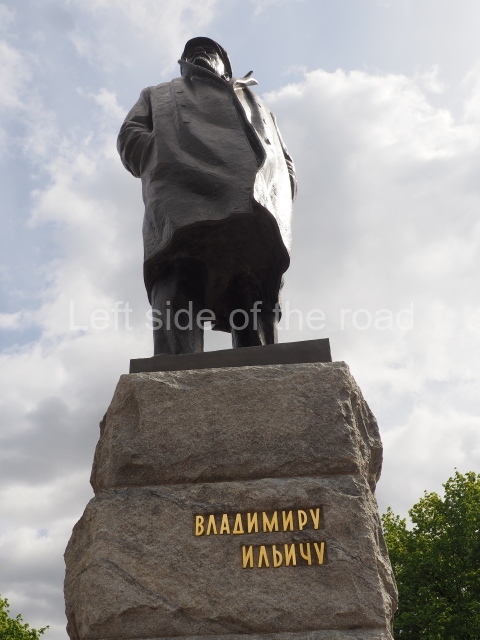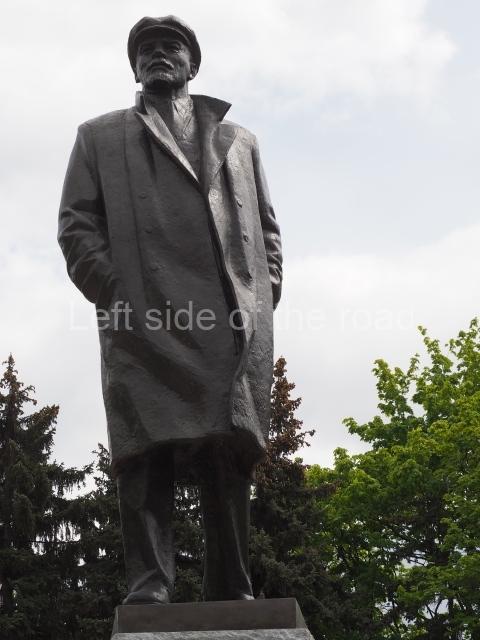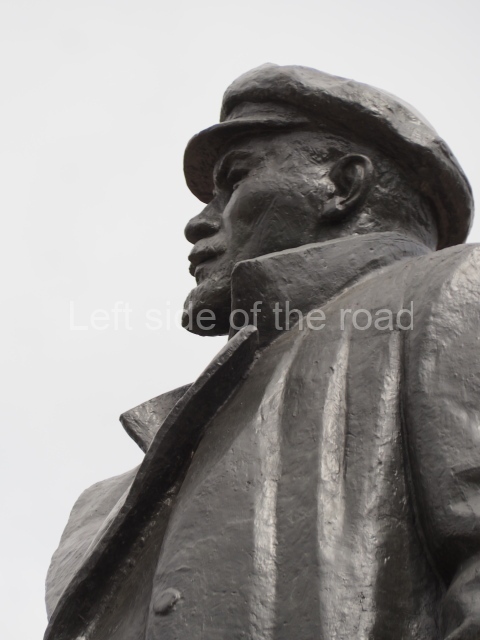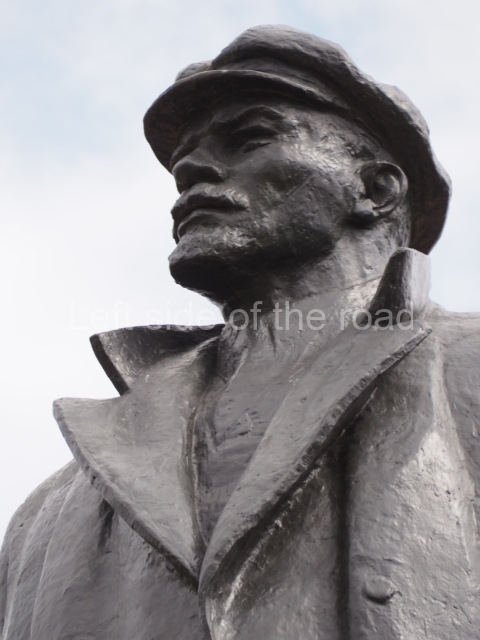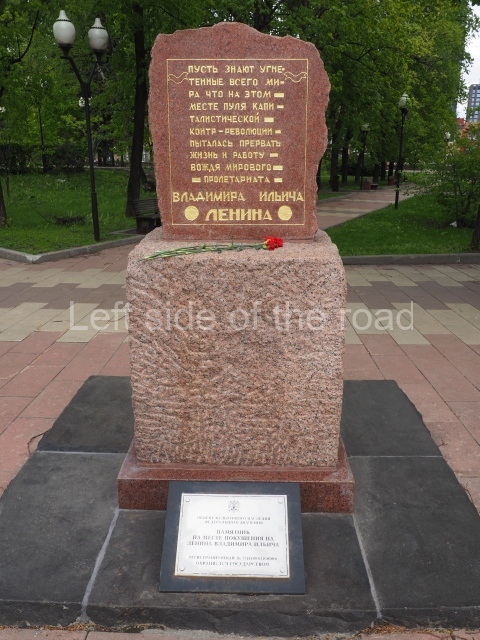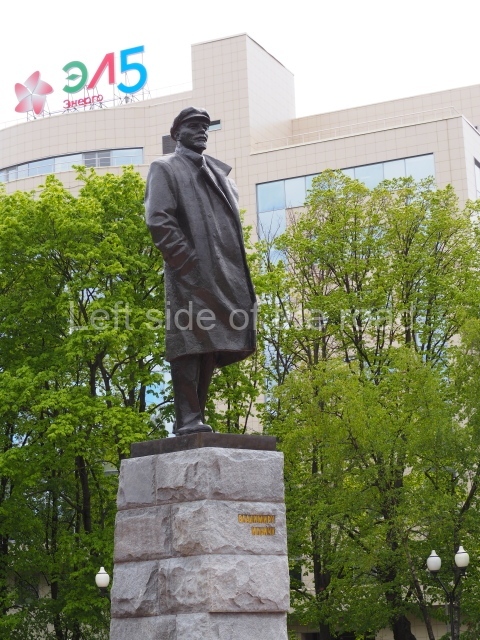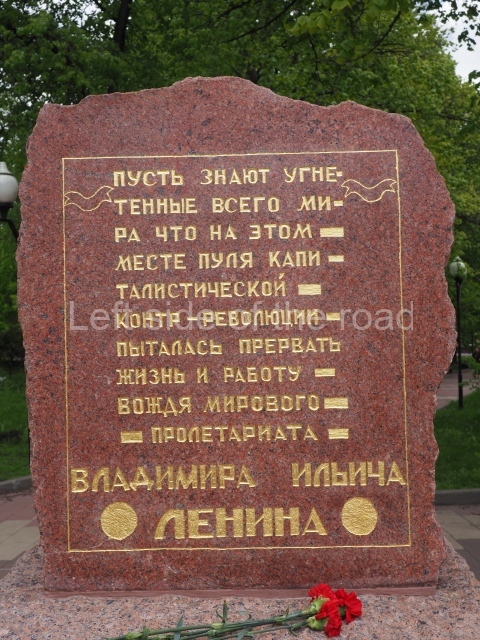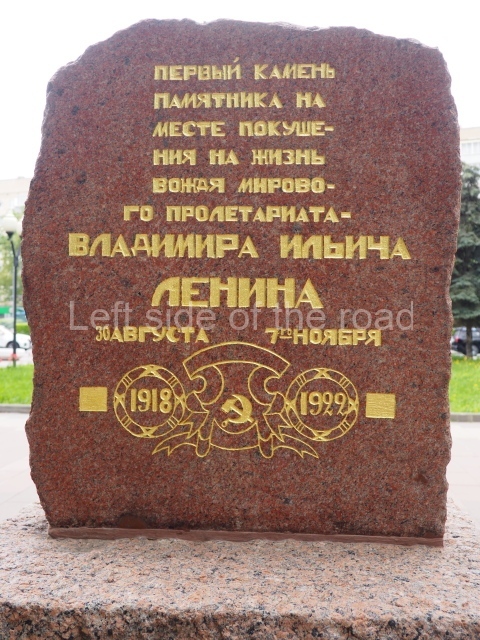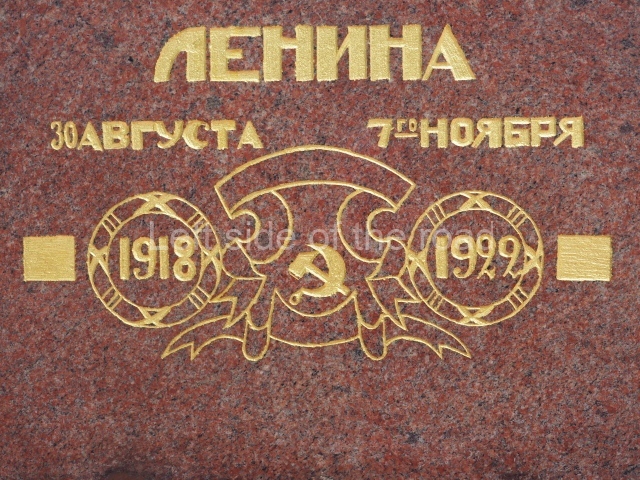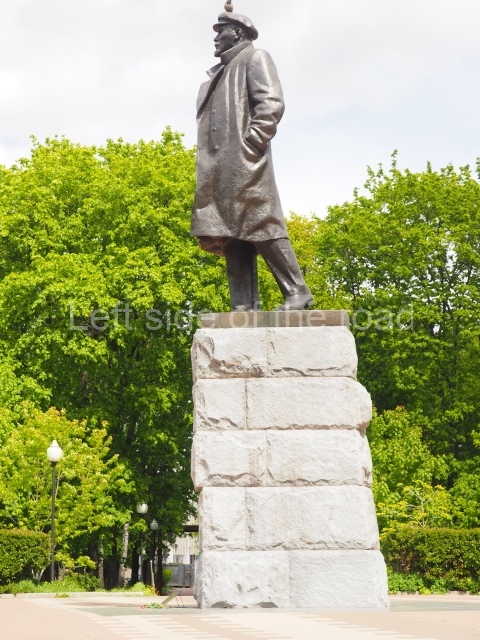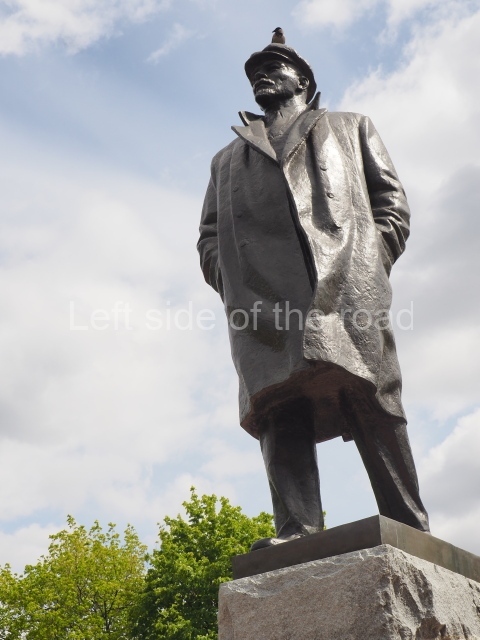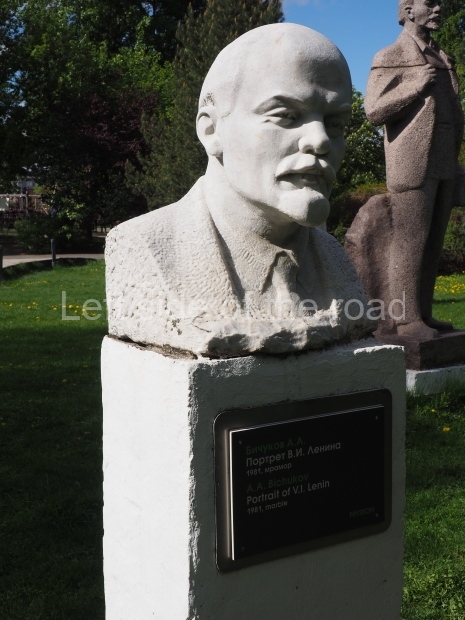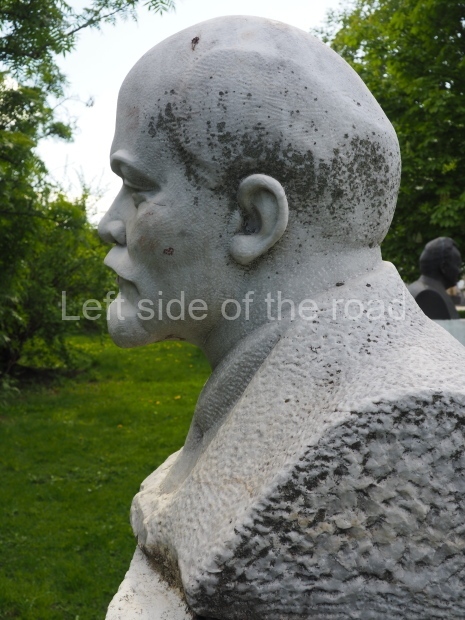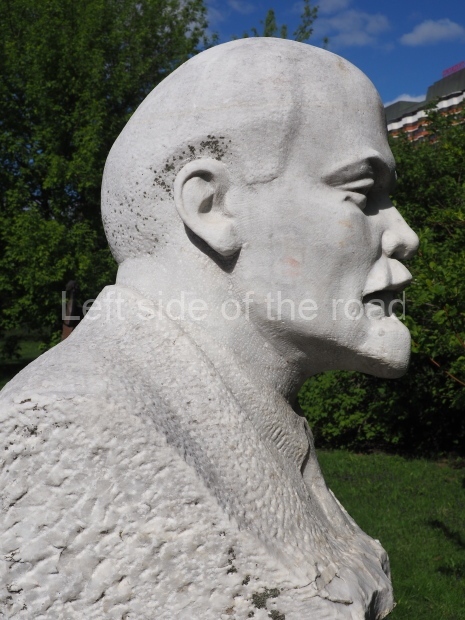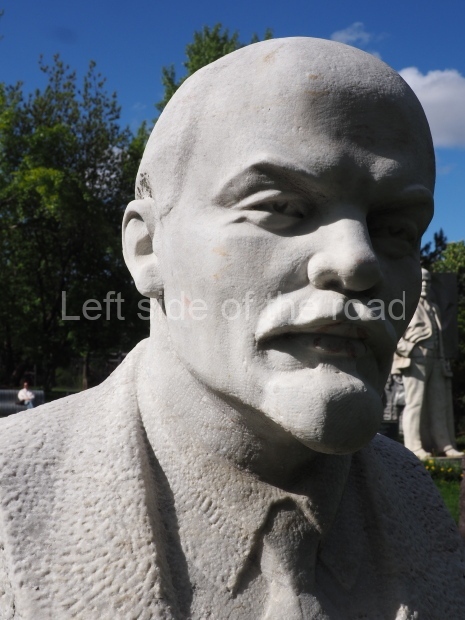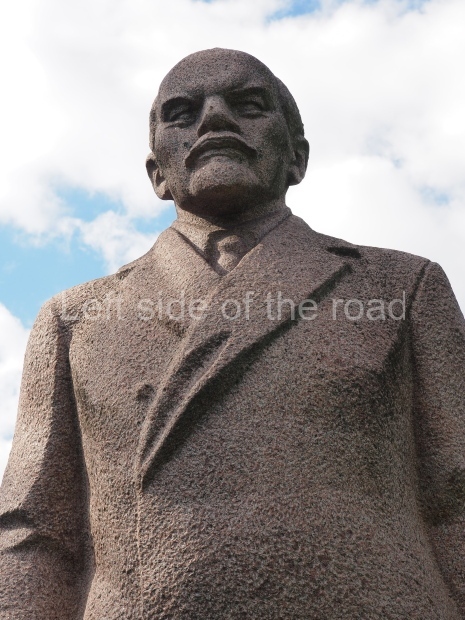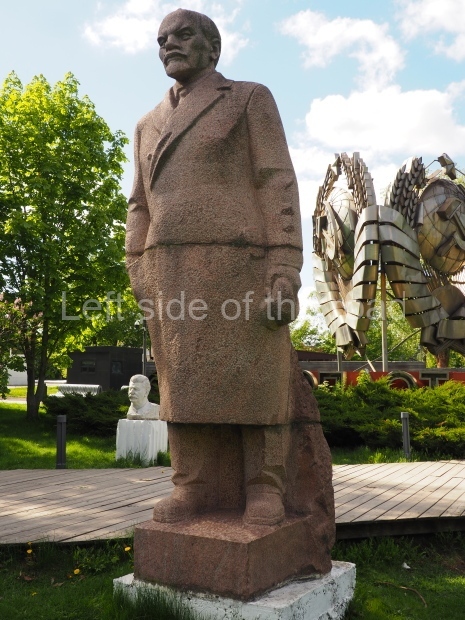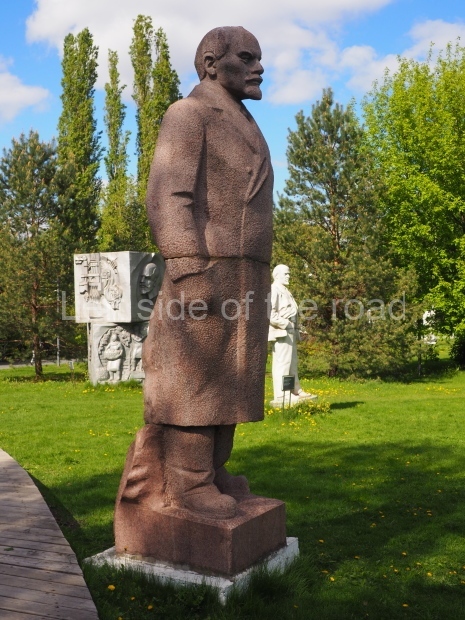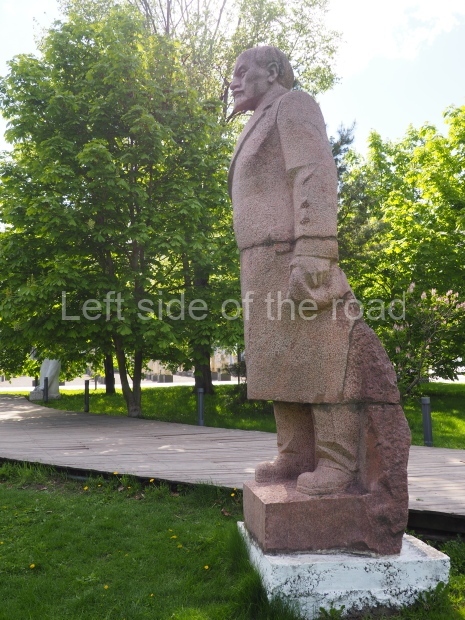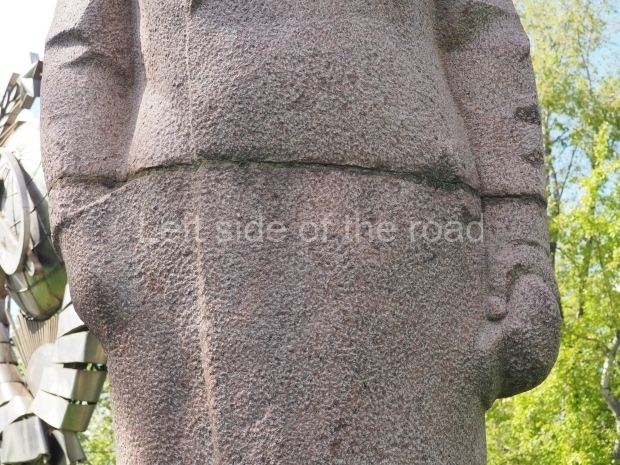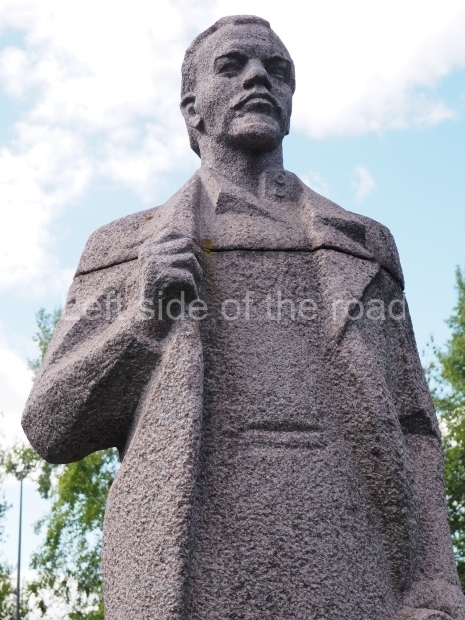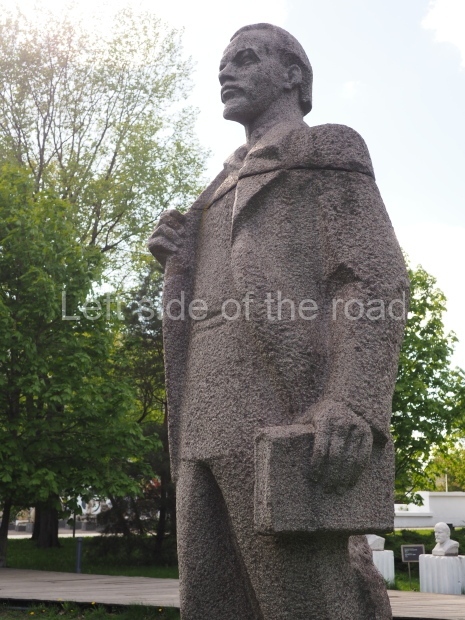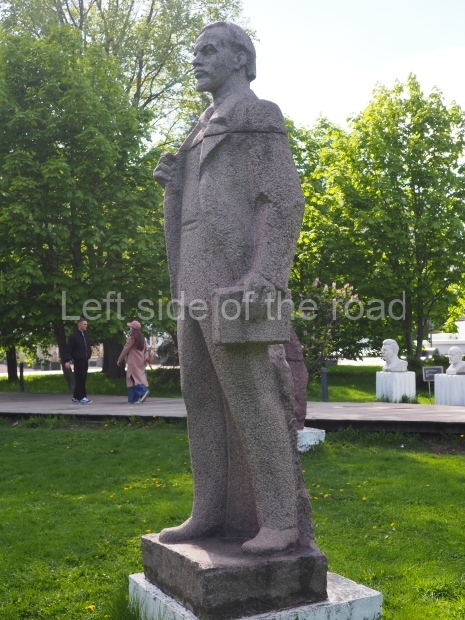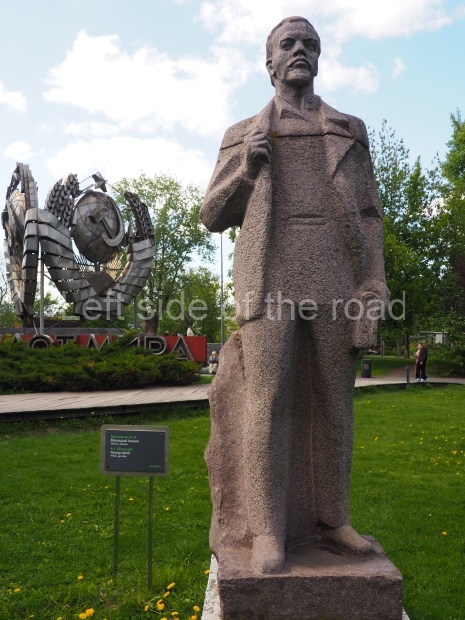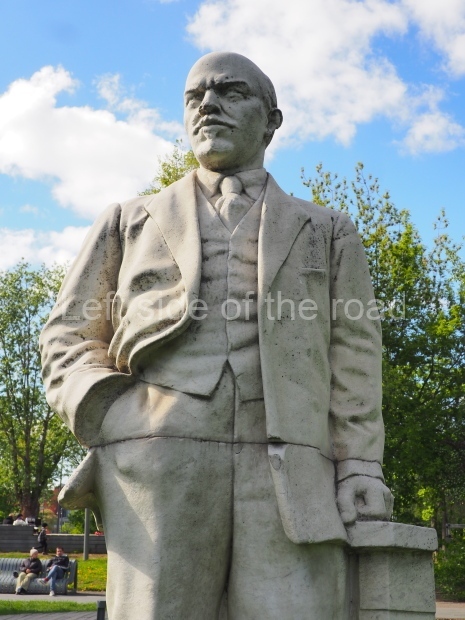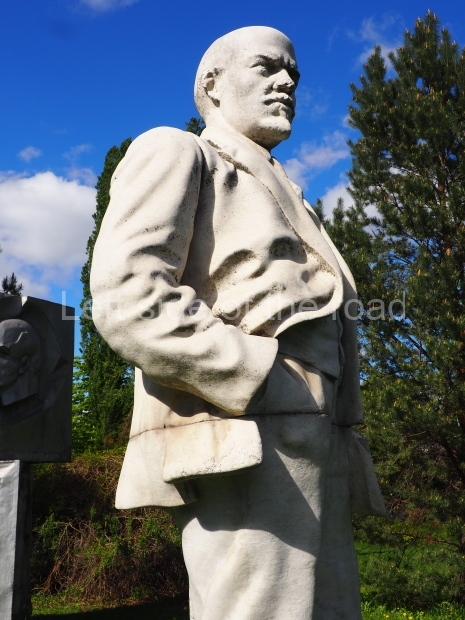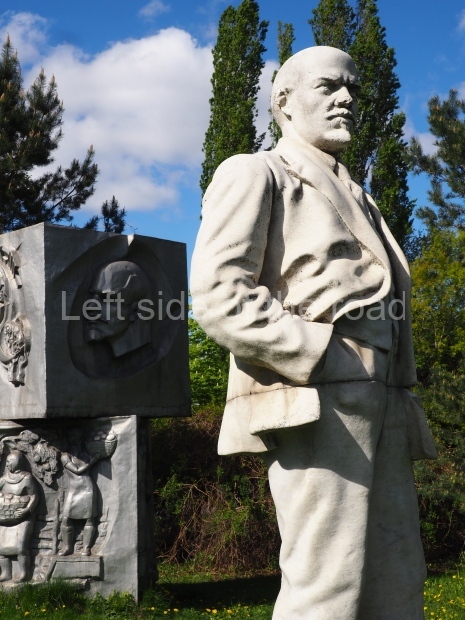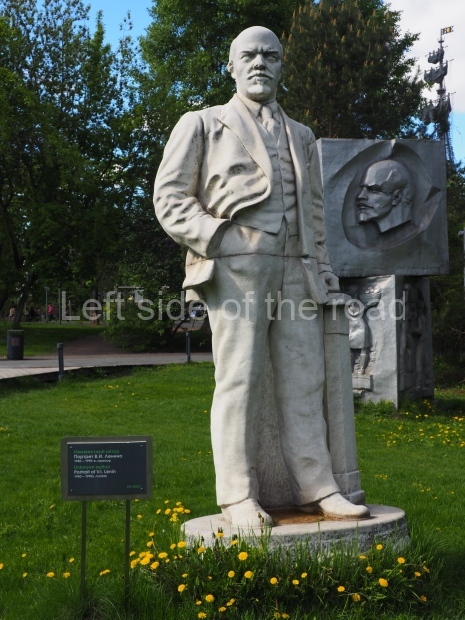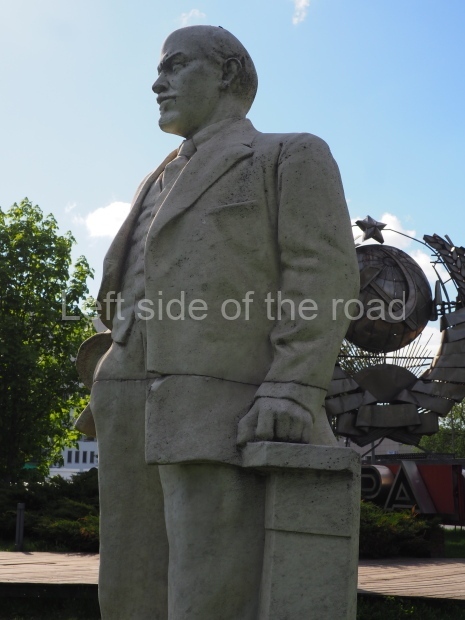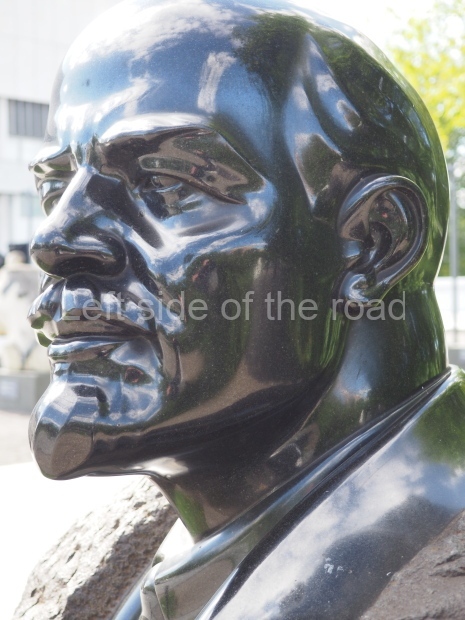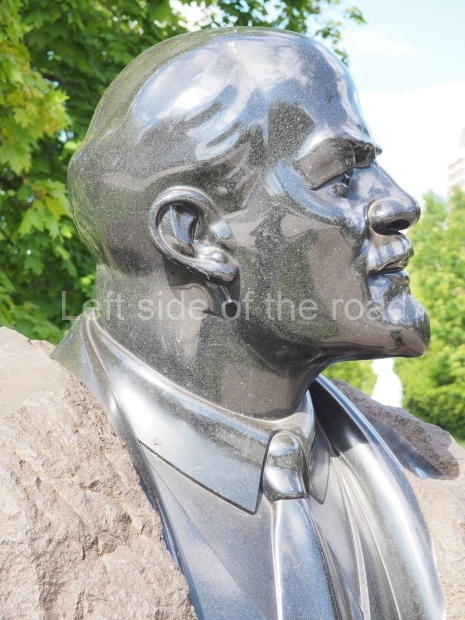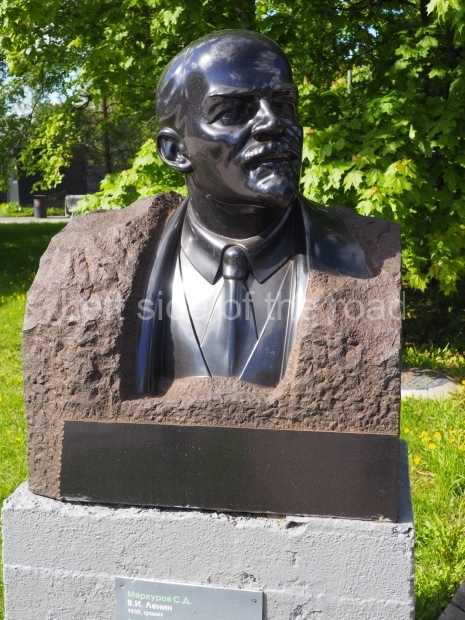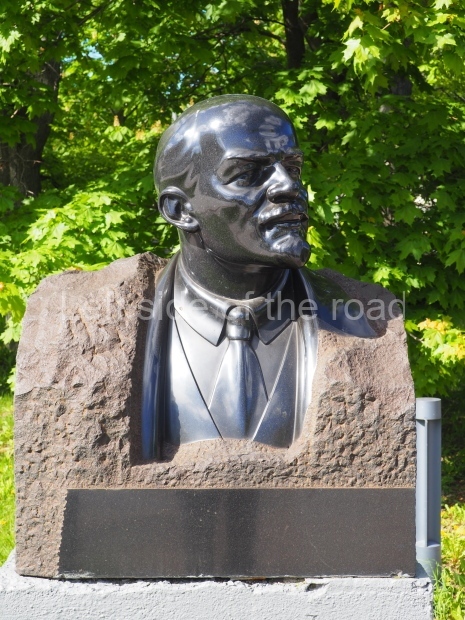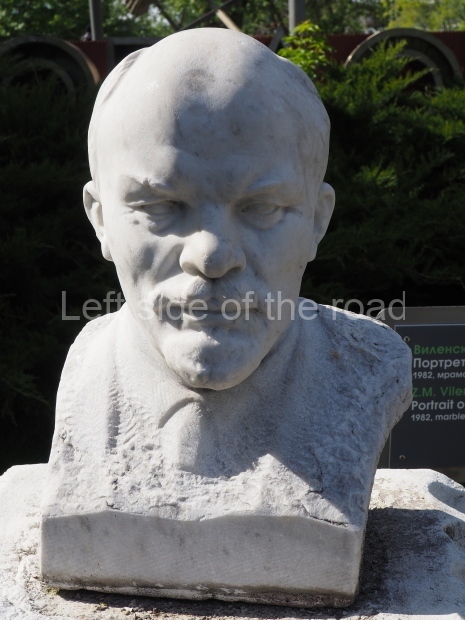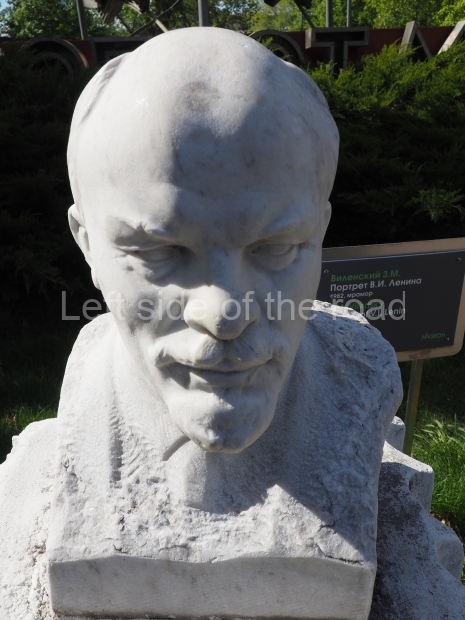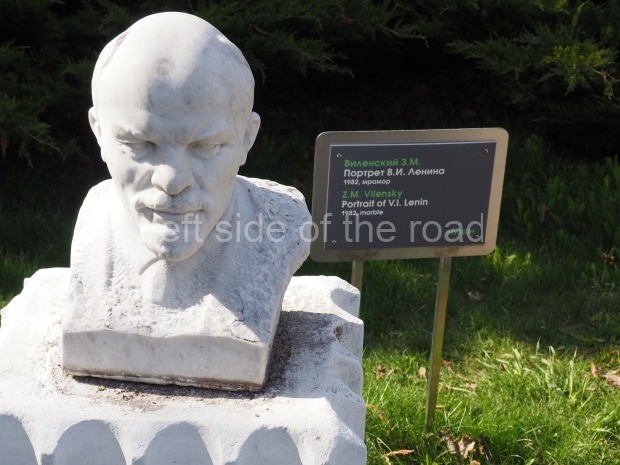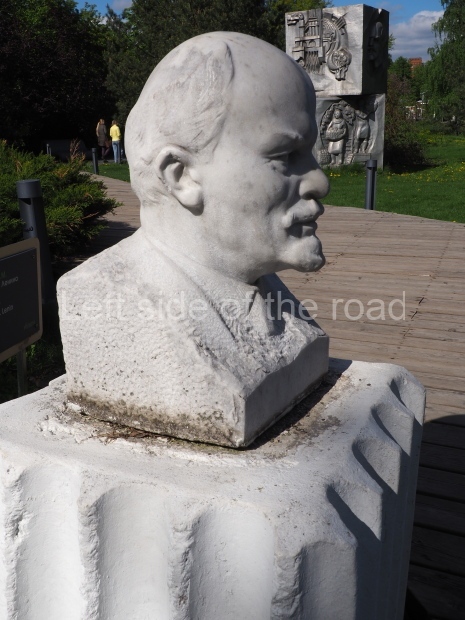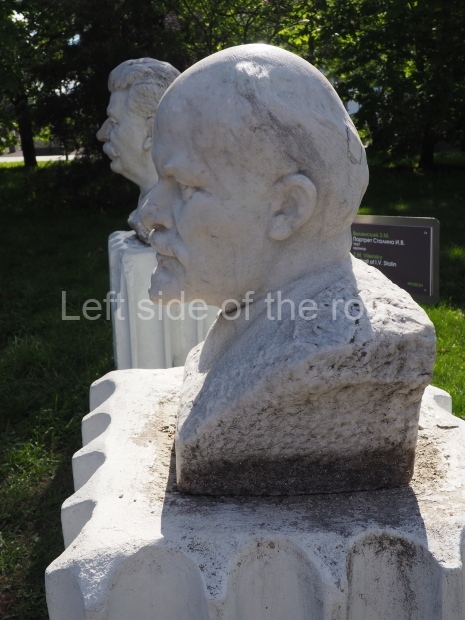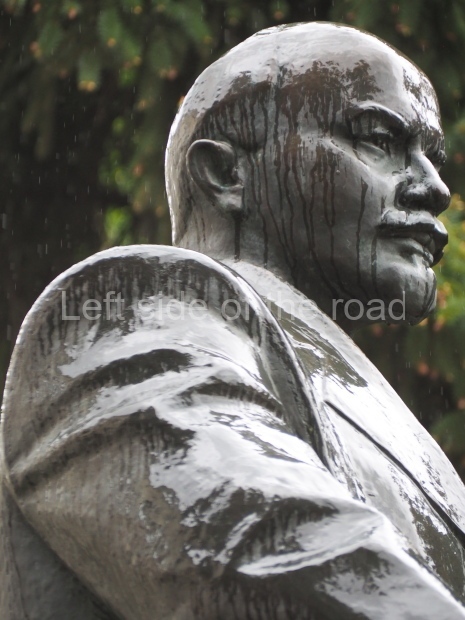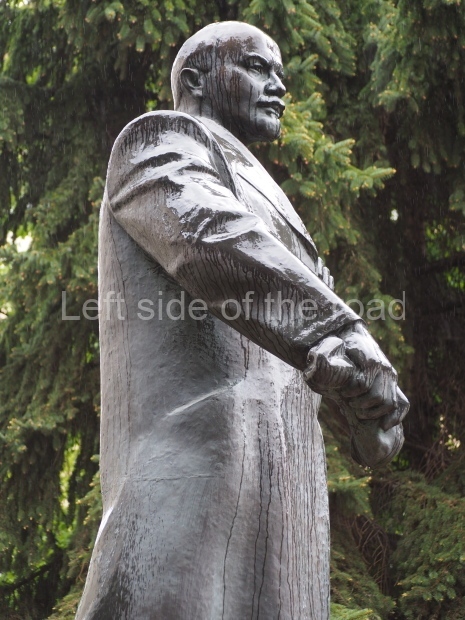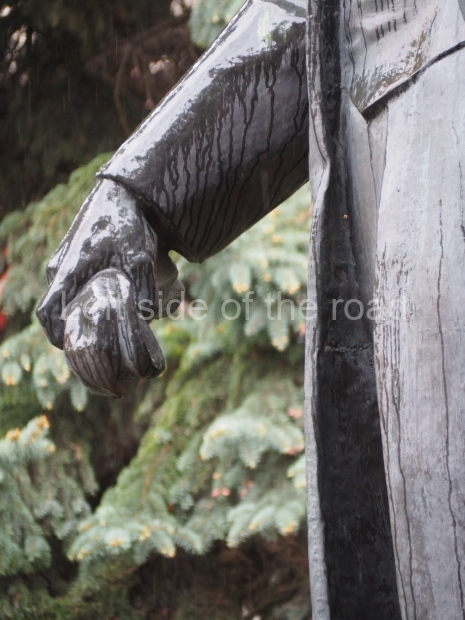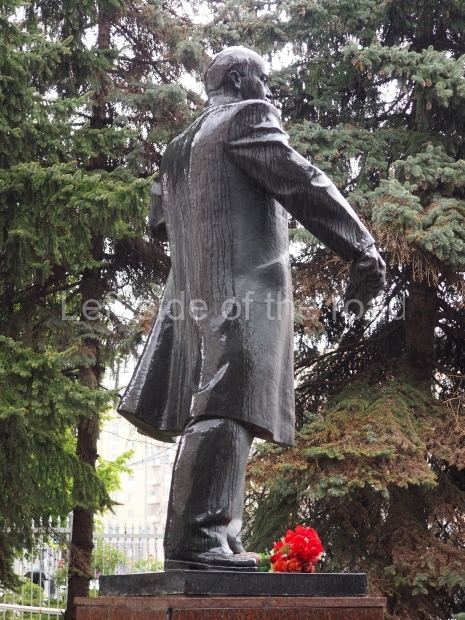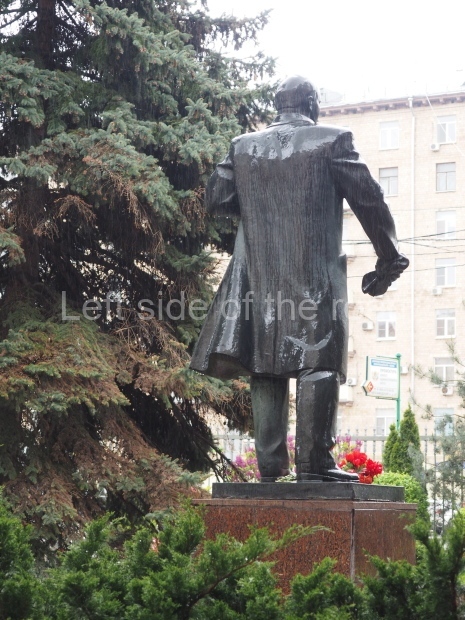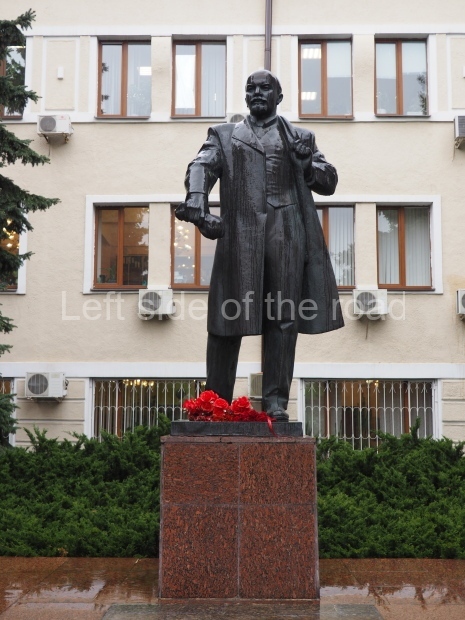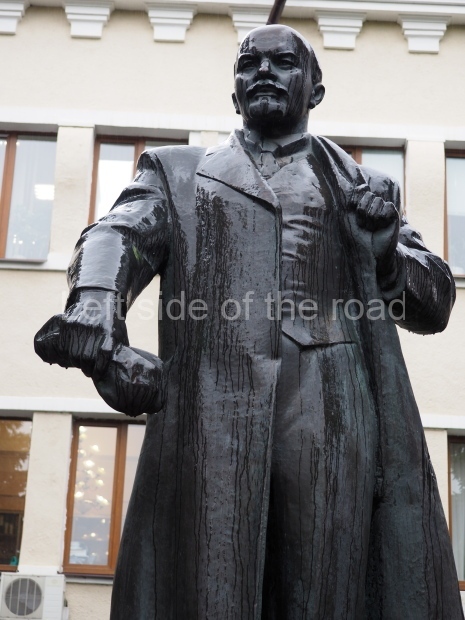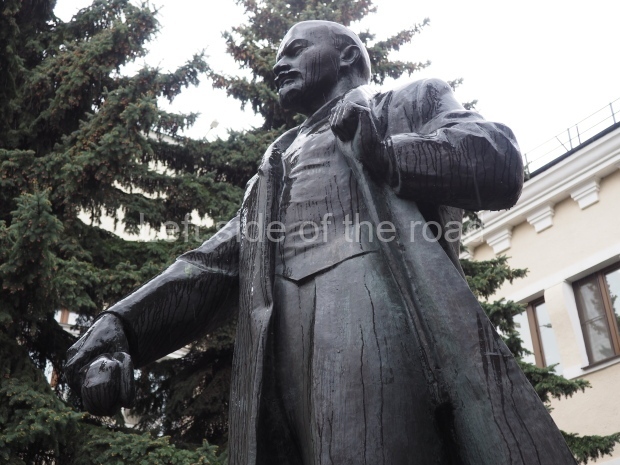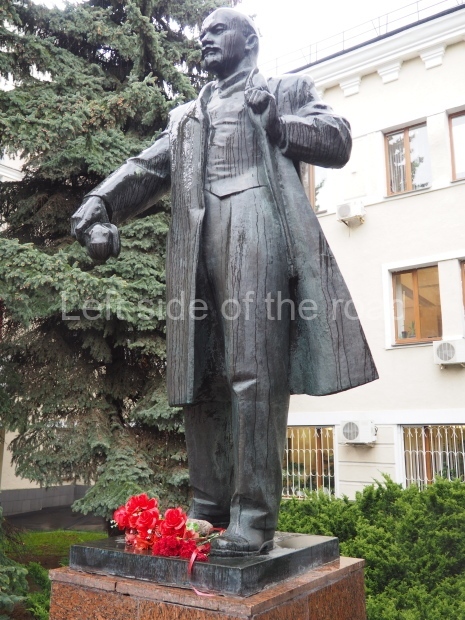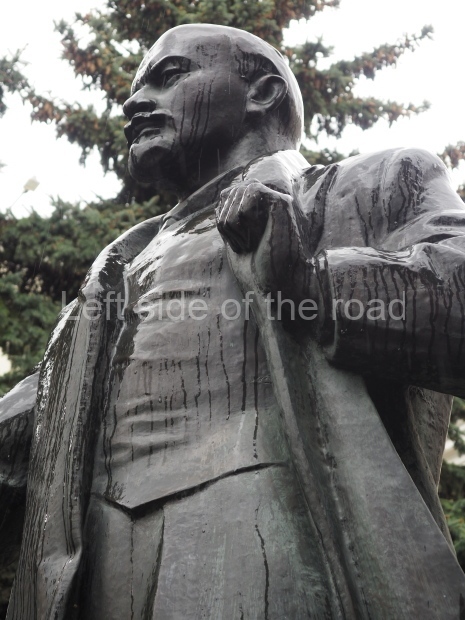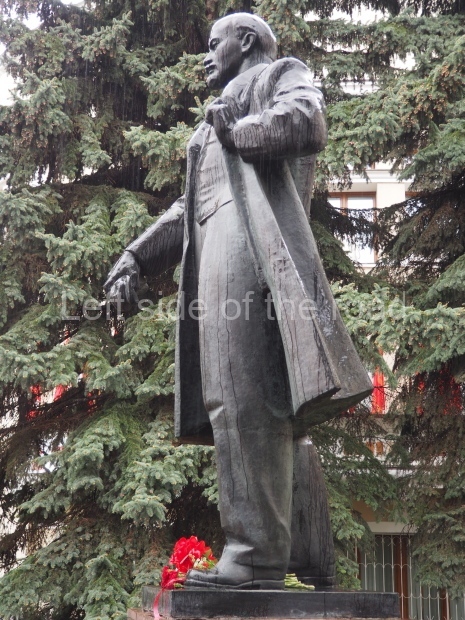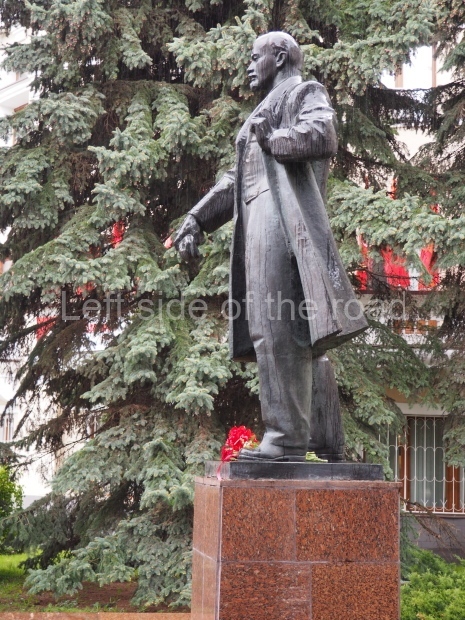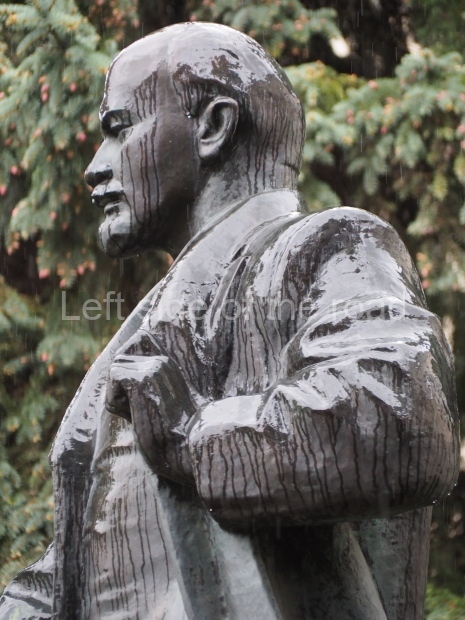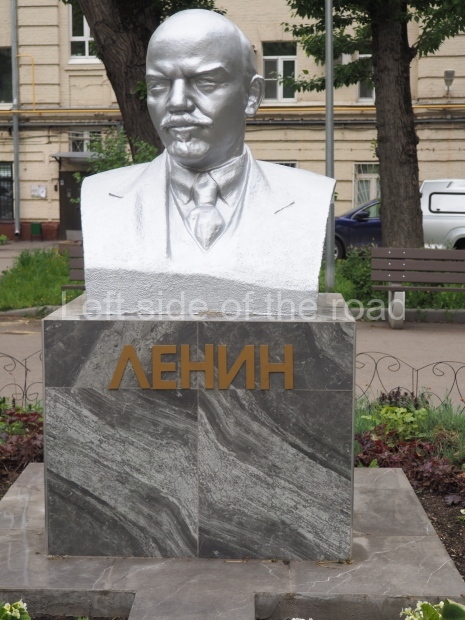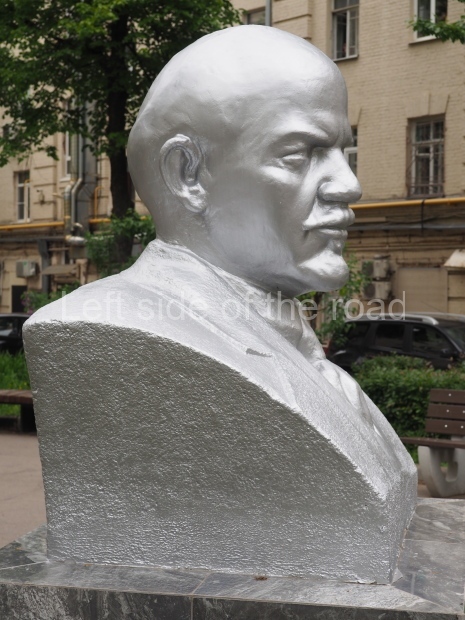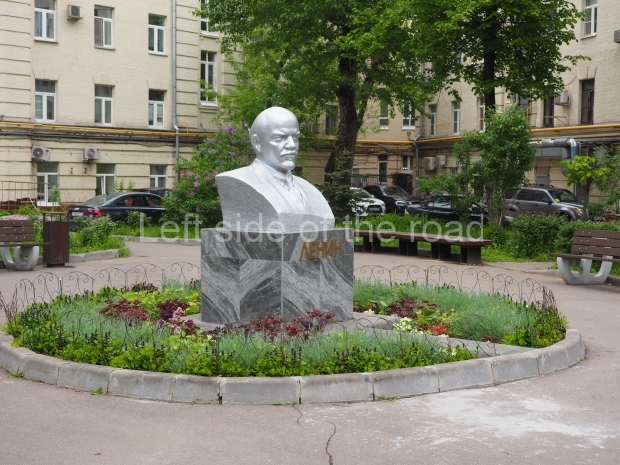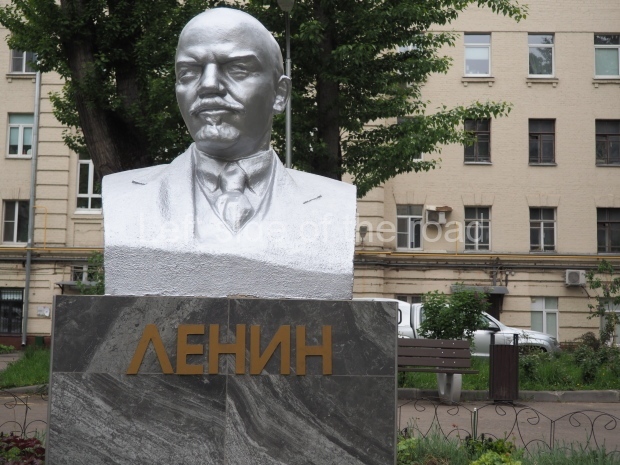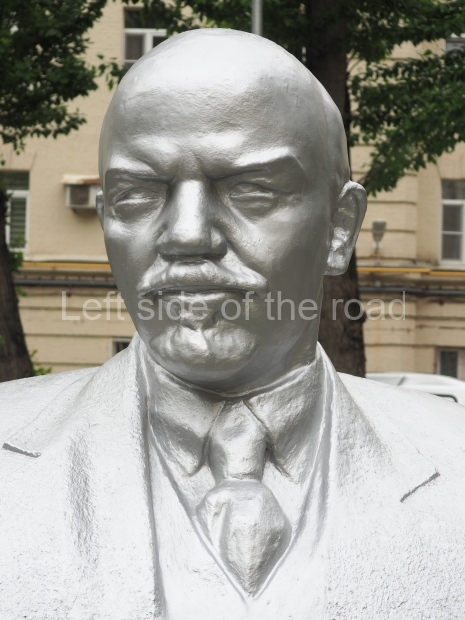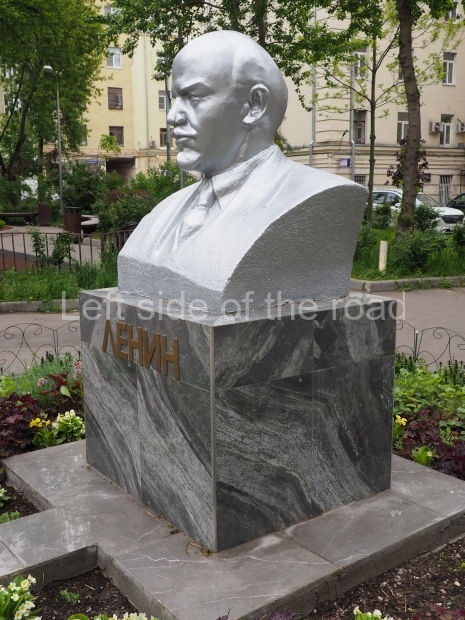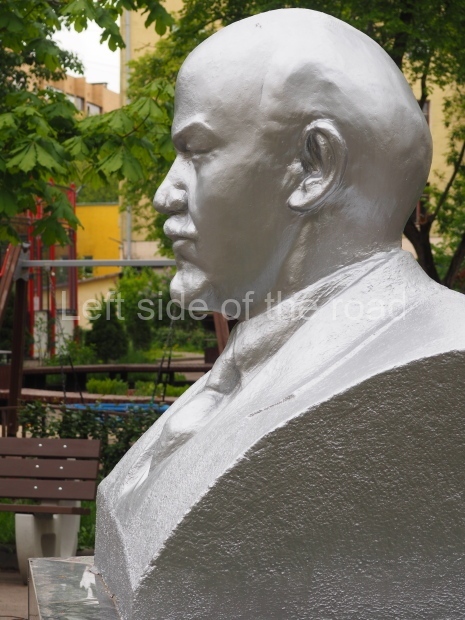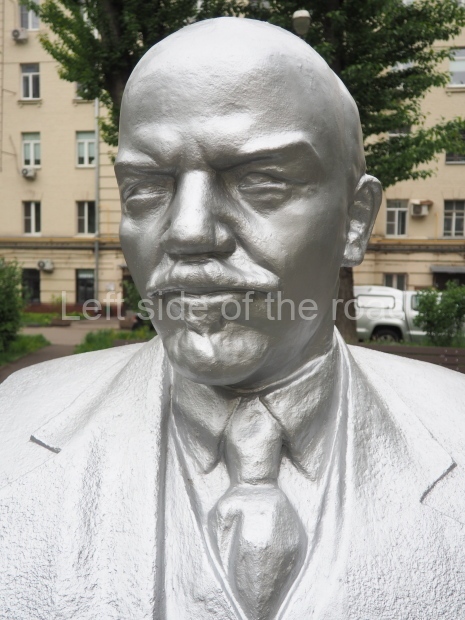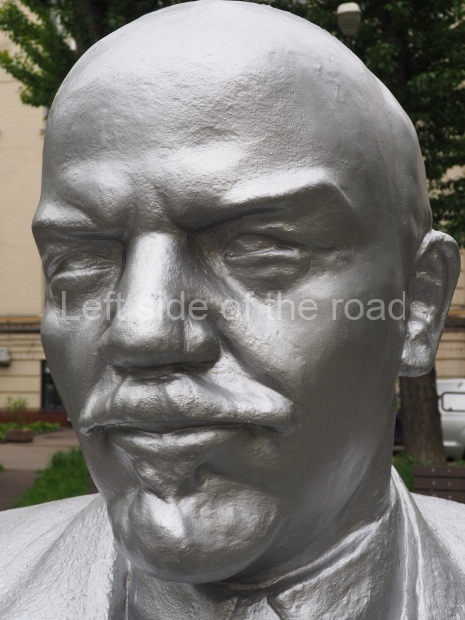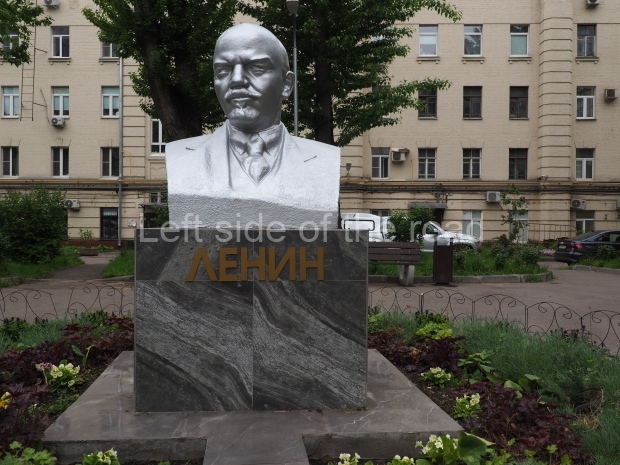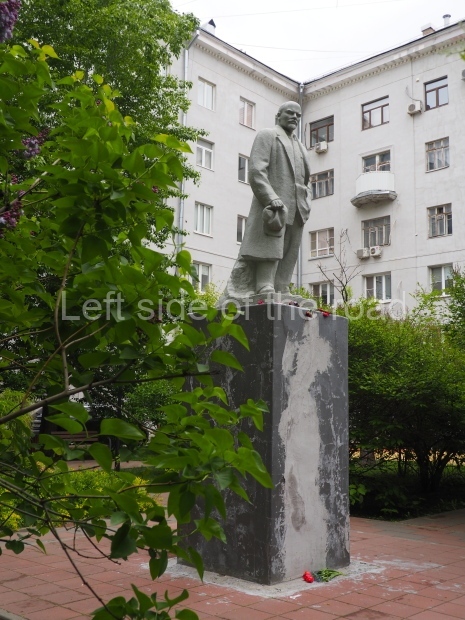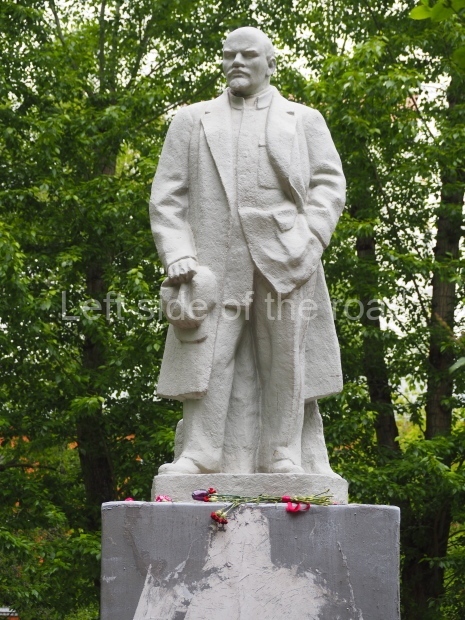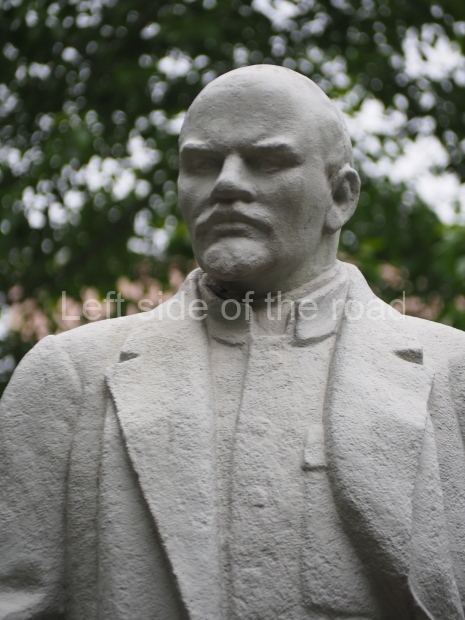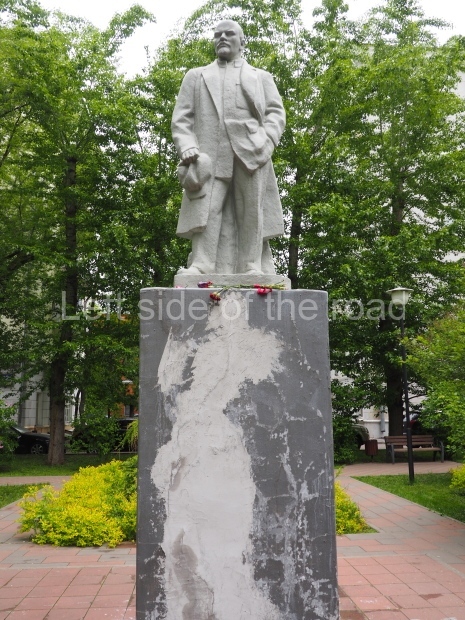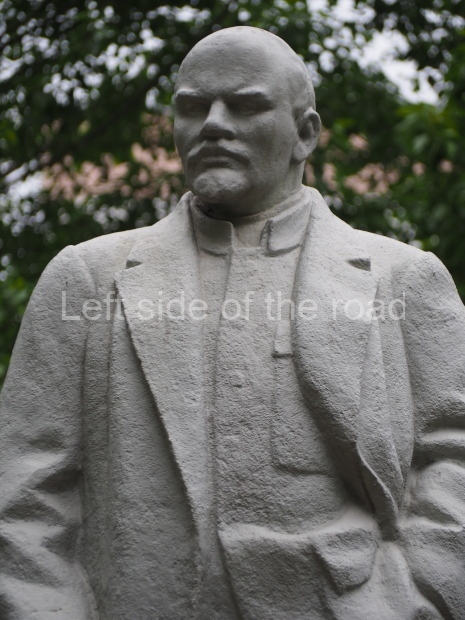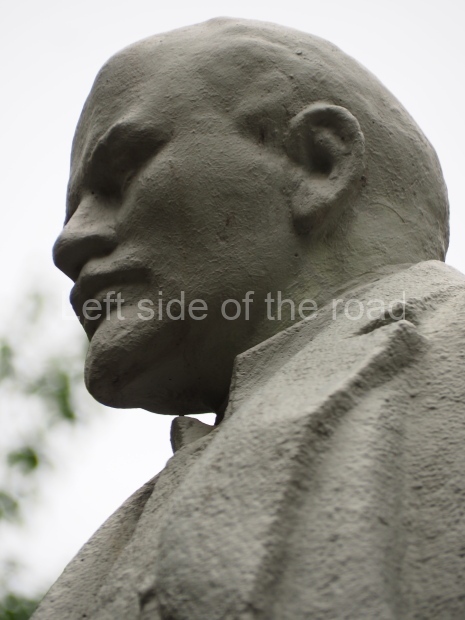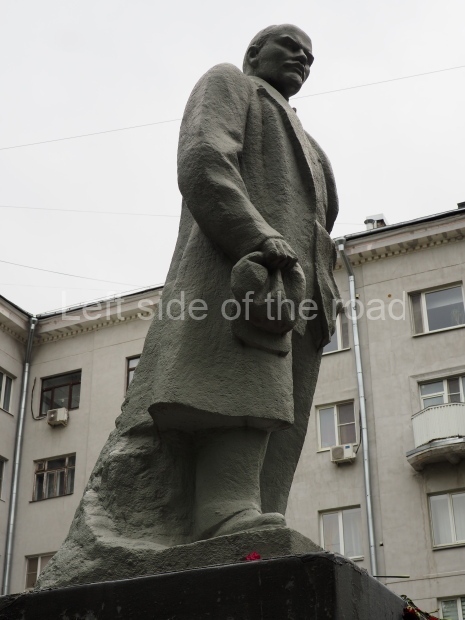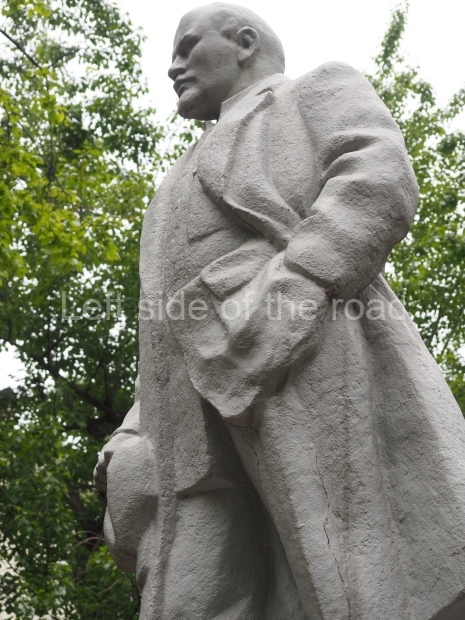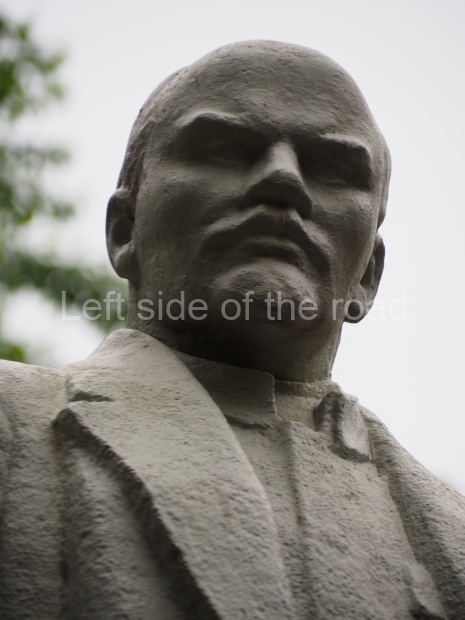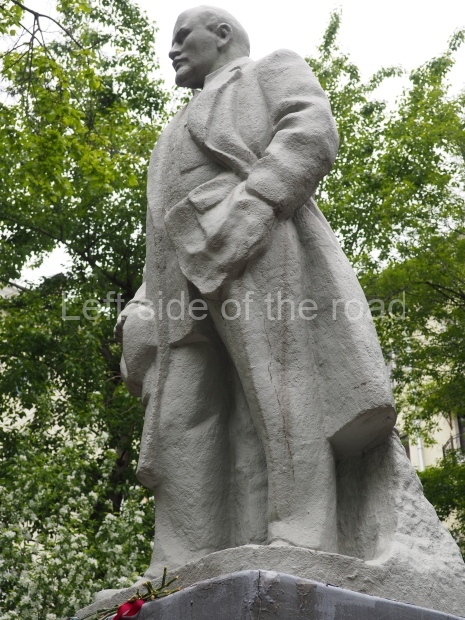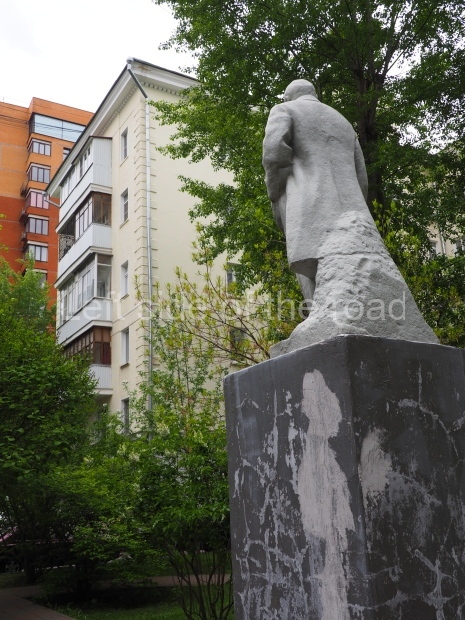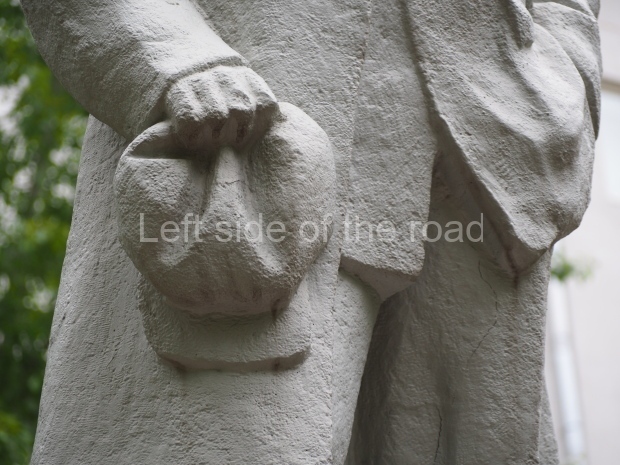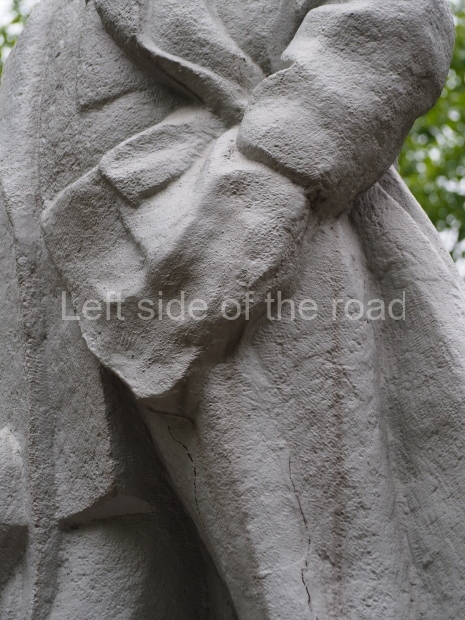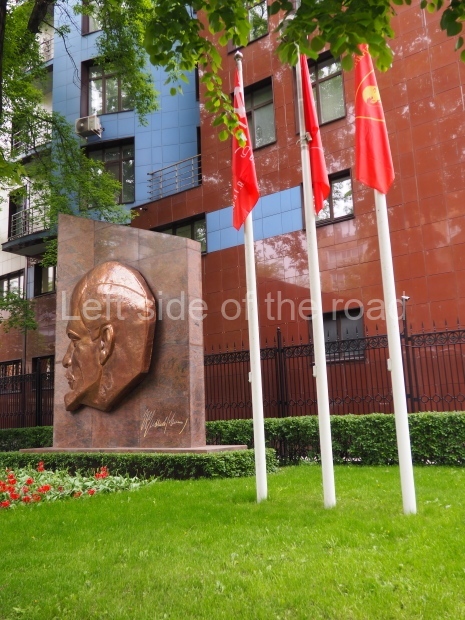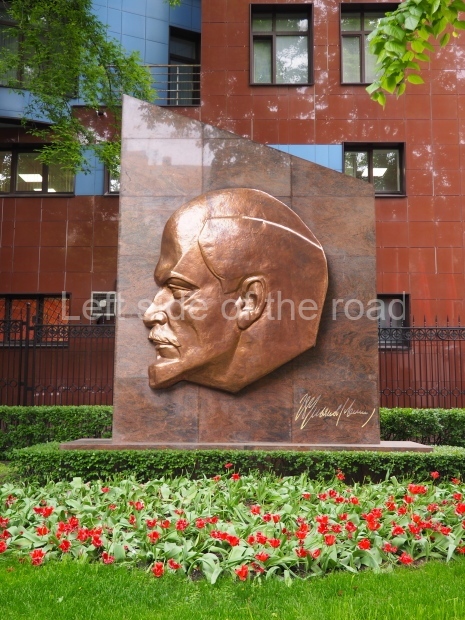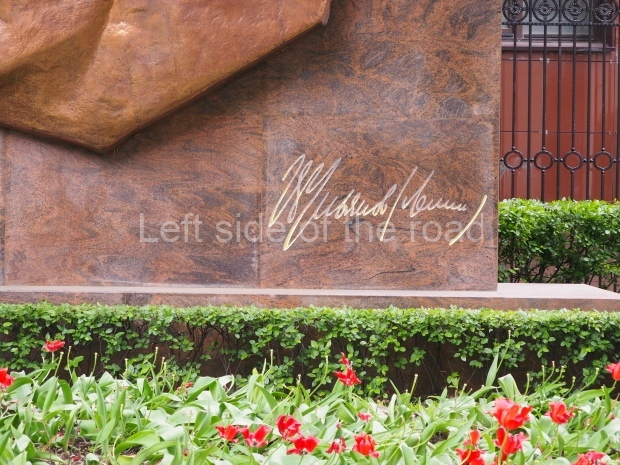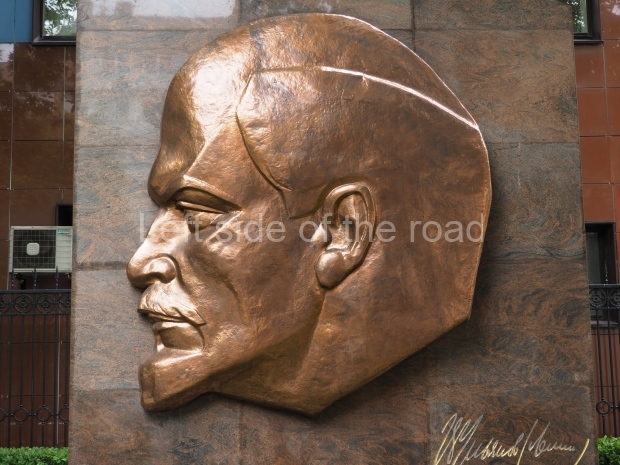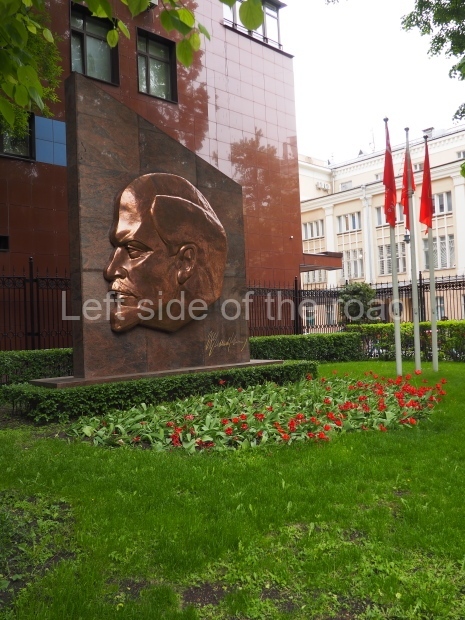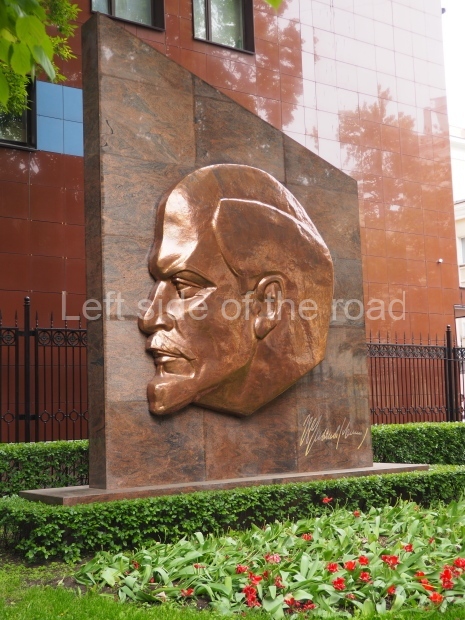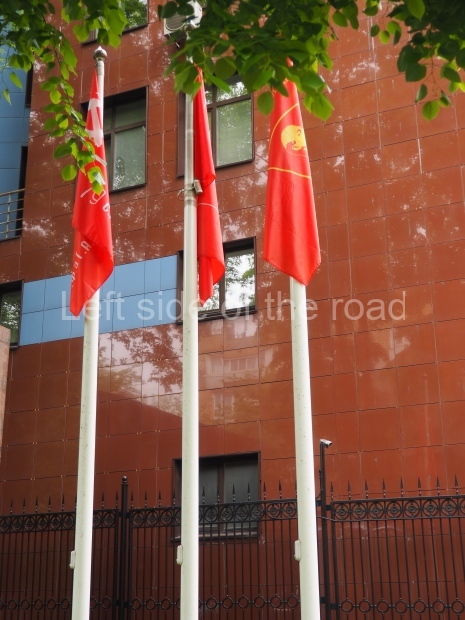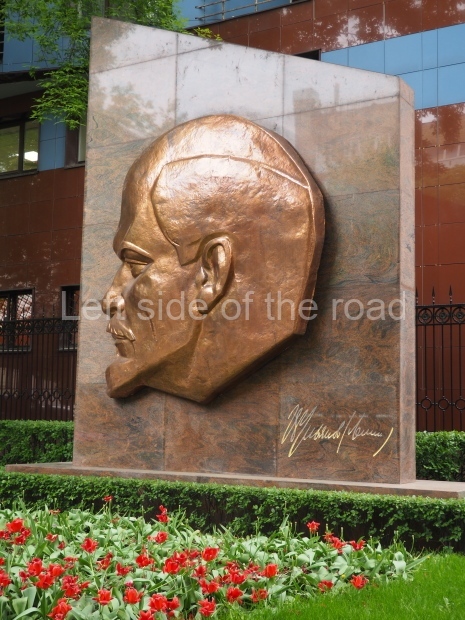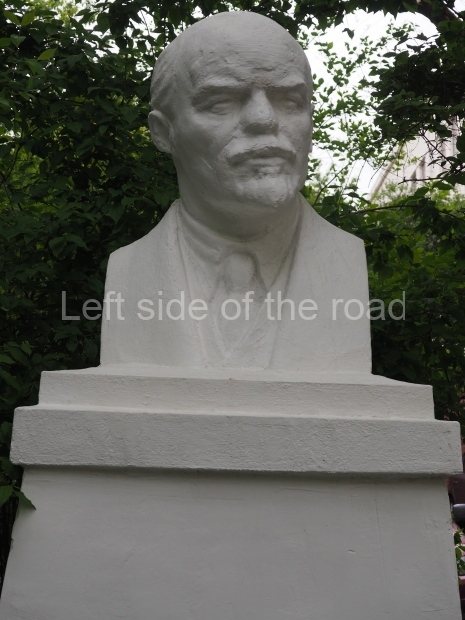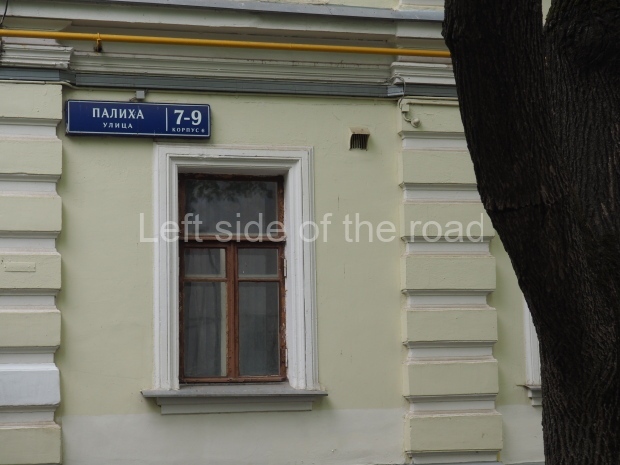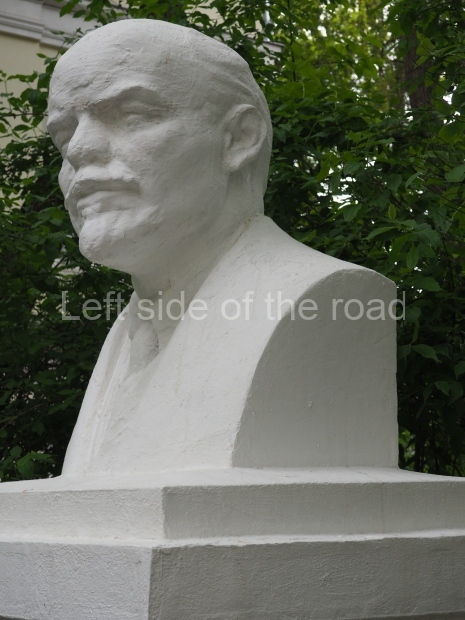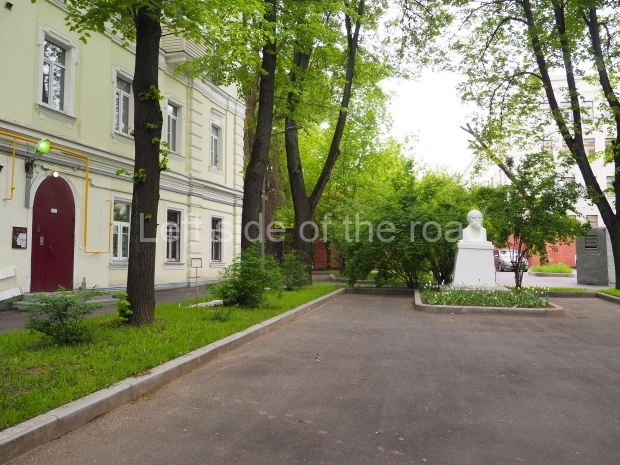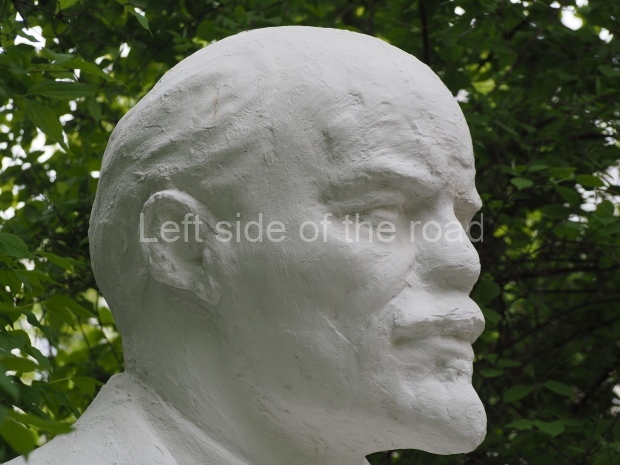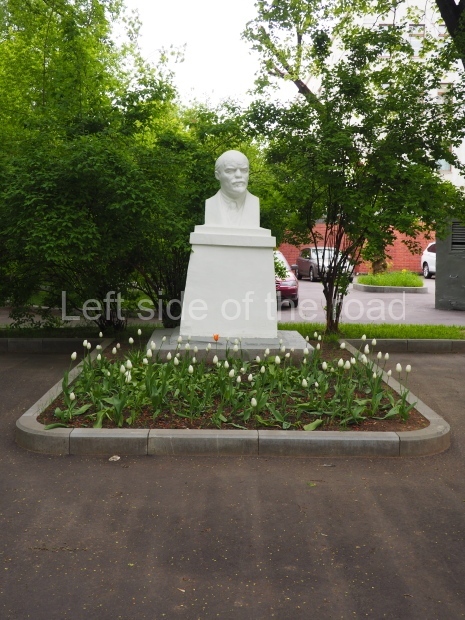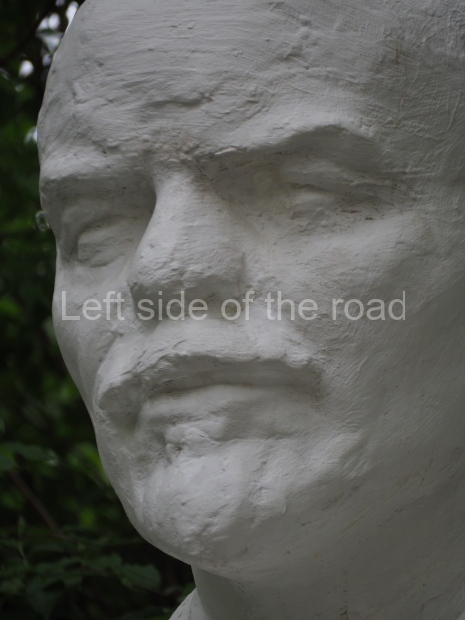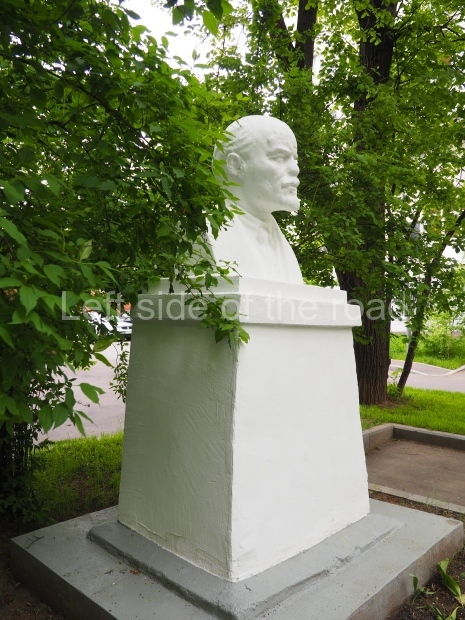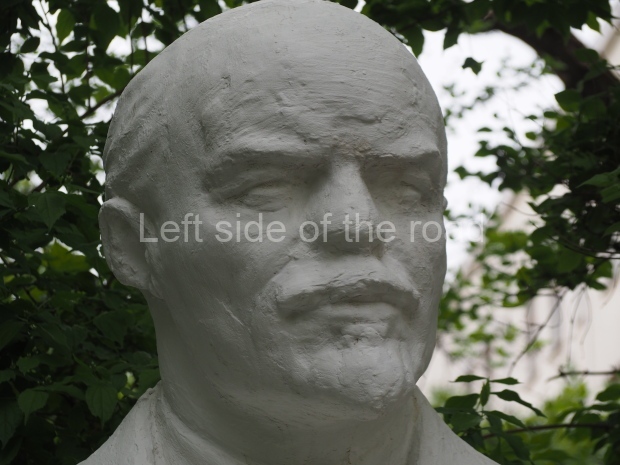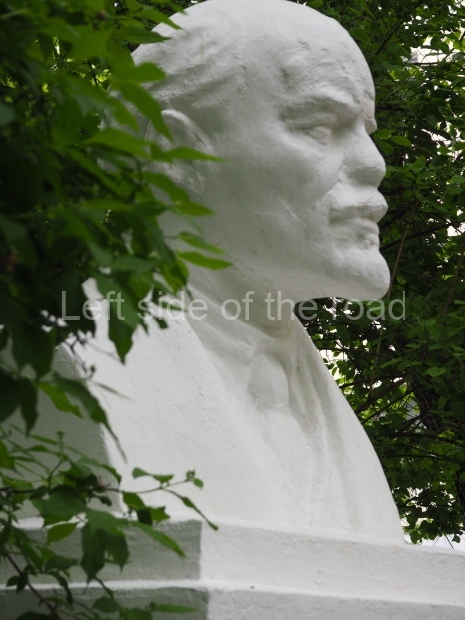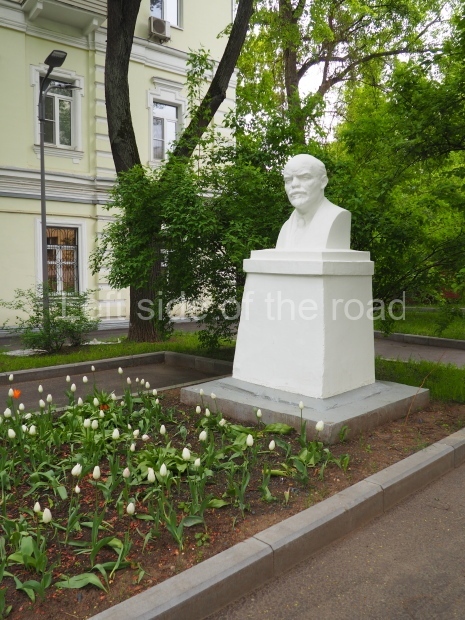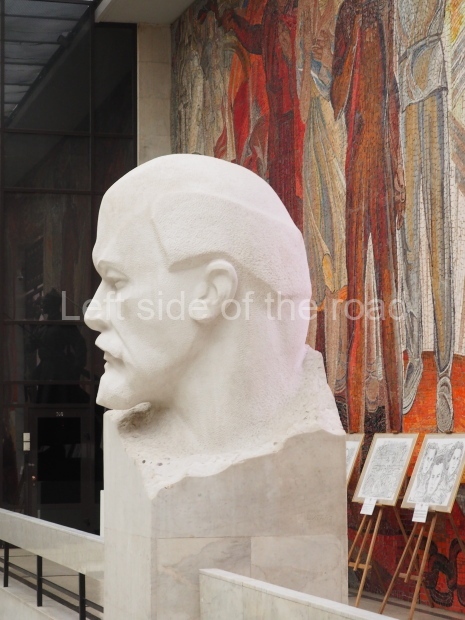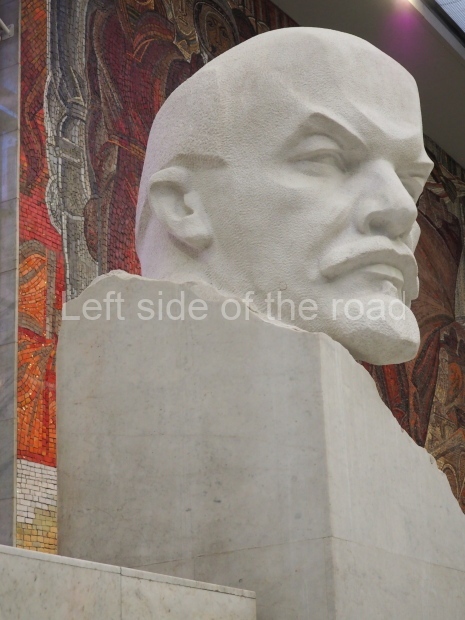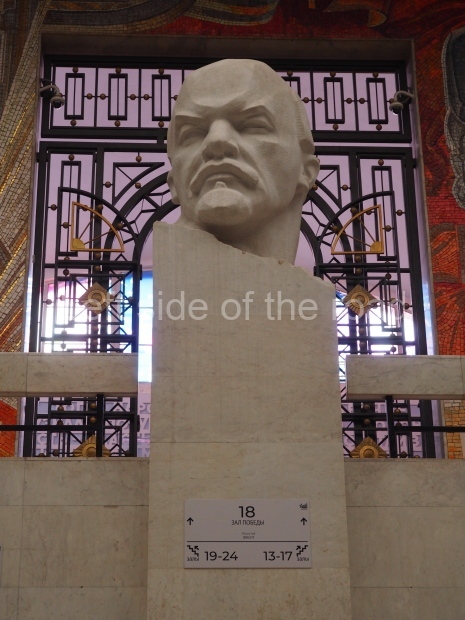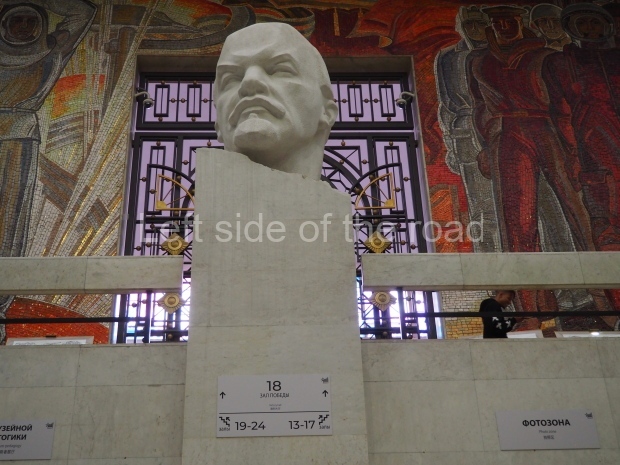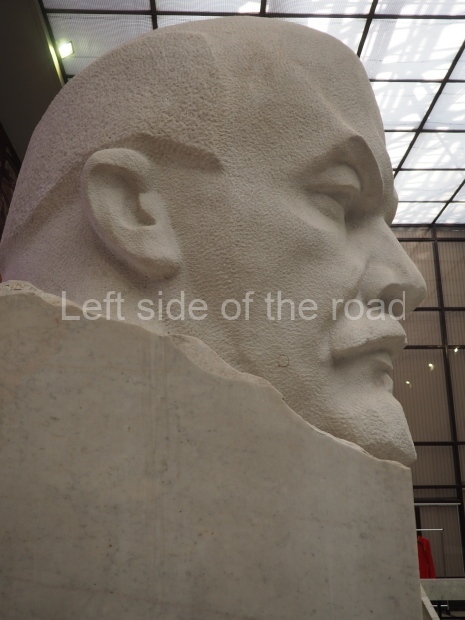
Red Flag
More on China …..
Hóngqí [Red Flag] Magazine – the Theoretical Journal of the Communist Party of China (1958-1977)
Hóngqí [Red Flag] was the Chinese language theoretical journal of the Communist Party of China from 1958 to 1988. Depending on the year it usually appeared monthly or twice-monthly. During the early-middle part of the Great Proletarian Cultural Revolution its publication was suspended (from December 1967 to July 1968) but after it resumed publication it again became an extremely important revolutionary leadership force during the rest of the Maoist socialist era along with the newspapers People’s Daily and People’s Liberation Army Daily.
Hóngqí was given its name by Mao and the Chinese characters used for the journal’s masthead were in Mao’s calligraphy. Its first editor was Mao’s secretary Chen Boda. It was the successor to the earlier CCP theoretical journal Xuexi [Study]. The capitalist-roaders replaced the by-then already totally revisionist Hóngqí journal with a new twice-monthly journal Qiúshì [‘Seeking Truth’] in July 1988.
The Joint Publications Research Service of the U.S. government translated into English many articles from issues of Hóngqí published during and after the Mao era and also many entire issues. We have made as many of these translated issues and articles as we can locate available here. However readers should keep in mind that these translations are unofficial and may not be entirely reliable.
A page for issues of Hóngqí in the years 1977-1988, which were published by the capitalist-roaders after Mao’s death, can be found here.
Below we only include those issues for which we have an English translation. A much more complete collection of the magazine in Chinese can be found on the bannedthought website at Hóngqí [Red Flag] Magazine.
Theoretical and polemical documents can also be found in the pages of Peking Review, published weekly during the period of the construction of Socialism.
1958:
No English versions available.
1959:
No. 23 48 pages, with these articles:
The problem of being ‘Red’ and ‘Expert’ is a problem of world viewpoint
The slogan of so-called ‘Freedom, Equality, Fraternity’
Carry out the revolution in the organization of production in the coal mining enterprises
One result of the labor competitions: introducing experiences of competition in technical demonstrations at Anshan
Use natural resources as effectively as possible in serving the cause of Socialist construction
No. 24 27 pages, with these articles:
Guarantee that industrial production will rise in balance while developing at high speed, by Hsu Hsin-hsueh
Overcome the weak cycles, realize an all-around leap
Forward in industrial production, by Sun Hung-chih
Mathematics and the realities of production, by Kuan Chao-chih
1960:
No. 6 45 pages, with these articles:
Develop the great people’s health work
A health Red-Flag city – Foshan in Kwangtung
The path of combining biological research work and production realities
Victory certainly belongs to the great African peoples
No. 8 19 pages, with these articles:
The new climate in the technical revolution in the factories
The great accomplishment of Vietnam in Socialist reformed construction
No. 9 62 pages, with these articles:
The ‘small foreign groups’ are promoting the Great Leap Forward in the iron and steel industry
Extensive operation of local railways
The laboring people must be the masters of machines
Realization of the automation of tea processing
The movement for the study of theory by the masses in Heilungkiang
The high tide of the national democratic movement in Latin America
The Czechoslovakian ideological and cultural revolution is advancing toward victory
No.13 21 pages, with these articles:
Develop the comprehensive use of lumber with artificial boards as the core
Engage extensively in the comprehensive use of lumber and in the chemical industry for lumber production
No.15 78 pages, with these articles:
Intensify the Socialist-Communist education campaign in the rural areas
Further develop the ‘two-participation, one-innovation and three-union’ system and raise the managerial standard in all enterprises
Fully utilize the wild fibers
Expedite the reform of agricultural techniques, intensify the farm tool innovation movement
Mass line in educational work
On the unity of opposites
1961:
No English versions available.
1962:
No English versions available.
1963:
No English versions available.
1964:
No English versions available.
1965:
No. 1
Part 1, 40 pages, with these articles:
Premier Chou En-Lai Reports on work of the Government
Resolution of National People’s Congress
Sixteen Poems
Part 2, 49 pages, with these articles:
Self-Reliance is magic wand
‘One into Two’ and Dynamic Thought
To seek the differences or the similarities?
Workers firmly oppose theory of ‘Class co-operation’
On scientific experiment
No. 2
Part 1, 34 pages, with these articles:
Lenin’s predictions about the Revolutionary Storms of the East
The Vietnamese People will win, U.S. imperialism will lose
How to view the enemy’s opposition
Part 2, 62 pages, with these articles:
Preface to Volume 3 of ‘Khrushchev’s Statement’
A new thing
The Red Lamp
The lamentations of a certain gentleman
No. 3 54 pages, with these articles:
Comment on March Moscow Meeting
An introduction to the Book Polemics on the General Line of the International Communist Movement
To inquire into everything
Comment on history of Imperialism’s use of Christianity to invade Africa
Selection of Revolutionary Songs
No. 4 62 pages, with these articles:
The great victory of Leninism
Drive US aggressors out of Vietnam
Publisher’s explanation of Volume 5 of ‘Khrushchev’s Statement’
Seventh anniversary of founding of Agricultural Middle Schools in Liangsu
Chairman Liu Shao-Ch’i commemorates Tenth Anniversary of Bandung Conference
Poems and cartoons on Aid-Vietnam Oppose-US Struggle
No. 5 44 pages, with these articles:
Commemorate victory over German Fascism
Carry struggle against US Imperialism to end
Historical experience of war against Fascism
Seeing the film ‘Conquering Berlin’ again
No. 6
Part 1, 34 pages, with these 2 articles:
Speech by P’eng Chen at the Indonesian Aliarcham Academy
Marx on Wages Prices and Profits in Capitalist Society
Part 2, 30 pages, with this article:
Pertaining to the discussion on the new view of Basic Particles by the Japanese physicist Sakada Shoichi
1966:
No. 1
Part 1, 40 pages, with these articles:
Speech by Chou Yang at All-China Conference of Spare Time Literary Creation Activists
Leaders of C.P.S.U. are betrayers of Declaration and Statement
Politics the Supreme Commander the very soul of our work
Part 2, 46 pages, with these articles:
High standard quality comes from high standard thinking
We cannot sit and wait for the development of the Socialist enterprise
A rural Film Projection Team
Deliver the books to the hands of the peasants
Course of mankind’s understanding of chemical elements
No. 2 124 pages, with these articles:
Confessions concerning line of Soviet-US collaboration pursued by new leaders of CPSU
Two books by new USSR Communist leadership advocate Soviet-American co-operation
Era of mastering theory by the masses of workers, peasants and soldiers has begun
Workers, farmers and soldiers study Mao Tse-Tung’s Thought with ingenuity and under real world conditions
Theories from ‘On Contradictions’ applied in cement kilns
Ten thousand kilometres: and one kilometre
How the ‘Old Procedure’ was broken time and again
Tend the store counter for the People and learn the skills in practice
Wu Han’s bourgeois view of history
A poor peasant family
No. 3
Part 1, 18 pages, with this one article:
The revolution in historiography must be carried to the very end (Unsigned article written in 1964.)
Part 2, 42 pages, with these articles:
Love weapons not make-up
Constant revolution in ideology and technology
Developing the determination to be a Revolutionary
The Victory of Mao Tse-Tung’s literary and artistic thinking
No. 4 106 pages, with these articles:
Letter of reply dated 22 March 1966 of Central Committee of CCP to Central Committee of CPSU
Letter of Central Committee of CPSU dated 24 February 1966 to Central Committee of CCP
Great revelations of the Paris Commune
Comrade Chien Po-tsan’s outlook on history should be criticized
Comrade Chiao Yu-lu is good example of creative study and application of Mao Tse-tung’s Thinking
Philosophical story-telling meetings
Wisdom comes from practice
Dialectics in daily work
Simplicity or complexity?
Bring forth politics and oppose compromise-ism
No. 5
Part 1, 64 pages, with these 2 articles:
Give prominence to politics, put Mao Tse-tung’s Thinking in command of everything
‘Hai Shui curses the Emperor’ and ‘The dismissal of Hai Shui’ are two great poisonous weeds
Part 2, 38 pages, with this one article:
Literature and art must insist on Marxist Epistemology — A Critique of Substantialism
No. 6
Part 1, 28 pages, with these articles:
Worker-Peasant-Soldier masses criticize Wu Han’s anti-Party. anti-Socialist political stand and academic viewpoint
Participation by Worker-Peasant-Soldier masses in academic criticism is an epoch-making event
Part 2, 18 pages, with this one article:
Raise high the Great Red Banner of Mao Tse-tung’s Thinking, take an active part in the Socialist Cultural Revolution, editorial in Liberation Army Daily on 18 April 1966 reprinted in Hongqi
Part 3, 28 pages, with this one article:
Commenting On Wu Han’s [Play] T’ou-Ch’iang-Chi by Shih Shao-pin
No. 7
Part 1, 32 pages, with this one article:
Criticism of San Chia Ts’un — The Reactionary Nature of Yen Shan Yeh-hua and San Chia Ts’un Tsa-chi by Yao Wen-yuan
Part 2, 16 pages, with this one article:
The standpoint of which class do the Editorial Departments of Ch’ien-Hsien and Peking Jih-Pao Take? by Ch’i Pen-yu
Part 3, 32 pages, with these three articles:
Never forget class struggle
Workers, Peasants and Soldiers attack anti-Party and anti-Socialist elements
Enhance politics, fully portray Heroes — Review of the novel: ‘Song of Ouyang Hai’
No. 8 50 pages, with these articles:
Put Mao Tse-Tung’s Thought in the forefront, Cadres give the lead at every level
Long Live the Great Proletarian Cultural Revolution
Sweep away all monsters
Mao Tse-Tung’s Thought is the telescope and microscope of our revolutionary cause
Workers, Peasants, Soldiers and Students denounce ‘Three-Family Village’ Counter-revolutionary clique
No. 9 90 pages, with these articles:
Talks at the Yenan Forum on Literature and Art — May 1942
Trust the masses rely on the masses
The compass for the Great Proletarian Cultural Revolution — Note on the reprinting of ‘Talks at the Yenan Forum on Literature and Art’
Thoroughly criticize and repudiate the revisionist line of some of the principal leading members of the former Peking Municipal Party Committee
Chou Yang’s Black Arrow to Turn History Upside Down — Comment on a note in the complete Works of Lu Hsun Vol. VI
‘National Defense Literature’ is a slogan of Wang Ming’s Right Opportunist Line
No.10 70 pages, with these articles:
Decision of the Central Committee of the Chinese Communist Party concerning the Great Proletarian Cultural Revolution
A Programmatic Document of the Great Proletarian Cultural Revolution
Energetically launch the mass campaign for studying Chairman Mao’s Writings speed up the Proletarian Revolutionization of Peasants’ Thought
Comment on Sun Yeh-fang’s reactionary political stand and economic program
The Three Poison Weeds of Hou Wai-lu’s comments of T’ang Hsien-tsu’s Plays
No.11 60 pages, with these articles:
Communique of the Eleventh Plenary Session of the Eighth Central Committee of the Communist Party of China
Our greatest leader, our dearest person
Comrade Lin Piao’s Speech
Comrade Chou En-lai’s Speech
Grow up braving storm and stress victoriously march forward along the road of Mao Tse-tung’s Thought
Selection of Revolutionary Big-Character Posters
- What have Sung Shuo Lu P’ing and P’ei-yun done in the Cultural Revolution?
- Long Live the Revolutionary Rebellious Spirit of the Proletariat
- More on Long Live the Revolutionary Rebellious Spirit of the Proletariat
- Third comment on Long Live the Revolutionary Rebellious Spirit of the Proletariat
- Bring out the proprietary attitude
- A letter to seven comrades
Hail the Big-Character Poster of Peking University
Saluting the revolutionary youths and teenagers
The General Election system of the Paris Commune
No.12 60 pages with these articles:
Comrade Lin Piao’s Speech (31 August 1966)
Comrade Lin Piao’s Speech (15 September 1966)
Comrade Chou En-lai’s Speech (31 August 1966)
Comrade Chou En-lai’s Speech (15 September 1966)
Hold fast to the main orientation in the struggle
Take firm hold of the Revolution and stimulate production
In praise of the Red Guards
Selected articles of the Red Guards
Chou Yang is not allowed to attack and disparage Lu Hsun
No.13
Part 1, 48 pages, with these 9 articles:
Comrade Lin Piao’s Speech
Follow along the high road of Mao Tse-tung’s Thought
For greater victories in revolution and production
Advance under the illumination of Mao Tse-tung’s Thinking
Ideological revolution motivates production revolution
Chairman Mao, you are the Red Sun of Our Heart!
The People’s Warriors remain loyal to Chairman Mao forever
The New Peking University forces ahead
Contribute your whole lifetime to the revolutionary cause
Part 2, 30 pages, with these 2 articles:
Build the company into a good school for Mao Tse-tung’s Thought
Manage well the oil wells for the People
Part 3, 20 pages, with this one article:
Arm the peasants with Thought of Mao Tse-tung, the basic experience of the Tachai Production Brigade in politico-ideological work
No.14 70 pages, with these articles:
Victory for the proletarian revolutionary line represented by Chairman Mao
Commemorate Lu Hsun and carry the Revolution through to the end
Learn from Lu Hsun, be faithful to Chairman Mao forever
Rebutting Simonov
Mao Tse-tung’s Thought illuminates Lu Hsun
Commemorating Lu Hsun’s rebellious spirit
Concluding speech at meeting in commemoration of Lu Hsun
Commemorating Lu Hsun Cultural Revolution
We must truly master the Thought of Mao Tse-tung
Dare to struggle, be good at struggle
Change the Thought of Mao Tse-tung into one’s own soul
Regard revolutionary interests as primary in life
New people nurtured and brought up by the Thought of Mao Tse-tung
No.15 65 pages, with these articles:
Comrade Mao Tse-Tung’s Message of Greetings
Comrade Lin Piao’s Speech at Peking Mass Rally
Literature and Art workers hold rally for Great Proletarian Cultural Revolution
Seize new victories
Dictatorship of the Proletariat and the Great Proletarian Cultural Revolution
The true features of Chien Po-Tsan an anti-Communist intellectual
1967:
No. 2
Part 1, 18 pages, with these articles:
Respond to Chairman Mao’s call, go among the masses
Long Live ‘To rebel is justified’
Creatively study and apply Chairman Mao’s
Writings in Great Proletarian Cultural Revolution
Labor must stand on the front ranks of Great Proletarian Cultural Revolution
Part 2, 69 pages, with these articles:
Message of greetings to Revolutionary Rebel Organizations in Shanghai
Take firm hold of the Revolution, promote production and utterly smash the new counter-attack launched by the bourgeois reactionary line
Revolutionary workers of newspapers send telegram saluting Chairman Mao
32 Shanghai Revolutionary Rebel Organizations issue ‘Urgent Notice’
Shanghai Revolutionary Rebels launch major attack on bourgeois reactionary line
Shanghai Revolutionary Rebel Organizations send telegram saluting Chairman Mao
Letter saluting Chairman Mao
Oppose economism and smash the latest counter-attack by the bourgeois reactionary line
Proletarian revolutionaries unite, thoroughly smash the new counter-attack of the bourgeois reactionary line
Firmly put in check the evil wind of economism
Money cannot change our will to rebel
Resolutely oppose economism
Proletarian Dictatorship and Proletarian Extensive Democracy
First step in forming one with the workers
No. 3
Part 1, 62 pages, with these 10 articles:
On Correcting Mistaken Ideas in the Party by Mao Tse-tung (1929)
On the proletarian revolutionaries’ struggle to seize power
On revolutionary discipline and revolutionary authority of the proletariat
The People’s Liberation Army firmly backs the proletarian revolutionaries
A great victory in the Great Proletarian Cultural Revolution in Shansi Province
Great alliance is the key factor
Spring thunder over Southwest China
A new dawn breaks over the Northeast
Get rid of ‘self-interest’, forge a great alliance of revolutionary rebels
After seizure of power
Part 2, 33 pages, with these 6 articles:
Shansi Revolutionary Rebel General Headquarters Public Notice No. 1
Tsingtao Municipal Revolutionary Rebel Committee Notice No. 1
Public Notice of the Kweichow Proletarian Revolutionary Rebel General Headquarters
Public Notice No. 1 of the Revolutionary Committee of Red Rebels in Heilungkiang Province
Power to exercise leadership over newspapers must be seized
Let us grasp the destiny of the seaport
No. 4
Part 1, Not yet available.
Part 2, 7 pages, with 1 article:
Creatively study and apply Chairman Mao’s Writings in supporting the struggle of proletarian revolutionaries to seize power by Wang Tse-chun
No. 5
Part 1, 82 pages, with these 10 articles:
Letter from the Central Committee of the Chinese Communist Party
On the revolutionary ‘Three-way alliance’
Patriotism or national betrayal?
The bourgeois reactionary line on the question of cadres must be criticized and repudiated
Go all out to mobilize the masses, smash the scheme for counter-revolutionary restoration
How we supported proletarian revolutionaries
Bravely advance in the teeth of class struggle
Tachai marches on under the brilliance of Mao Tse-Tung’s Thought
Resolutely carry out Chairman Mao’s Cadres Policy
Put Revolution in the first place
Part 2, 34 pages, with these 4 articles:
‘Hit hard at many in order to protect a handful’ is a component part of the bourgeois reactionary line
Follow Chairman Mao, carry the Revolution through to the end
Transportation situation exceedingly favorable after power seizure in Harbin Railway Bureau
Put Revolution in command of production
No. 8 46 pages, with these articles:
We Workers, Peasants and Soldiers must dominate the arena of literature and art
Long Live Chairman Mao’s revolutionary literary and art line
‘Taking the Bandits’ Stronghold’
No. 9 61 pages, with these articles:
The Talks at the Yenan Forum on Literature and Art is a revolutionary program for carrying out the Great Proletarian Cultural Revolution
Dockers have ascended the dramatic stage
‘Raid on the White Tiger Regiment’ is a good play manifesting the Thought of Mao Tse-tung
Workers, Peasants and Soldiers must occupy the art stage
Long Live Chairman Mao’s boundlessly brilliant revolutionary line on literature and art
A new victory of Chairman Mao’s revolutionary line for art and literature
Long Live the all-conquering Thought of Mao Tsetung on art and literature
No.10
Part 1, 70 pages, with these articles:
‘On the correct handling of contradictions among the people’ by Mao Tse-tung
A theoretical weapon for making revolution under the Dictatorship of the Proletariat
A great strategic measure
Stop the encroachment of bourgeois ideology
Never forget the general orientation of the struggle
Part 2, 46 pages, with these articles:
Creatively study and apply Chairman Mao’s Writings, correctly handle contradictions among the people
Make a strict distinction between the two different types of contradictions, correctly handle the deceived masses
Be forever loyal to Chairman Mao’s proletarian revolutionary line
Correctly understand and practice extensive democracy under the Dictatorship of the Proletariat
Shantung Provincial Revolutionary Committee’s Regulations on conscientiously improving Cadres’ style of work
Combine the Big Criticism with each unit’s struggle, criticism and reform
No.11 100 pages, with these articles:
Mao Tse-tung’s Thought illuminates the road for our Party’s victorious advance
The Military Government of Ne Win, the Chiang Kai-shek of Burma, is bound to fail! The People are bound to win!
People of Indonesia Unite and Fight to overthrow the Fascist Regime
Statement by the Political Bureau of the Central Committee of the Indonesian Communist Party
Self-criticism by the Political Bureau of the Central Committee of the Indonesian Communist Party
It is necessary to topple self-interest in order to realize the great alliance of revolutionaries
Rely on the masses and realize a great revolutionary alliance
Realize the great alliance of revolutionaries, return to school to make Revolution
Forever preserve the revolutionary color of the proletariat
Only by eliminating self-interest and fostering devotion to public interest can we hold and exercise power well
Transact business in strict accordance with Party policies
Hold high the banner of revolutionary great alliance
Resolutely support revolutionary cadres in coming forward
No.12 98 pages, with these articles:
Chairman Mao Tse-tung on People’s War
Long Live the Victory of People’s War!
The proletariat must take a firm hold of the gun
Open fierce fire on the chief enemy of the people
Politically and ideologically overthrow completely the handful of Capitalist Roaders within the Party
Recommending one good article
Let us go forward triumphantly along Chairman Mao’s proletarian line of army building
Resolutely defend Chairman Mao’s proletarian revolutionary line
No.13 109 pages, with these articles:
Bombard the headquarters
Along the Socialist or the capitalist road?
Completely smash the bourgeois headquarters
Resolution of 8th Plenary Session of 8th Central Committee of C.P.C. concerning the anti-Party clique headed by Peng Teh-huai
From the defeat of Peng Teh-huai to the bankruptcy of China’s Khrushchev
Scheming to betray the Party is aimed at usurping the Party
The bankruptcy of China’s ‘devotee of Parliament’
Song of Triumph on Tsinghai Plateau
Message saluting Chairman Mao Tse-tung
Socialist enterprises can never be allowed to be dragged astray onto the road of capitalism
Thorough criticism of the ‘Three-self, one-guarantee’ system geared to restoration of capitalism
Angry rebuke of the capitulationist program of the top Party person in authority taking the capitalist road
Lessons of the Arab war against aggression
No.14 49 pages, with these articles:
Comments on Tao Chu’s two books by Yao Wen-yuan
Bring about the revolutionary great alliance in the course of the high tide of revolutionary mass criticism and repudiation
Steadfastly stand behind the proletarian revolutionaries
The great Chinese People’s Liberation Army is a reliable pillar of the Dictatorship of the Proletariat and for the Great Proletarian Cultural Revolution
Further implement Chairman Mao’s great principle for grasping the Revolution and stimulating production
Resolutely trust and rely upon the great majority of Cadres
No.15 36 pages, with these articles:
Chairman Mao inspects North Central-South and East China
Comrade Lin Piao’s speech
Long Live Victory of the Great Cultural Revolution under the Dictatorship of the Proletariat
A great revolution to achieve the complete ascendancy of Mao Tse-tung’s Thought
‘Combat self-interest, criticize and repudiate revisionism’, carry out well the struggle-criticism-transformation in various schools and unite
Working class unite
No.16 78 pages, with these articles:
Carry out revolutionary great alliances according to fields of work
Comrade Lin Piao’s speech
Advance along the road opened up by the October Revolution
Struggle between the two roads in China’s countryside
Thoroughly establish the absolute authority of the Great Supreme Commander Chairman Mao and of his great thought
Study classes for Mao Tse-Tung’s Thought based on Three-way Combination are very good indeed
A good way to combat self-interest and criticize and repudiate revisionism
Carry out the activity of ‘One helping another to form a red pair’, develop and consolidate the revolutionary great alliance
1968:
No English versions available.
1969:
No English versions available.
1970:
No English versions available.
1971:
No English versions available.
1972:
No English versions available.
1973:
No English versions available.
1974:
No.10 One article, 5 pages:
Grasp the dialectical method of one dividing into two
1975:
No English versions available.
1976:
No. 1 Only a few articles presently available:
The Dictatorship of the Proletariat and the Great Proletarian Cultural Revolution by Chung Shih, 7 pages. (Article starts in the middle of the page.)
Firmly grasp the class struggle as the key link by Chih Heng, 7 pages.
Two articles, 13 pages:
Uphold Party’s basic line – a study of ‘On the correct handling of contradictions among the people’ The splendid poems that inspire us in our struggle – a study of the Two Poems of Chairman Mao by Yen Shui-kai
Communist Party Digest, No. 195, Author and Title Index to Hung-ch’i [Hongqi] for the years 1966-1967, 43 pages.
More on China …..



